Keenly Preesents
CHRIS SMALLFIELD
Chris Smallfield
VFX Supervisor & 3D Generalist
Chris Smallfield
VFX Supervisor & 3D Generalist
Chris Smallfield
VFX Supervisor & 3D Generalist
Chris Smallfield
VFX Supervisor & 3D Generalist
Chris Smallfield
VFX Supervisor & 3D Generalist
Berlin
Berlin
Berlin
Berlin
Berlin
Mario Gorniok (Interview, Ton)
Julia Cybulski (Kamera, Schnitt)
Mila Haegele (Redaktion)
Mario Gorniok (Interview, Ton)
Julia Cybulski (Kamera, Schnitt)
Mila Haegele (Redaktion)
Mario Gorniok (Interview, Ton)
Julia Cybulski (Kamera, Schnitt)
Mila Haegele (Redaktion)
Mario Gorniok (Interview, Ton)
Julia Cybulski (Kamera, Schnitt)
Mila Haegele (Redaktion)
Mario Gorniok (Interview, Ton)
Julia Cybulski (Kamera, Schnitt)
Mila Haegele (Redaktion)
„I think it’s important to have
a line , like you need to have a line which you don’t cross. A moral line
or a moral code for when you’re working on stuff.“
„I think it’s important to have a line , like you need to have a line which you don’t cross. A moral line
or a moral code for when you’re working on stuff.“
„I think it’s important to have a line , like you need to have a line which you don’t cross. A moral line or a moral code for when you’re working on stuff.“
„I think it’s important to have a line, like you need to have a line which you don’t cross. A moral
line or a moral code for when you’re working on stuff.“
„I think it’s important to have a line, like you need to have a line which you don’t cross. A moral line or a moral code for when you’re working on stuff.“
Welcome to our first english edition of Keenly preesents with VFX Supervisor & 3D Generalist Chris Smallfield. In this issue Chris provides insights about his job and his moral code working advertising.
Welcome to our first english edition of Keenly preesents with VFX Supervisor & 3D Generalist Chris Smallfield. In this issue Chris provides insights about his job and his moral code working advertising.
Welcome to our first english edition of Keenly preesents with VFX Supervisor & 3D Generalist Chris Smallfield. In this issue Chris provides insights about his job and his moral code working advertising.
Welcome to our first english edition of Keenly preesents with VFX Supervisor & 3D Generalist Chris Smallfield. In this issue Chris provides insights about his job and his moral code working advertising.
Welcome to our first english edition of Keenly preesents with VFX Supervisor & 3D Generalist Chris Smallfield. In this issue Chris provides insights about his job and his moral code working advertising.
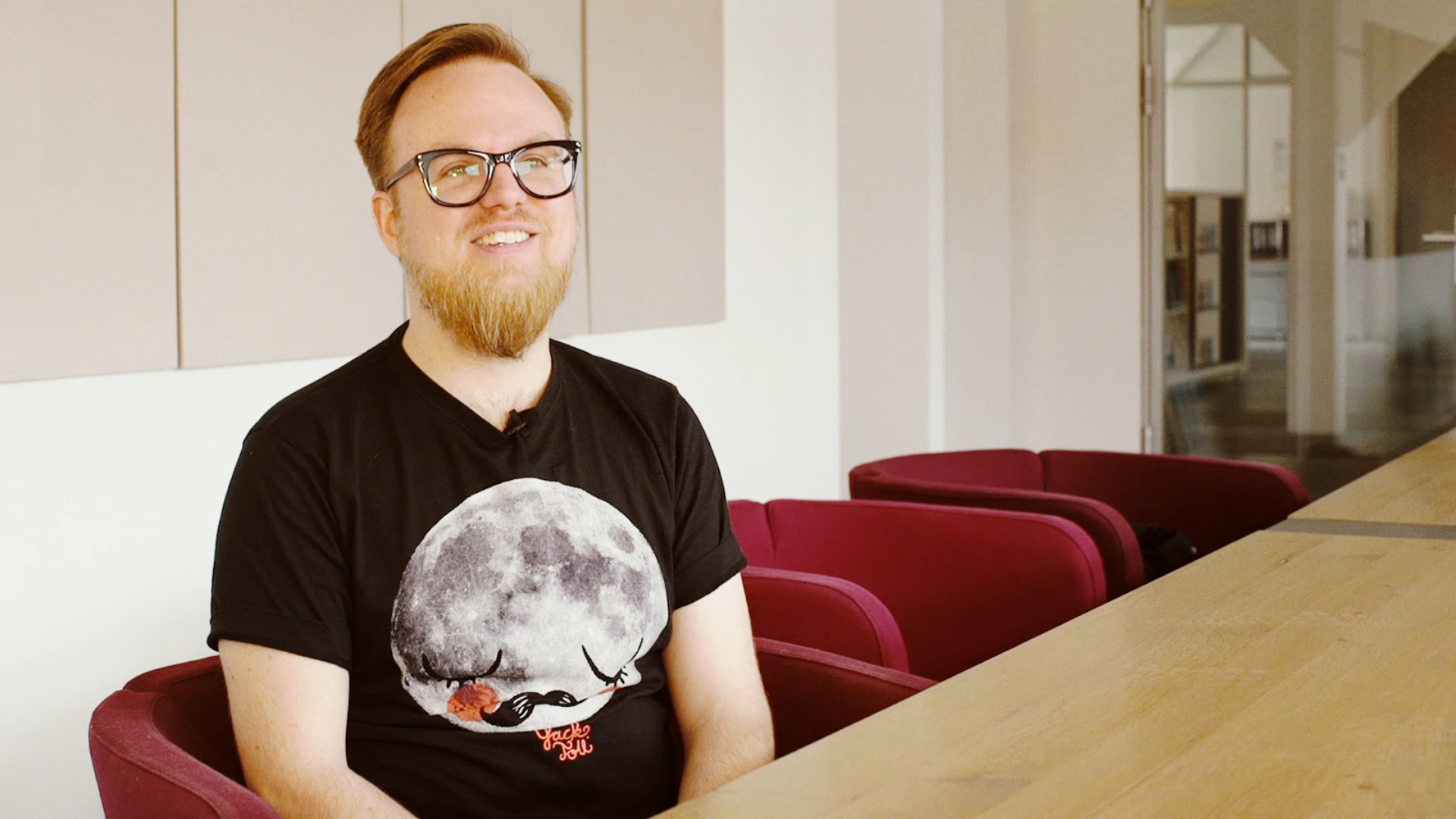
I’ve been an artist my whole life as long as I can remember. I went to university to study art as well, and i majored computer and animation. I went to Los Angeles and worked in visual effects and I’ve been doing that for about 12 years now. A lot of people specialize when they go to school or they are told to specialize but that wasn’t interesting for me because I like to touch every little bit of it.
This kind of experience sorts of supervising well because you are not necessarily the absolute expert in anyone category, but you know enough about each thing to know how they piece together and how you can work with people to make sort of a cool finish project. Every generalist has like they touch a little bit of everything but they always have sort one specialty and that for me would be lighting and rendering. I like this stuff quite a lot.
I think it’s important to have a line , like you need to have a line which you don’t cross. A moral line or a moral code for when you’re working on stuff cause like I wouldn’t do something for military or for guns, things like this I just wouldn’t wouldn’t on these commercials.
Can you remember your first experience with film?
Two movies: “Toy Story” and “Jurassic Park”. That was such a magic moment when you saw these dinosaurs come to life and you just believed it you know – you could understand how cel animation works. You draw one picture and it goes to the next. These kind of things are really tenable and understandable but you know before getting involved in 3D at all you have no concept of what they are doing. I would still imagine that they are drawing it but on a computer rather than doing it on a computer so that really motivated me.
I bought this 3D program, I was 14 years old and had a super slow computer 33 mh macintosh. It was Ray Dream Designer, it was the first one. And it was this 100 dollar 3D software that was from the 90’s. I have spent hours and hours trying to sort of recreate these things that I’ve seen. I totally blocked the computer for anyone else in my family but rendering became like a curse word in the family. Always rendering!
What was your most intense moment in your job so far?
It was for a toyota commercial and it was this commercial called “robosaurus” and it basically this very big robotic T Rex, it eats cars, tears them a half and blows fire and stuff. And what I had to do fly the Tennessee and go to one of these drag races, where it was going to be performing and I was gonna take pictures. And that was pretty cool, I was early twenties, just sent there with a camera and I had no idea what I was doing, really. I was sort of directing the dinosaur, this thing is like 5 meters tall or 10 meters, I don’t know, it was really big. They let me ride on it as it was coming down the track. So it’s coming down the track and they are all sorts of this cheap cars, that they gonna have this thing to destroy and they just signally “Okay, get off get off and go behind this barrier”.
So I went behind this first barrier not knowing that I was actually supposed to go behind another barrier, so I was still actually very close to this thing, taking a lots of pictures and then It starts to spinning around, shooting fire, picking up a car, it picks it up and then it starts turning and then i realized “Okay, this is really really close to me” and at a certain point, they are sort of tearing it apart and the flames coming out, it's like a disaster, so I had to jump over a fence at the last second. And people behind me screaming at me to get out of the way and stuff and I managed to get out of the way and it was fine and it all worked out, but when I returned back to the office and showed them all the footage I had, they were really impressed because they were like “Oh my god! Where did you got these shots from they are so close?!”, so it worked out.
Which current trends in your profession are currently particular interesting for you?
Camera technologies is a really interesting place right now in a couple ways. It’s been sort of democratized in that high quality cameras are really easy for everyone to buy. And then really, like every week, some new camera comes out, that has like really interesting functionality that they never had before. Like I just bought this Theta Cam which is this 360 degree camera, it just has two 180 degree lenses in it, but just in click you have 360 degrees – that’s really cool.
And it’s cool that you can just do these things sort of in a way where it used to be very expensive and time consuming and difficult. And then connected to that to display these kind of new images which would be VR, is really interesting as well. It will be interesting to see how people will learn to tell a story in VR when you don’t have cuts and your camera angle is not defined, there’s a lot of film language which you have to throw out the door, and then now we will have to come up with a new way to do it, which is a really cool opportunity for people working in this field at this moment.
Berlin, April 2016
I’ve been an artist my whole life as long as I can remember. I went to university to study art as well, and i majored computer and animation. I went to Los Angeles and worked in visual effects and I’ve been doing that for about 12 years now. A lot of people specialize when they go to school or they are told to specialize but that wasn’t interesting for me because I like to touch every little bit of it.
This kind of experience sorts of supervising well because you are not necessarily the absolute expert in anyone category, but you know enough about each thing to know how they piece together and how you can work with people to make sort of a cool finish project. Every generalist has like they touch a little bit of everything but they always have sort one specialty and that for me would be lighting and rendering. I like this stuff quite a lot.
I think it’s important to have a line , like you need to have a line which you don’t cross. A moral line or a moral code for when you’re working on stuff cause like I wouldn’t do something for military or for guns, things like this I just wouldn’t wouldn’t on these commercials.
Can you remember your first experience with film?
Two movies: “Toy Story” and “Jurassic Park”. That was such a magic moment when you saw these dinosaurs come to life and you just believed it you know – you could understand how cel animation works. You draw one picture and it goes to the next. These kind of things are really tenable and understandable but you know before getting involved in 3D at all you have no concept of what they are doing. I would still imagine that they are drawing it but on a computer rather than doing it on a computer so that really motivated me.
I bought this 3D program, I was 14 years old and had a super slow computer 33 mh macintosh. It was Ray Dream Designer, it was the first one. And it was this 100 dollar 3D software that was from the 90’s. I have spent hours and hours trying to sort of recreate these things that I’ve seen. I totally blocked the computer for anyone else in my family but rendering became like a curse word in the family. Always rendering!
What was your most intense moment in your job so far?
It was for a toyota commercial and it was this commercial called “robosaurus” and it basically this very big robotic T Rex, it eats cars, tears them a half and blows fire and stuff. And what I had to do fly the Tennessee and go to one of these drag races, where it was going to be performing and I was gonna take pictures. And that was pretty cool, I was early twenties, just sent there with a camera and I had no idea what I was doing, really. I was sort of directing the dinosaur, this thing is like 5 meters tall or 10 meters, I don’t know, it was really big. They let me ride on it as it was coming down the track. So it’s coming down the track and they are all sorts of this cheap cars, that they gonna have this thing to destroy and they just signally “Okay, get off get off and go behind this barrier”.
So I went behind this first barrier not knowing that I was actually supposed to go behind another barrier, so I was still actually very close to this thing, taking a lots of pictures and then It starts to spinning around, shooting fire, picking up a car, it picks it up and then it starts turning and then i realized “Okay, this is really really close to me” and at a certain point, they are sort of tearing it apart and the flames coming out, it's like a disaster, so I had to jump over a fence at the last second. And people behind me screaming at me to get out of the way and stuff and I managed to get out of the way and it was fine and it all worked out, but when I returned back to the office and showed them all the footage I had, they were really impressed because they were like “Oh my god! Where did you got these shots from they are so close?!”, so it worked out.
Which current trends in your profession are currently particular interesting for you?
Camera technologies is a really interesting place right now in a couple ways. It’s been sort of democratized in that high quality cameras are really easy for everyone to buy. And then really, like every week, some new camera comes out, that has like really interesting functionality that they never had before. Like I just bought this Theta Cam which is this 360 degree camera, it just has two 180 degree lenses in it, but just in click you have 360 degrees – that’s really cool.
And it’s cool that you can just do these things sort of in a way where it used to be very expensive and time consuming and difficult. And then connected to that to display these kind of new images which would be VR, is really interesting as well. It will be interesting to see how people will learn to tell a story in VR when you don’t have cuts and your camera angle is not defined, there’s a lot of film language which you have to throw out the door, and then now we will have to come up with a new way to do it, which is a really cool opportunity for people working in this field at this moment.
Berlin, April 2016
I’ve been an artist my whole life as long as I can remember. I went to university to study art as well, and i majored computer and animation. I went to Los Angeles and worked in visual effects and I’ve been doing that for about 12 years now. A lot of people specialize when they go to school or they are told to specialize but that wasn’t interesting for me because I like to touch every little bit of it.
This kind of experience sorts of supervising well because you are not necessarily the absolute expert in anyone category, but you know enough about each thing to know how they piece together and how you can work with people to make sort of a cool finish project. Every generalist has like they touch a little bit of everything but they always have sort one specialty and that for me would be lighting and rendering. I like this stuff quite a lot.
I think it’s important to have a line , like you need to have a line which you don’t cross. A moral line or a moral code for when you’re working on stuff cause like I wouldn’t do something for military or for guns, things like this I just wouldn’t wouldn’t on these commercials.
Can you remember your first experience with film?
Two movies: “Toy Story” and “Jurassic Park”. That was such a magic moment when you saw these dinosaurs come to life and you just believed it you know – you could understand how cel animation works. You draw one picture and it goes to the next. These kind of things are really tenable and understandable but you know before getting involved in 3D at all you have no concept of what they are doing. I would still imagine that they are drawing it but on a computer rather than doing it on a computer so that really motivated me.
I bought this 3D program, I was 14 years old and had a super slow computer 33 mh macintosh. It was Ray Dream Designer, it was the first one. And it was this 100 dollar 3D software that was from the 90’s. I have spent hours and hours trying to sort of recreate these things that I’ve seen. I totally blocked the computer for anyone else in my family but rendering became like a curse word in the family. Always rendering!
What was your most intense moment in your job so far?
It was for a toyota commercial and it was this commercial called “robosaurus” and it basically this very big robotic T Rex, it eats cars, tears them a half and blows fire and stuff. And what I had to do fly the Tennessee and go to one of these drag races, where it was going to be performing and I was gonna take pictures. And that was pretty cool, I was early twenties, just sent there with a camera and I had no idea what I was doing, really. I was sort of directing the dinosaur, this thing is like 5 meters tall or 10 meters, I don’t know, it was really big. They let me ride on it as it was coming down the track. So it’s coming down the track and they are all sorts of this cheap cars, that they gonna have this thing to destroy and they just signally “Okay, get off get off and go behind this barrier”.
So I went behind this first barrier not knowing that I was actually supposed to go behind another barrier, so I was still actually very close to this thing, taking a lots of pictures and then It starts to spinning around, shooting fire, picking up a car, it picks it up and then it starts turning and then i realized “Okay, this is really really close to me” and at a certain point, they are sort of tearing it apart and the flames coming out, it's like a disaster, so I had to jump over a fence at the last second. And people behind me screaming at me to get out of the way and stuff and I managed to get out of the way and it was fine and it all worked out, but when I returned back to the office and showed them all the footage I had, they were really impressed because they were like “Oh my god! Where did you got these shots from they are so close?!”, so it worked out.
Which current trends in your profession are currently particular interesting for you?
Camera technologies is a really interesting place right now in a couple ways. It’s been sort of democratized in that high quality cameras are really easy for everyone to buy. And then really, like every week, some new camera comes out, that has like really interesting functionality that they never had before. Like I just bought this Theta Cam which is this 360 degree camera, it just has two 180 degree lenses in it, but just in click you have 360 degrees – that’s really cool.
And it’s cool that you can just do these things sort of in a way where it used to be very expensive and time consuming and difficult. And then connected to that to display these kind of new images which would be VR, is really interesting as well. It will be interesting to see how people will learn to tell a story in VR when you don’t have cuts and your camera angle is not defined, there’s a lot of film language which you have to throw out the door, and then now we will have to come up with a new way to do it, which is a really cool opportunity for people working in this field at this moment.
Berlin, April 2016
I’ve been an artist my whole life as long as I can remember. I went to university to study art as well, and i majored computer and animation. I went to Los Angeles and worked in visual effects and I’ve been doing that for about 12 years now. A lot of people specialize when they go to school or they are told to specialize but that wasn’t interesting for me because I like to touch every little bit of it.
This kind of experience sorts of supervising well because you are not necessarily the absolute expert in anyone category, but you know enough about each thing to know how they piece together and how you can work with people to make sort of a cool finish project. Every generalist has like they touch a little bit of everything but they always have sort one specialty and that for me would be lighting and rendering. I like this stuff quite a lot.
I think it’s important to have a line , like you need to have a line which you don’t cross. A moral line or a moral code for when you’re working on stuff cause like I wouldn’t do something for military or for guns, things like this I just wouldn’t wouldn’t on these commercials.
Can you remember your first experience with film?
Two movies: “Toy Story” and “Jurassic Park”. That was such a magic moment when you saw these dinosaurs come to life and you just believed it you know – you could understand how cel animation works. You draw one picture and it goes to the next. These kind of things are really tenable and understandable but you know before getting involved in 3D at all you have no concept of what they are doing. I would still imagine that they are drawing it but on a computer rather than doing it on a computer so that really motivated me.
I bought this 3D program, I was 14 years old and had a super slow computer 33 mh macintosh. It was Ray Dream Designer, it was the first one. And it was this 100 dollar 3D software that was from the 90’s. I have spent hours and hours trying to sort of recreate these things that I’ve seen. I totally blocked the computer for anyone else in my family but rendering became like a curse word in the family. Always rendering!
What was your most intense moment in your job so far?
It was for a toyota commercial and it was this commercial called “robosaurus” and it basically this very big robotic T Rex, it eats cars, tears them a half and blows fire and stuff. And what I had to do fly the Tennessee and go to one of these drag races, where it was going to be performing and I was gonna take pictures. And that was pretty cool, I was early twenties, just sent there with a camera and I had no idea what I was doing, really. I was sort of directing the dinosaur, this thing is like 5 meters tall or 10 meters, I don’t know, it was really big. They let me ride on it as it was coming down the track. So it’s coming down the track and they are all sorts of this cheap cars, that they gonna have this thing to destroy and they just signally “Okay, get off get off and go behind this barrier”.
So I went behind this first barrier not knowing that I was actually supposed to go behind another barrier, so I was still actually very close to this thing, taking a lots of pictures and then It starts to spinning around, shooting fire, picking up a car, it picks it up and then it starts turning and then i realized “Okay, this is really really close to me” and at a certain point, they are sort of tearing it apart and the flames coming out, it's like a disaster, so I had to jump over a fence at the last second. And people behind me screaming at me to get out of the way and stuff and I managed to get out of the way and it was fine and it all worked out, but when I returned back to the office and showed them all the footage I had, they were really impressed because they were like “Oh my god! Where did you got these shots from they are so close?!”, so it worked out.
Which current trends in your profession are currently particular interesting for you?
Camera technologies is a really interesting place right now in a couple ways. It’s been sort of democratized in that high quality cameras are really easy for everyone to buy. And then really, like every week, some new camera comes out, that has like really interesting functionality that they never had before. Like I just bought this Theta Cam which is this 360 degree camera, it just has two 180 degree lenses in it, but just in click you have 360 degrees – that’s really cool.
And it’s cool that you can just do these things sort of in a way where it used to be very expensive and time consuming and difficult. And then connected to that to display these kind of new images which would be VR, is really interesting as well. It will be interesting to see how people will learn to tell a story in VR when you don’t have cuts and your camera angle is not defined, there’s a lot of film language which you have to throw out the door, and then now we will have to come up with a new way to do it, which is a really cool opportunity for people working in this field at this moment.
Berlin, April 2016
I’ve been an artist my whole life as long as I can remember. I went to university to study art as well, and i majored computer and animation. I went to Los Angeles and worked in visual effects and I’ve been doing that for about 12 years now. A lot of people specialize when they go to school or they are told to specialize but that wasn’t interesting for me because I like to touch every little bit of it.
This kind of experience sorts of supervising well because you are not necessarily the absolute expert in anyone category, but you know enough about each thing to know how they piece together and how you can work with people to make sort of a cool finish project. Every generalist has like they touch a little bit of everything but they always have sort one specialty and that for me would be lighting and rendering. I like this stuff quite a lot.
I think it’s important to have a line , like you need to have a line which you don’t cross. A moral line or a moral code for when you’re working on stuff cause like I wouldn’t do something for military or for guns, things like this I just wouldn’t wouldn’t on these commercials.
Can you remember your first experience with film?
Two movies: “Toy Story” and “Jurassic Park”. That was such a magic moment when you saw these dinosaurs come to life and you just believed it you know – you could understand how cel animation works. You draw one picture and it goes to the next. These kind of things are really tenable and understandable but you know before getting involved in 3D at all you have no concept of what they are doing. I would still imagine that they are drawing it but on a computer rather than doing it on a computer so that really motivated me.
I bought this 3D program, I was 14 years old and had a super slow computer 33 mh macintosh. It was Ray Dream Designer, it was the first one. And it was this 100 dollar 3D software that was from the 90’s. I have spent hours and hours trying to sort of recreate these things that I’ve seen. I totally blocked the computer for anyone else in my family but rendering became like a curse word in the family. Always rendering!
What was your most intense moment in your job so far?
It was for a toyota commercial and it was this commercial called “robosaurus” and it basically this very big robotic T Rex, it eats cars, tears them a half and blows fire and stuff. And what I had to do fly the Tennessee and go to one of these drag races, where it was going to be performing and I was gonna take pictures. And that was pretty cool, I was early twenties, just sent there with a camera and I had no idea what I was doing, really. I was sort of directing the dinosaur, this thing is like 5 meters tall or 10 meters, I don’t know, it was really big. They let me ride on it as it was coming down the track. So it’s coming down the track and they are all sorts of this cheap cars, that they gonna have this thing to destroy and they just signally “Okay, get off get off and go behind this barrier”.
So I went behind this first barrier not knowing that I was actually supposed to go behind another barrier, so I was still actually very close to this thing, taking a lots of pictures and then It starts to spinning around, shooting fire, picking up a car, it picks it up and then it starts turning and then i realized “Okay, this is really really close to me” and at a certain point, they are sort of tearing it apart and the flames coming out, it's like a disaster, so I had to jump over a fence at the last second. And people behind me screaming at me to get out of the way and stuff and I managed to get out of the way and it was fine and it all worked out, but when I returned back to the office and showed them all the footage I had, they were really impressed because they were like “Oh my god! Where did you got these shots from they are so close?!”, so it worked out.
Which current trends in your profession are currently particular interesting for you?
Camera technologies is a really interesting place right now in a couple ways. It’s been sort of democratized in that high quality cameras are really easy for everyone to buy. And then really, like every week, some new camera comes out, that has like really interesting functionality that they never had before. Like I just bought this Theta Cam which is this 360 degree camera, it just has two 180 degree lenses in it, but just in click you have 360 degrees – that’s really cool.
And it’s cool that you can just do these things sort of in a way where it used to be very expensive and time consuming and difficult. And then connected to that to display these kind of new images which would be VR, is really interesting as well. It will be interesting to see how people will learn to tell a story in VR when you don’t have cuts and your camera angle is not defined, there’s a lot of film language which you have to throw out the door, and then now we will have to come up with a new way to do it, which is a really cool opportunity for people working in this field at this moment.
Berlin, April 2016
weitere Inspirationen
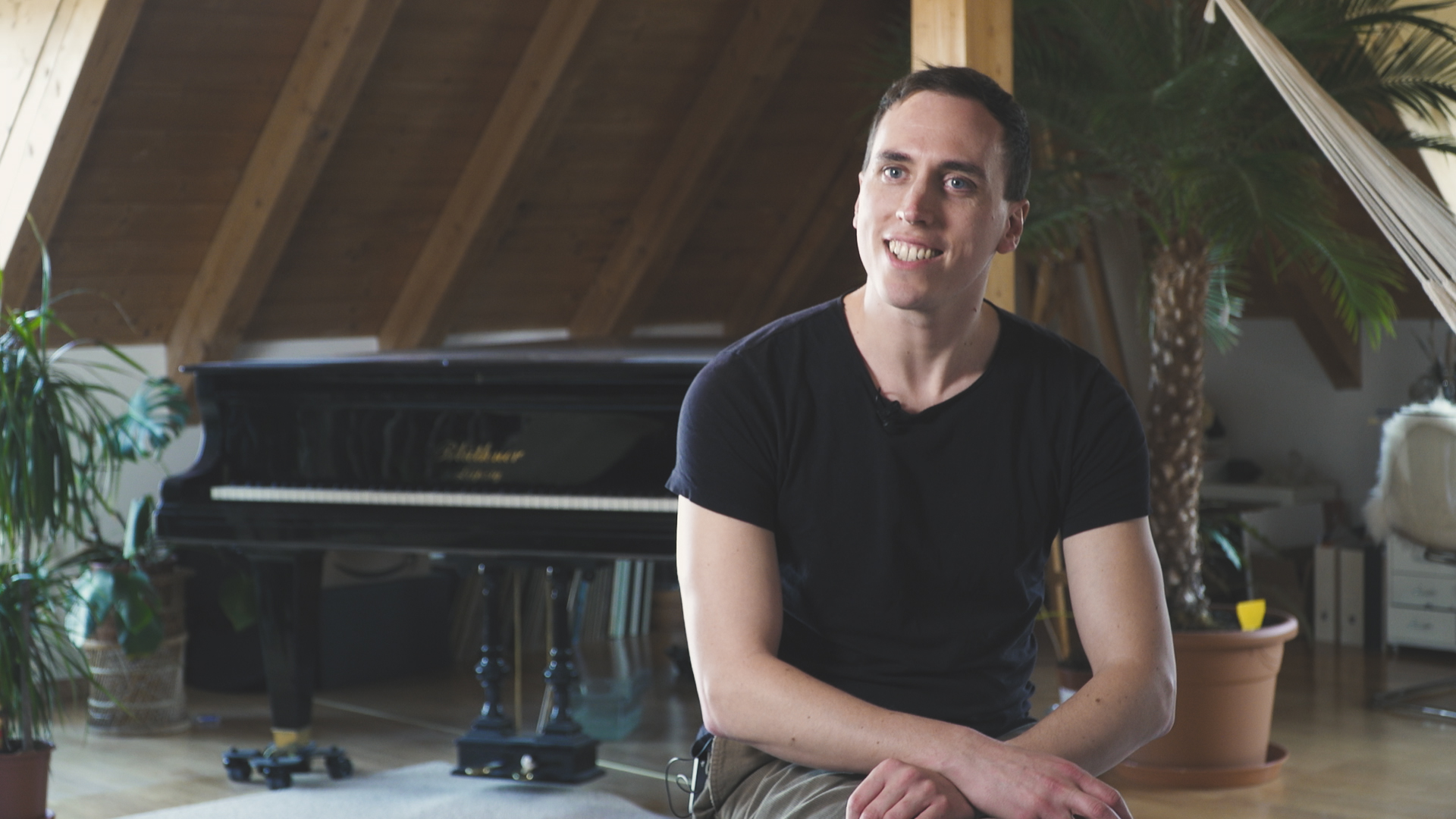
Martin KohlstedtMusician
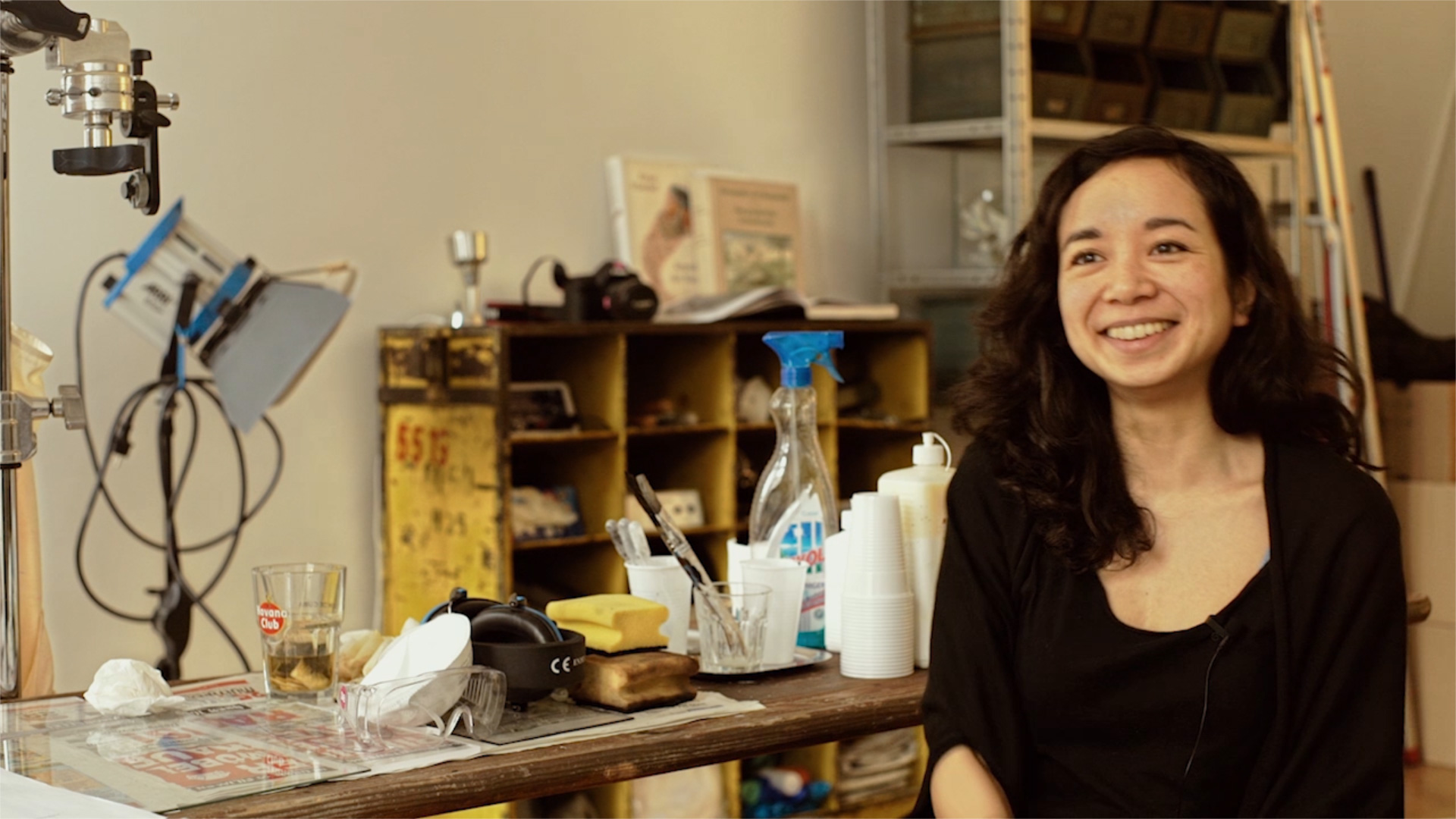
Susi SieFilmemacherin
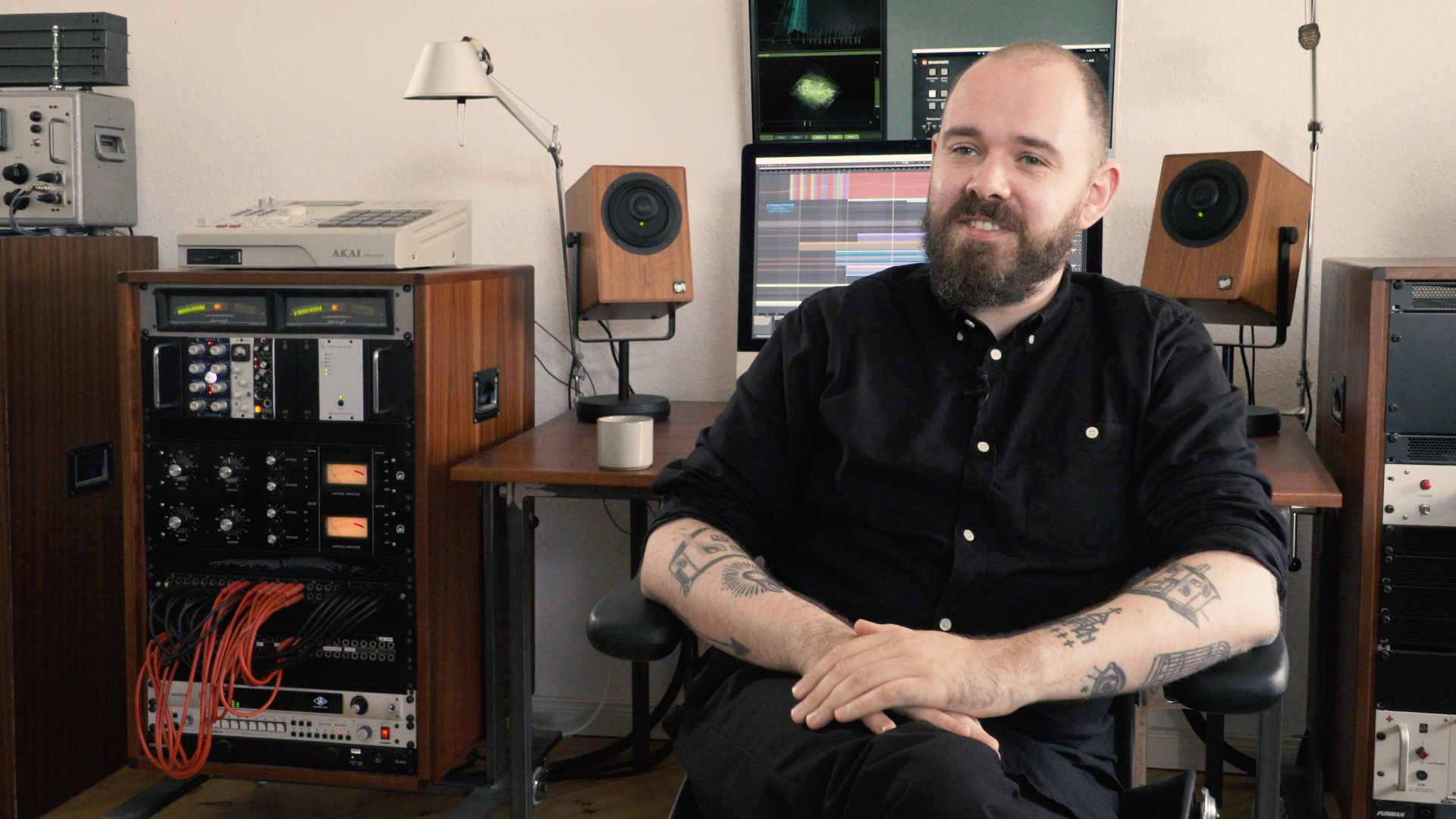
Ben Lukas BoysenMusician
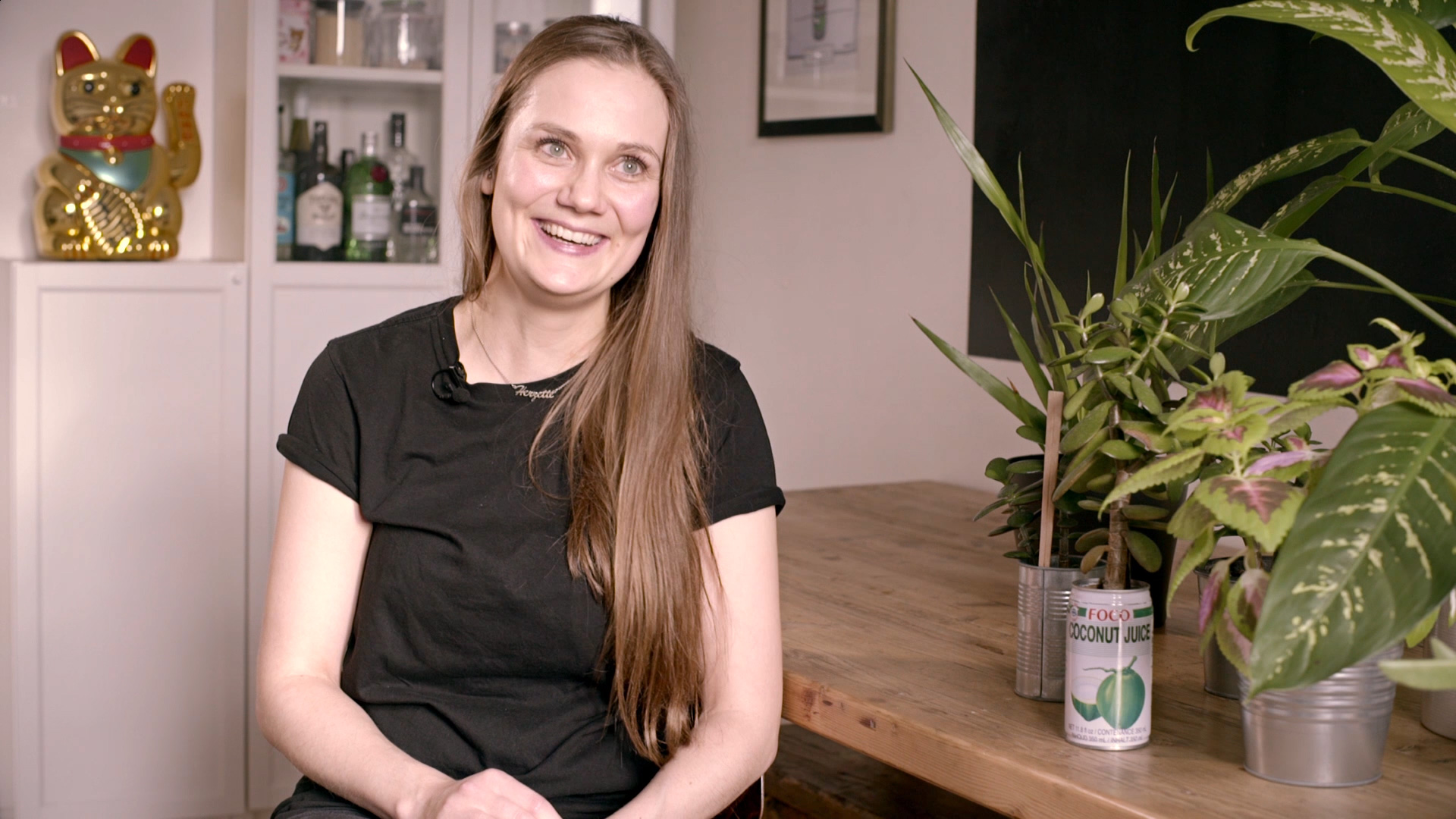
Henriette RietzVisual Storytellerin & Designerin
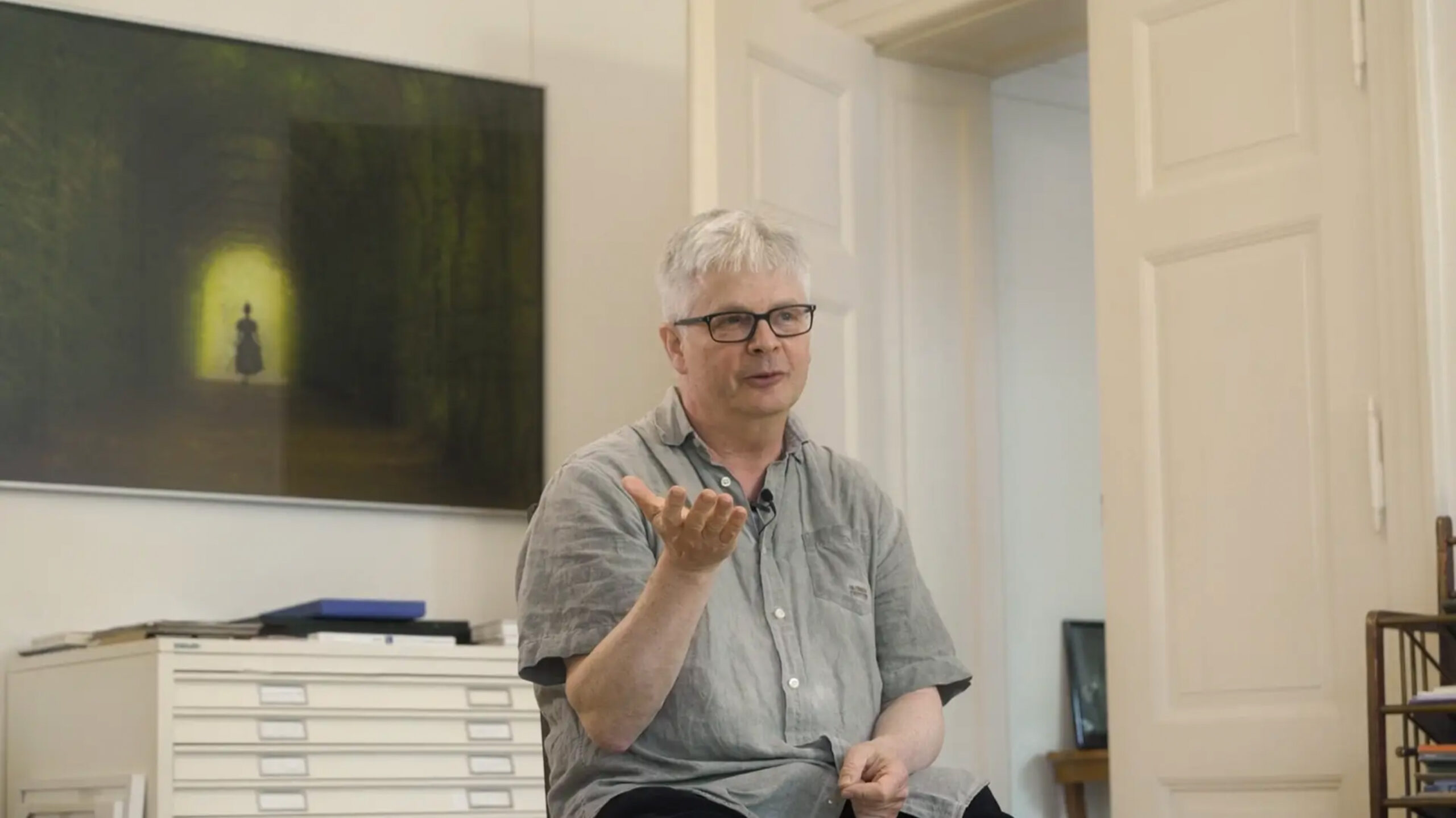
Prof. Matthias LeupoldFotograf
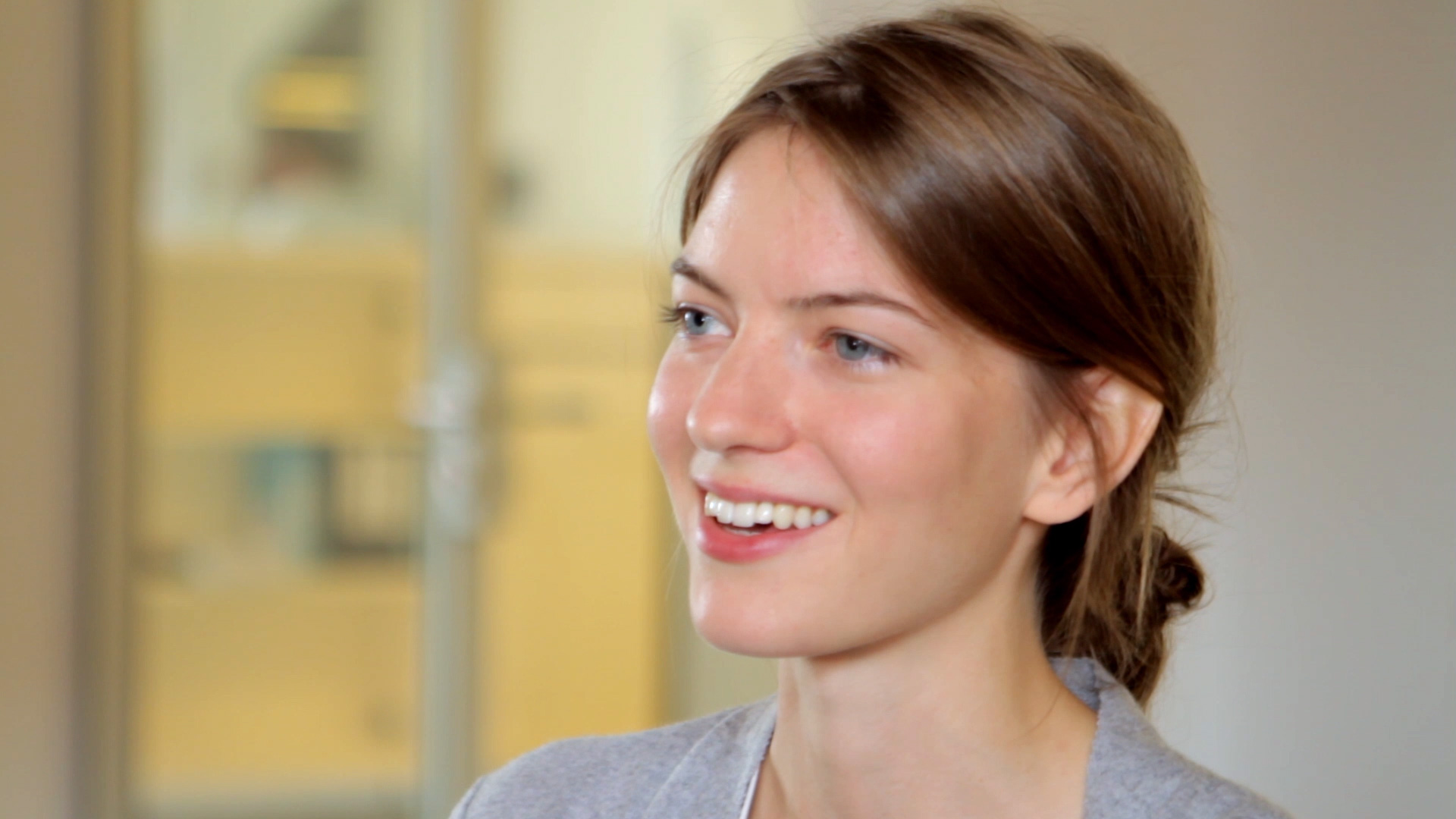
Maria GrejcIllustratorin
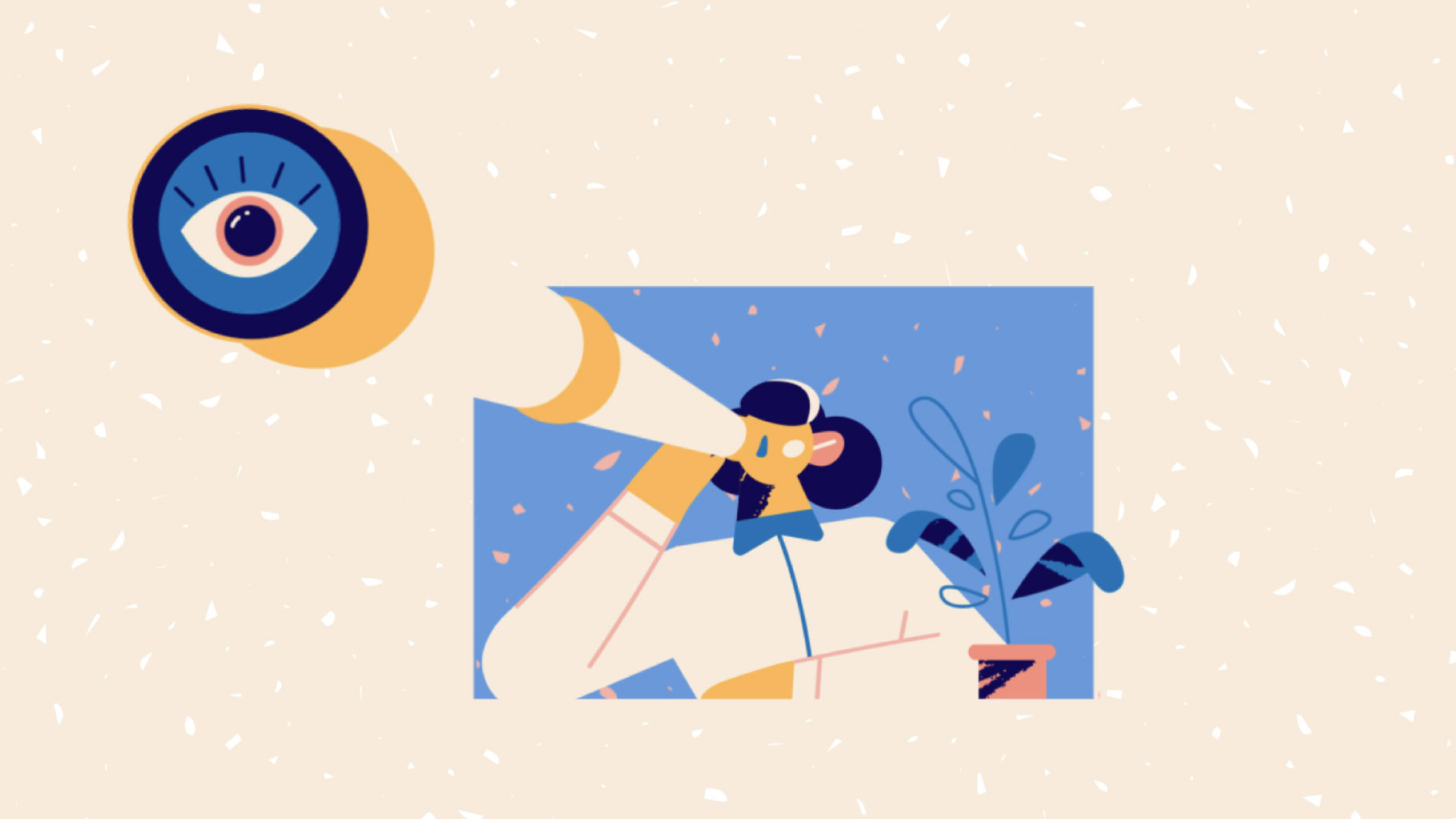
Dinos & TeacupsIllustration & Animation Studio
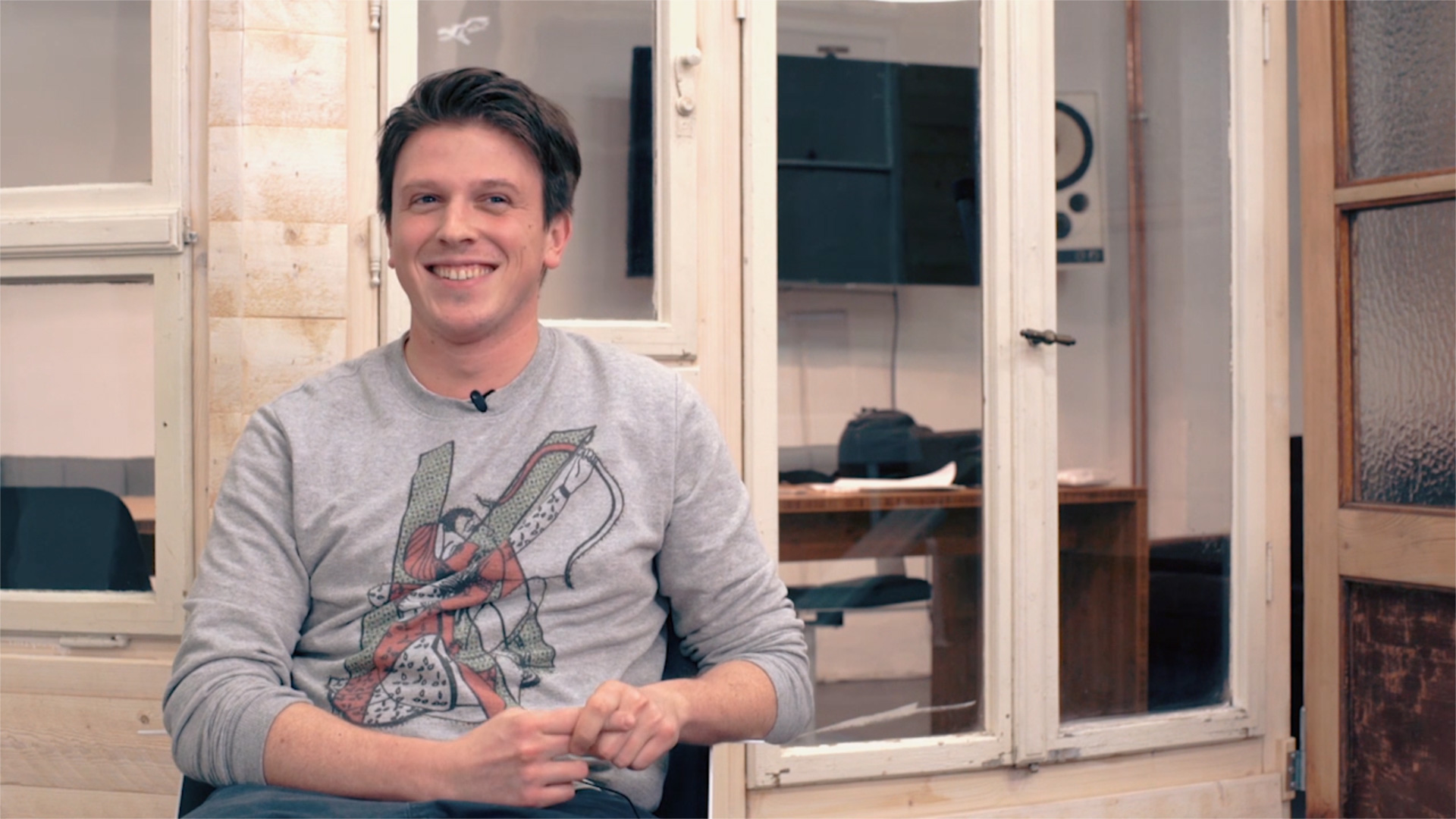
Sebastian von GumpertHead of Production
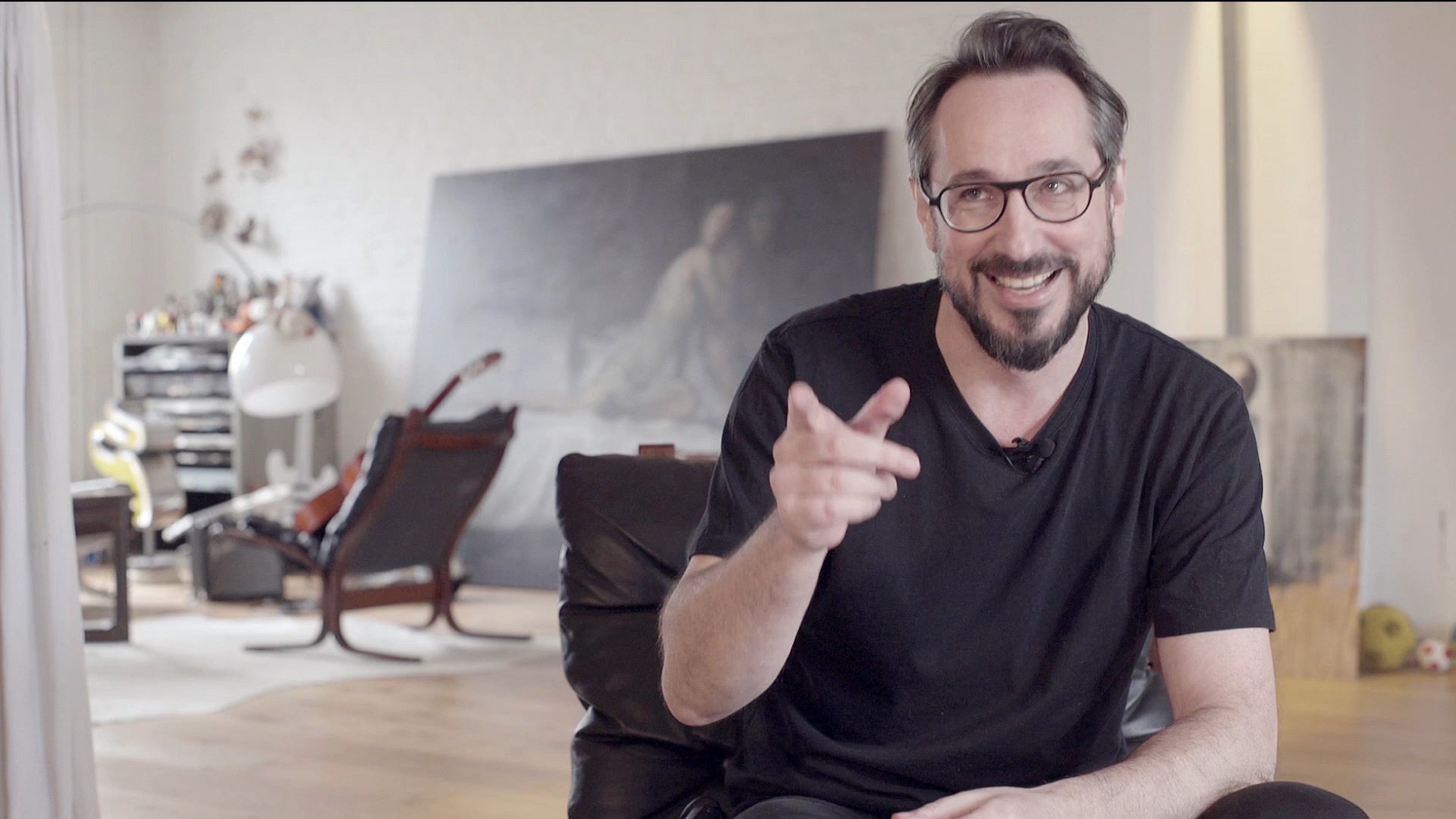
Fons HickmannGestalter & Autor
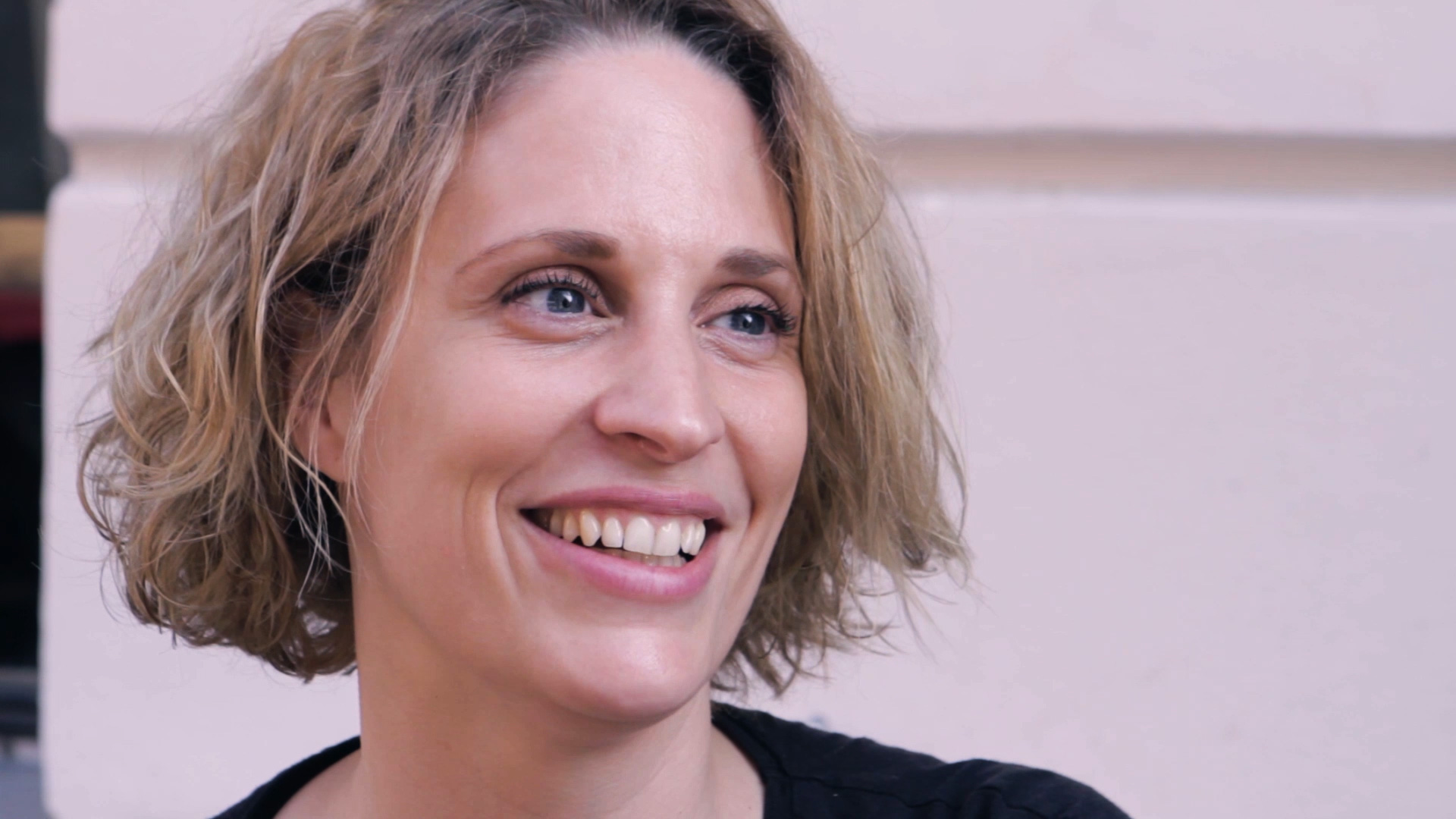
Pia DjukicFilmemacherin
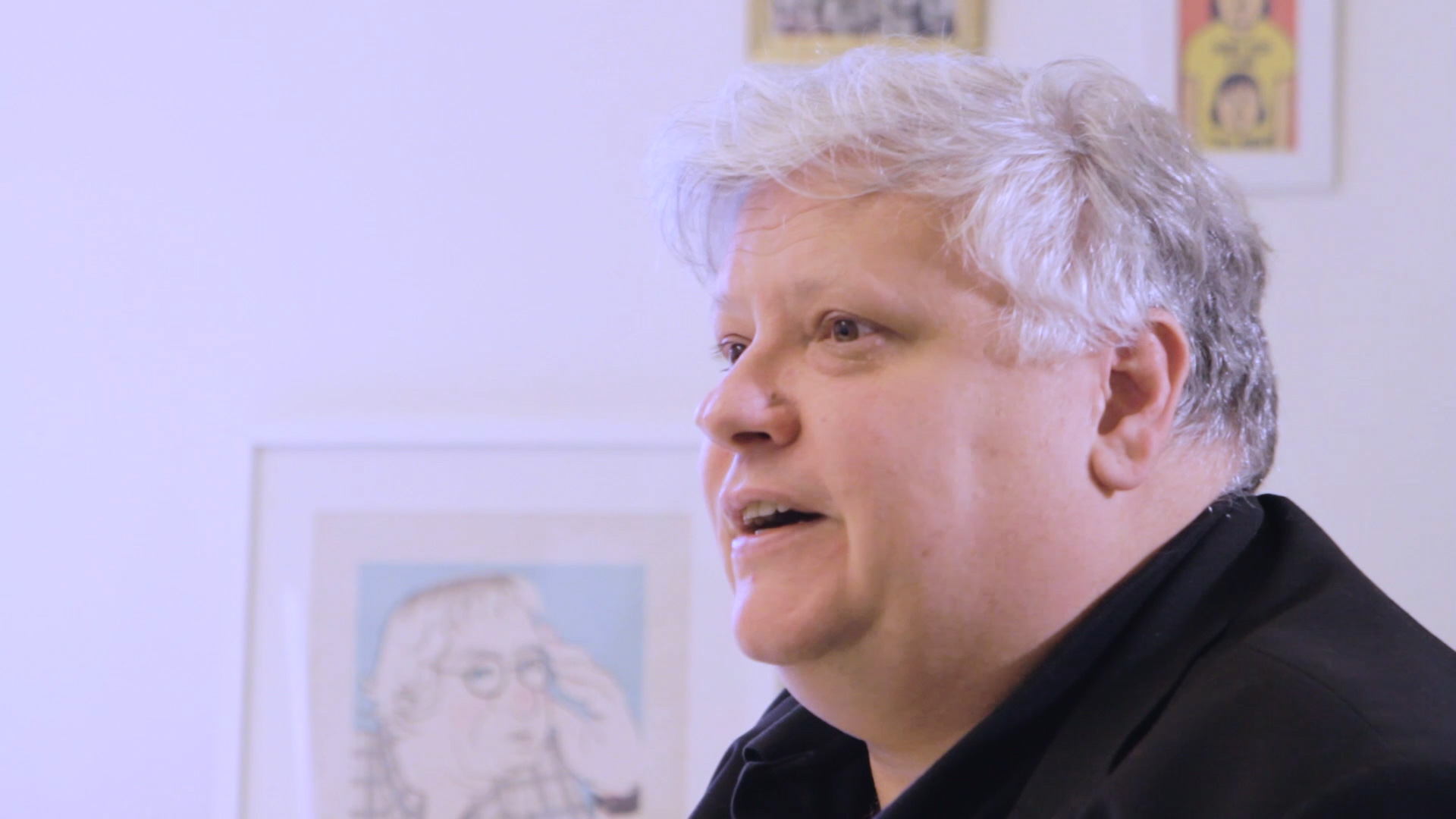
Zoran BihacFilmemacher
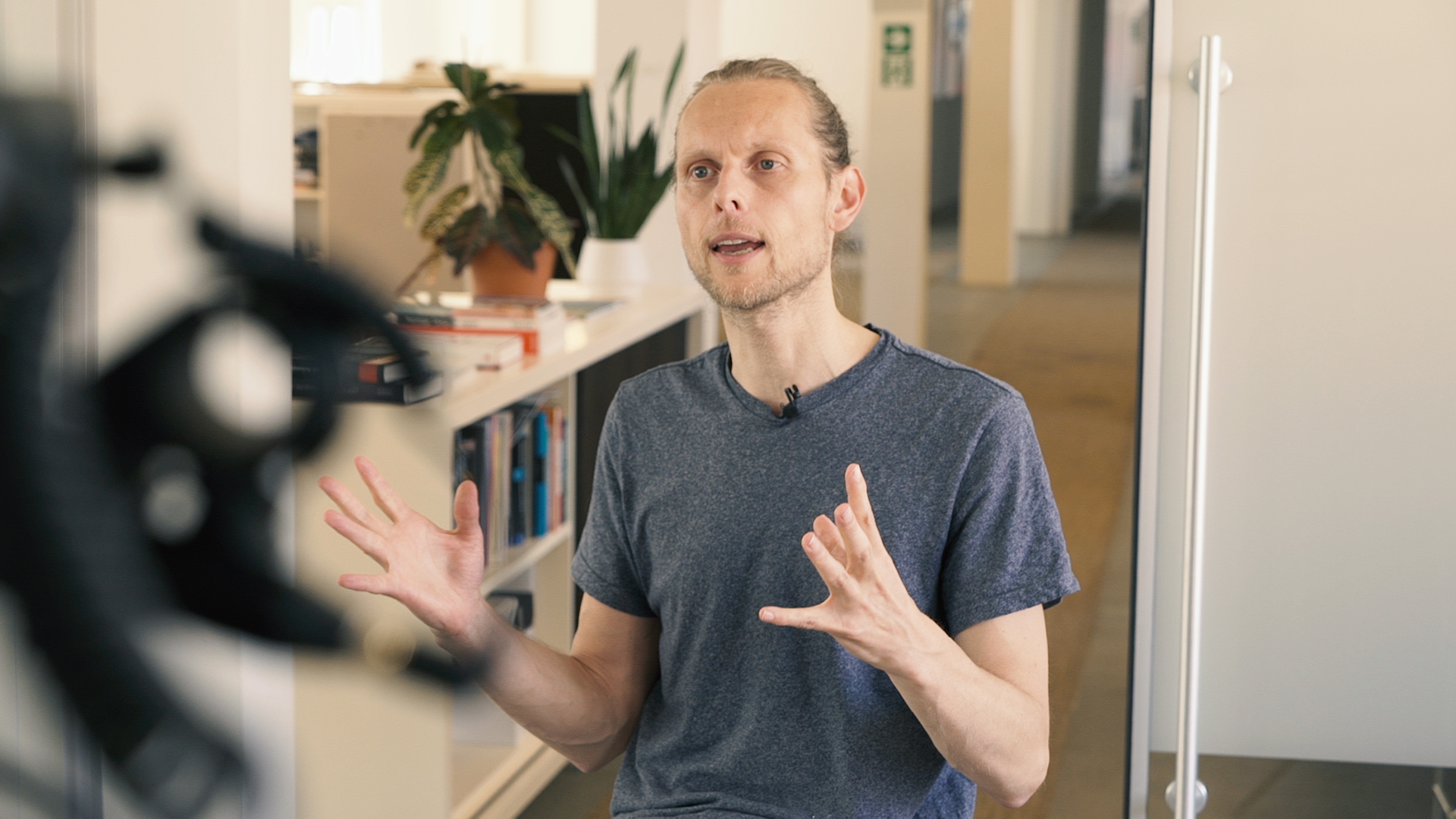
Christen BachAnimator
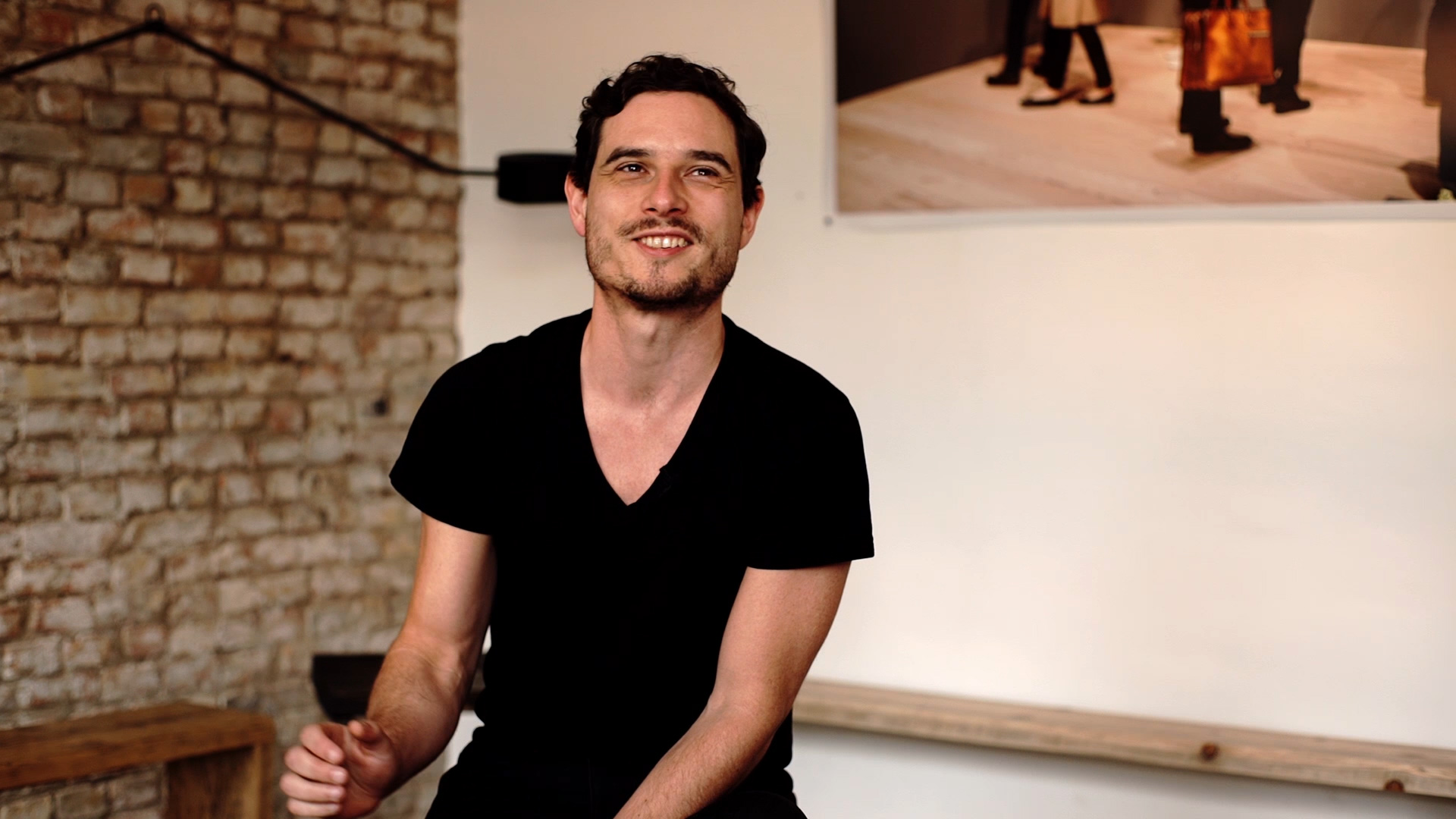
Jens BlankDirector & Designer
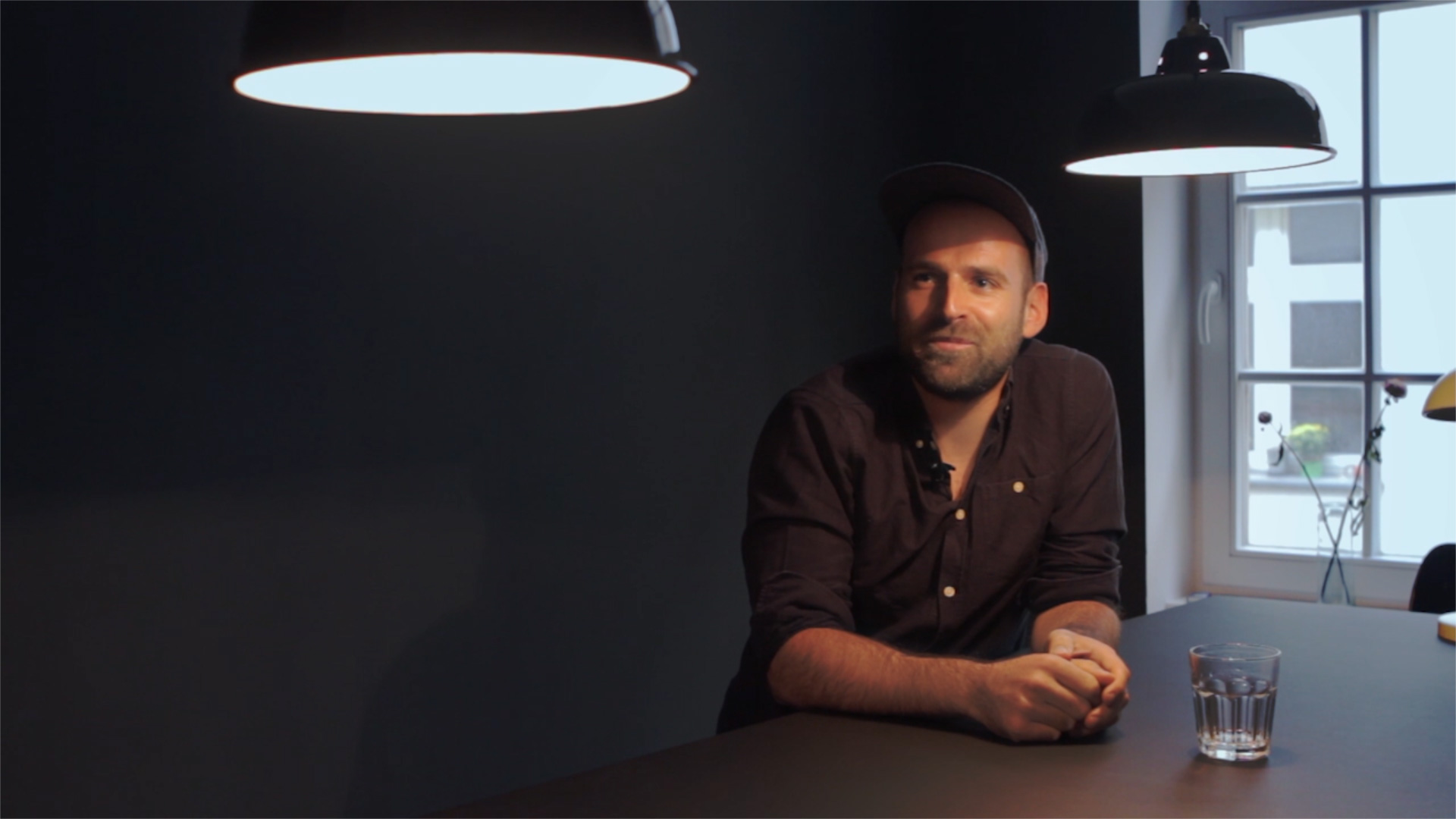
Thorsten Konradfreier Director & Creative Director

JR CanestAnimator & Creative Director
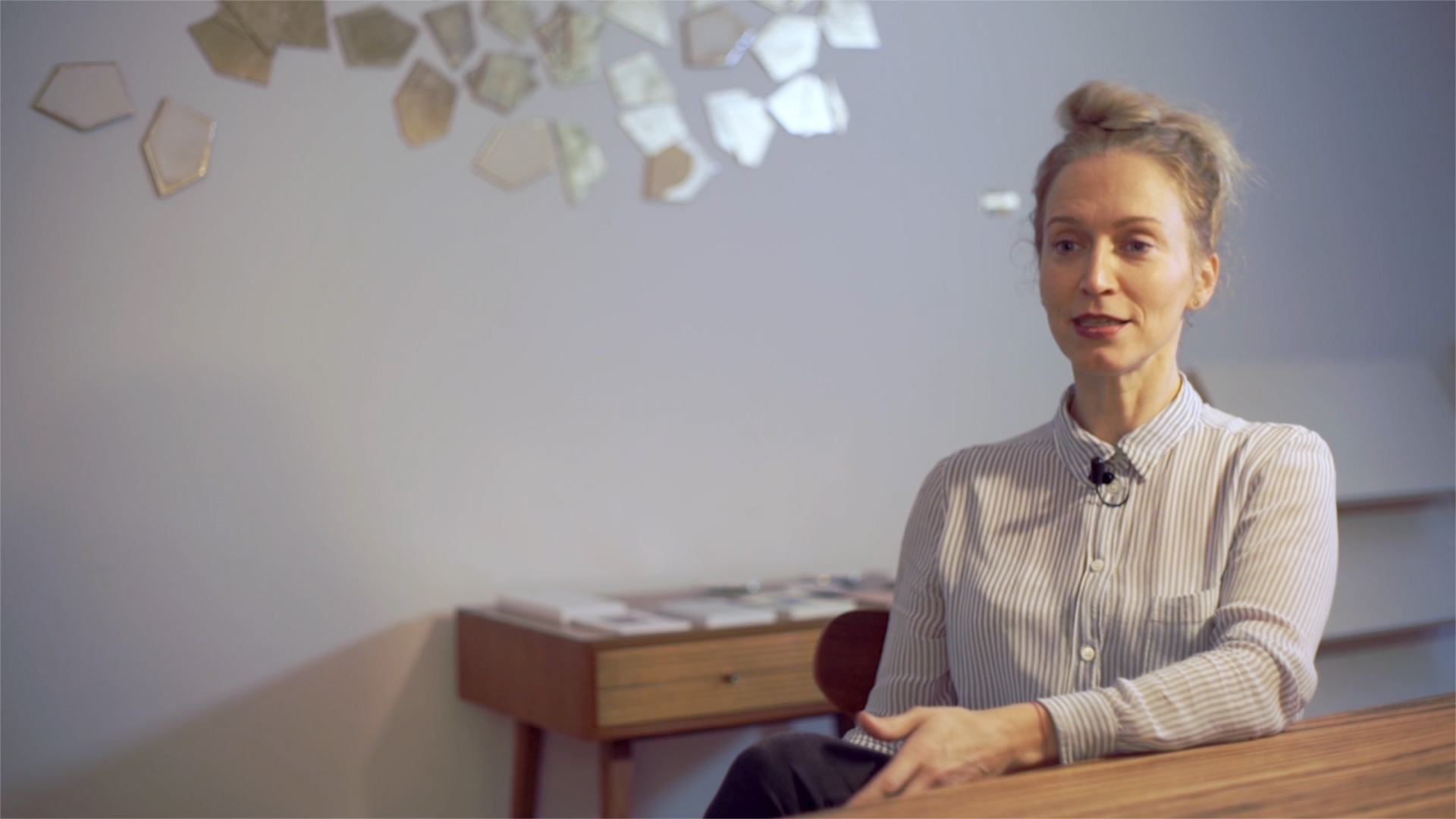
Prof. Sonja UmstätterFilmemacherin
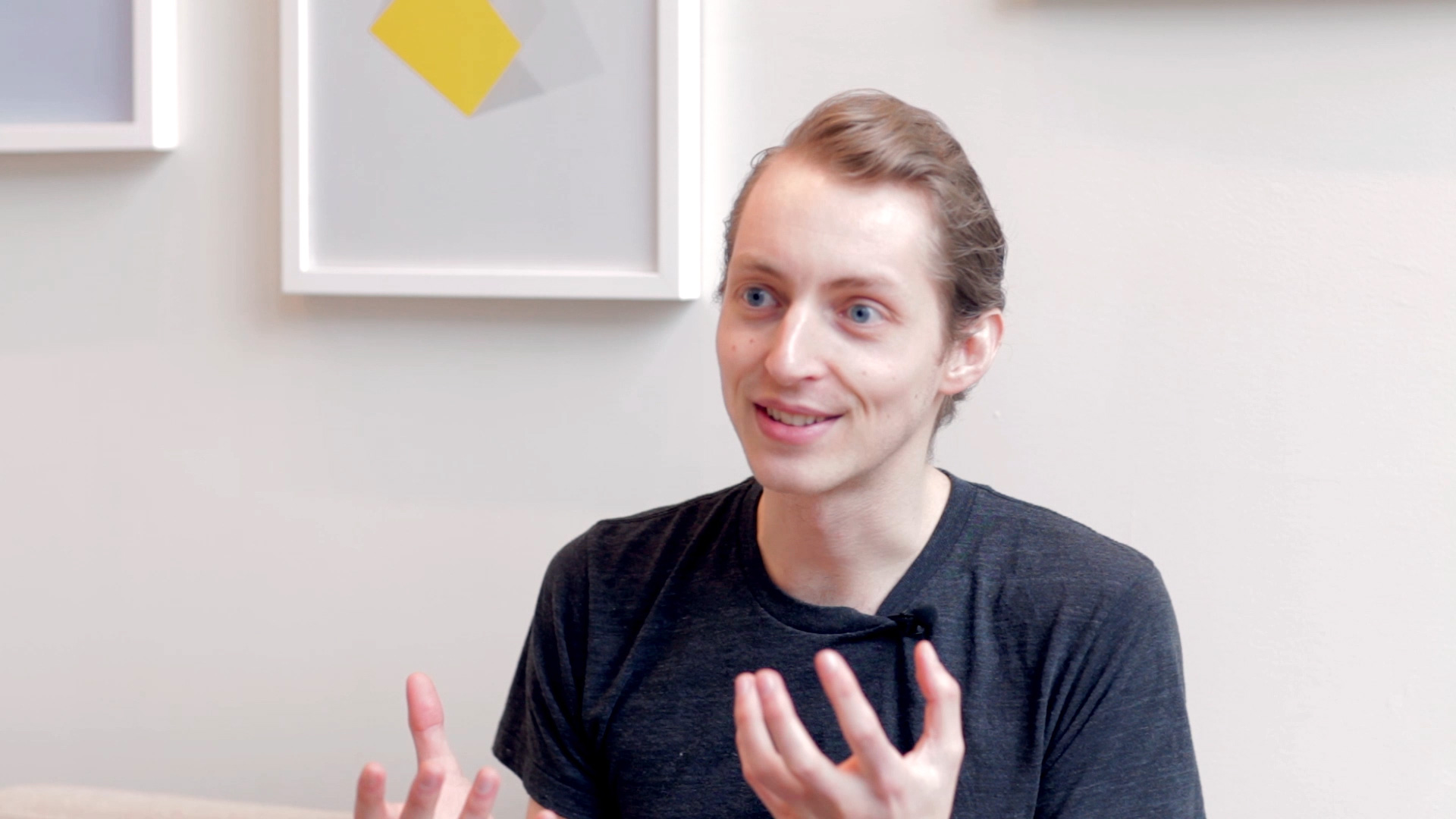
Sander van DijkDesigner & Animator
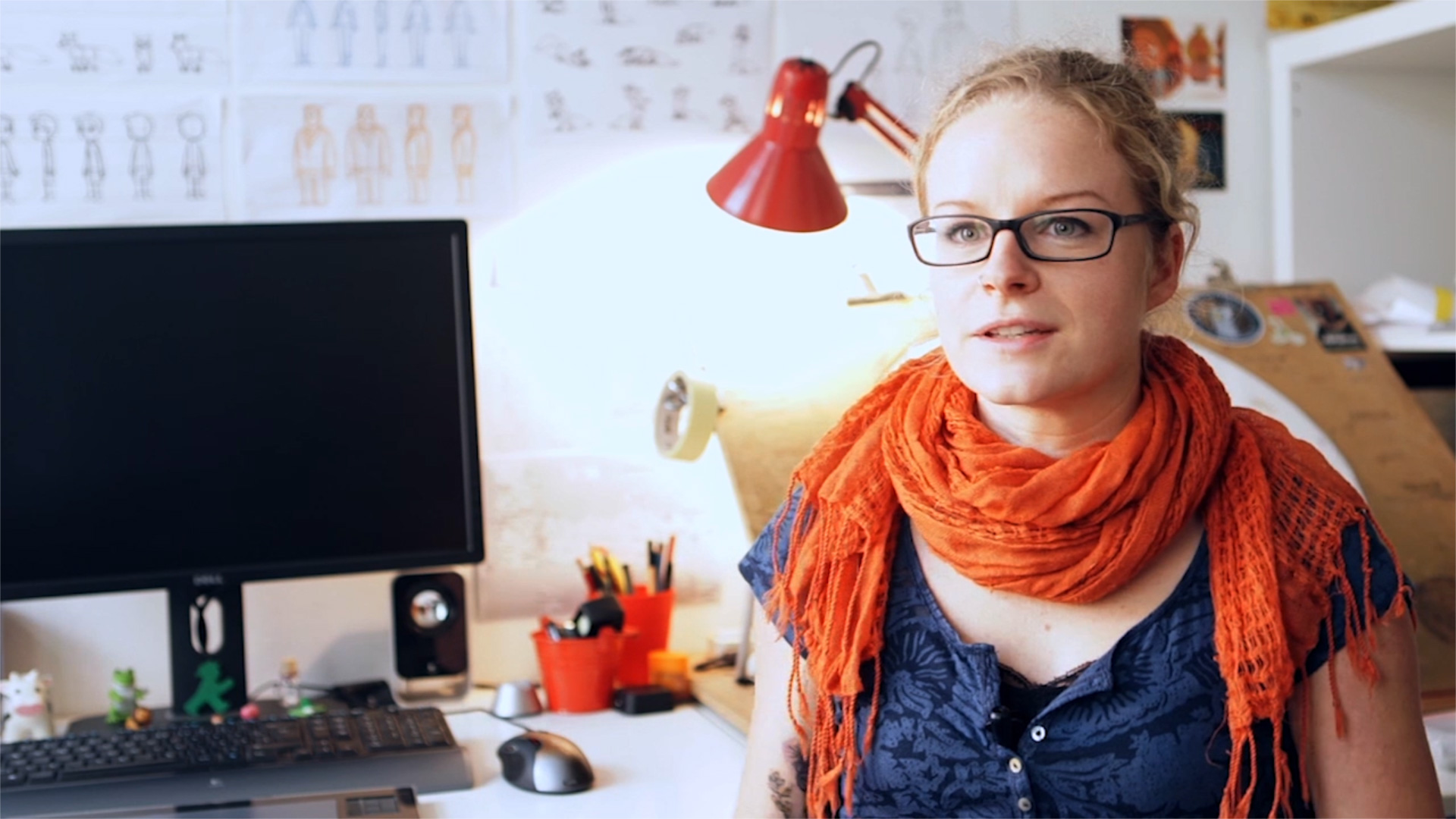
Pauline KortmannDirectorin & Animatorin
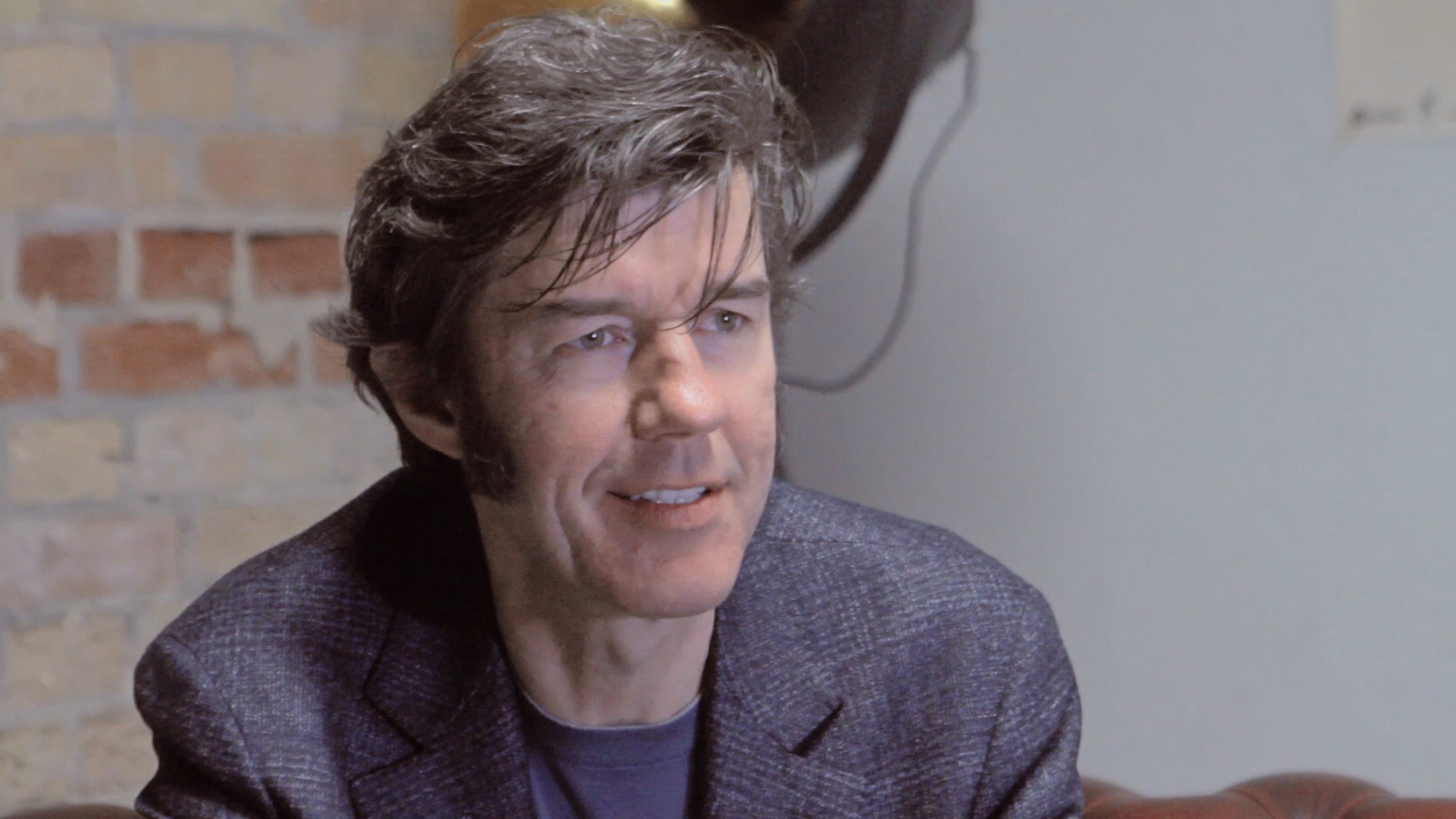
Stefan SagmeisterDesigner
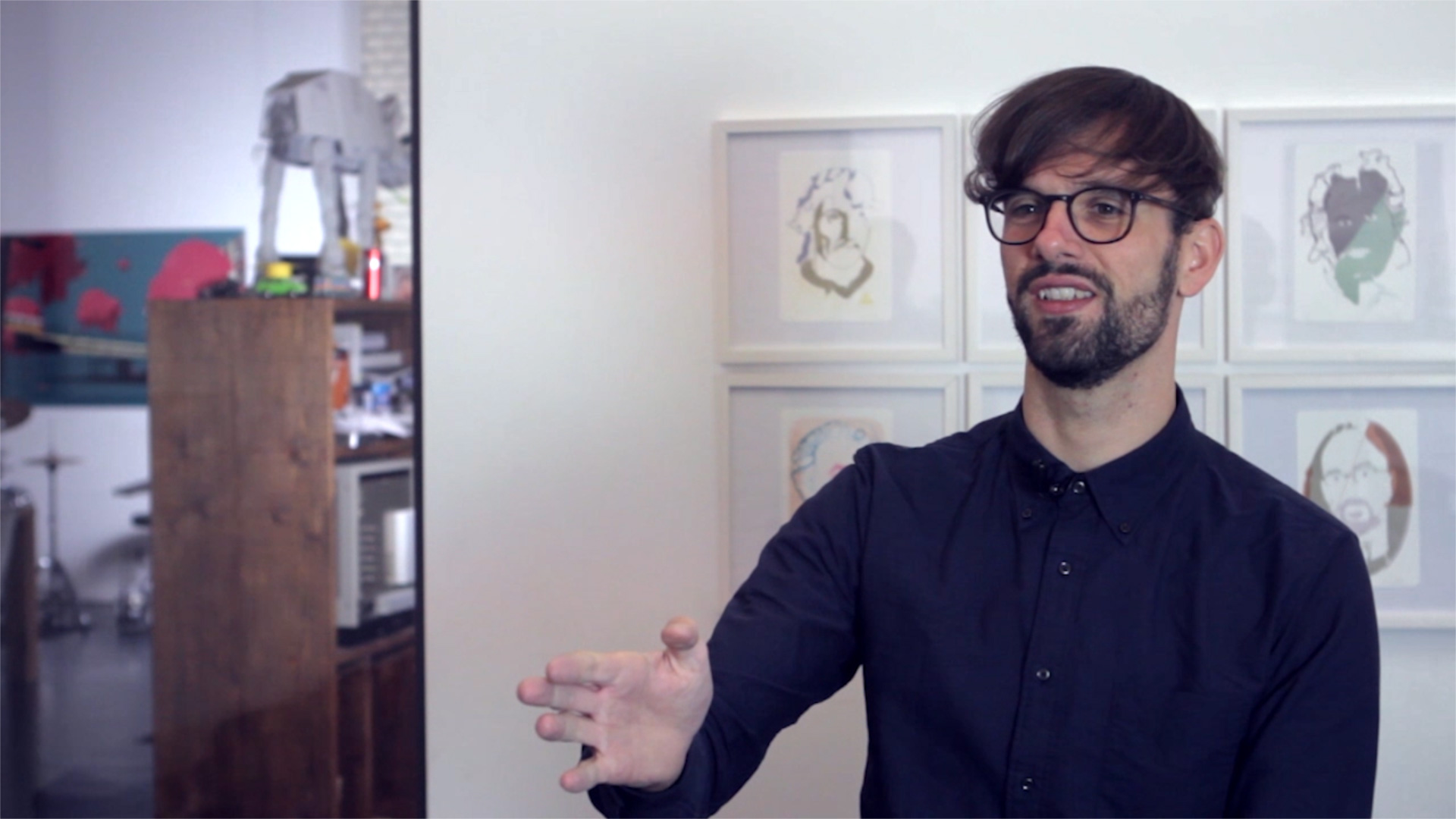
Mate SteinforthCreative Director
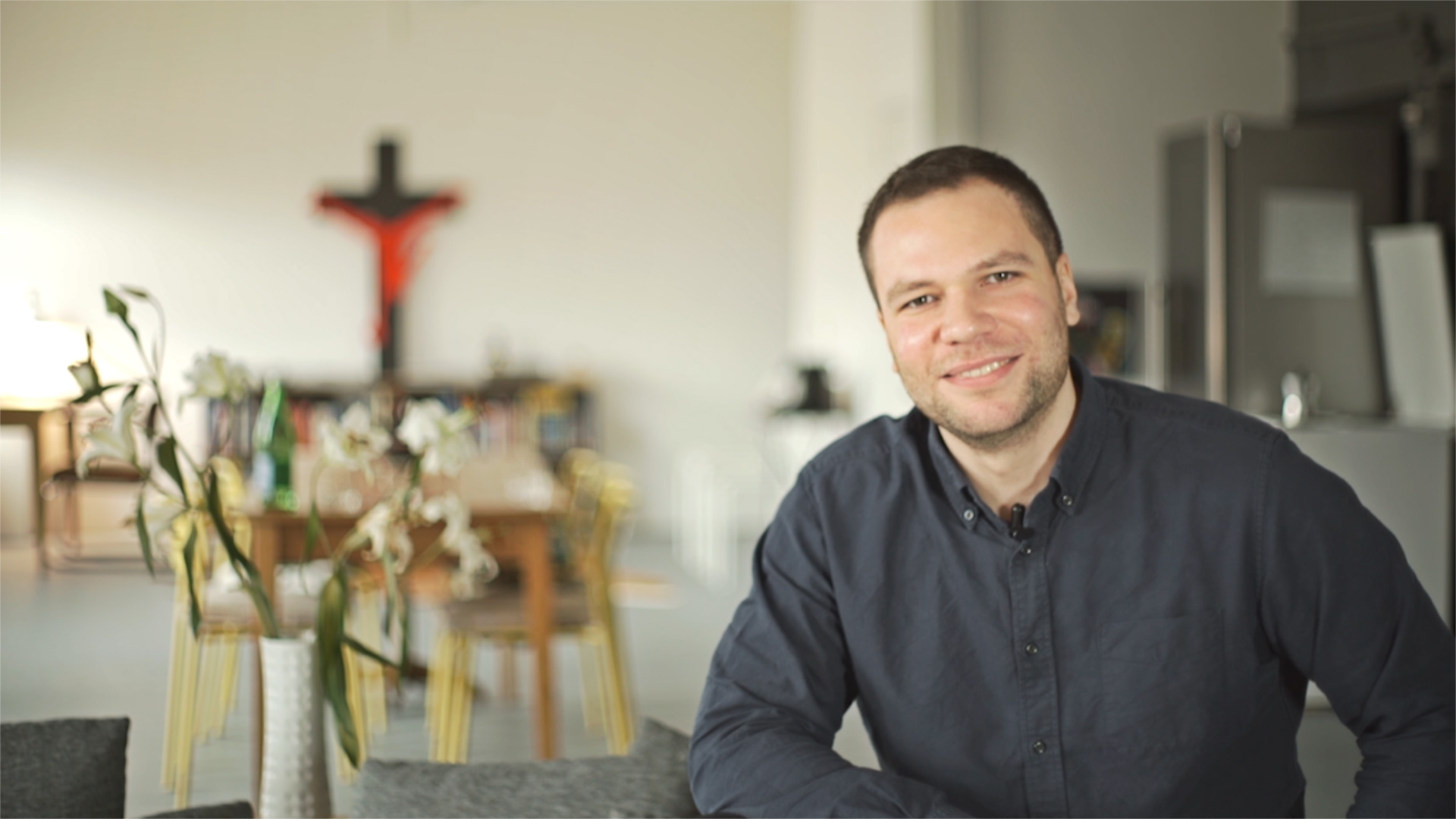
Chehad AbdallahDirector & Graphic Designer
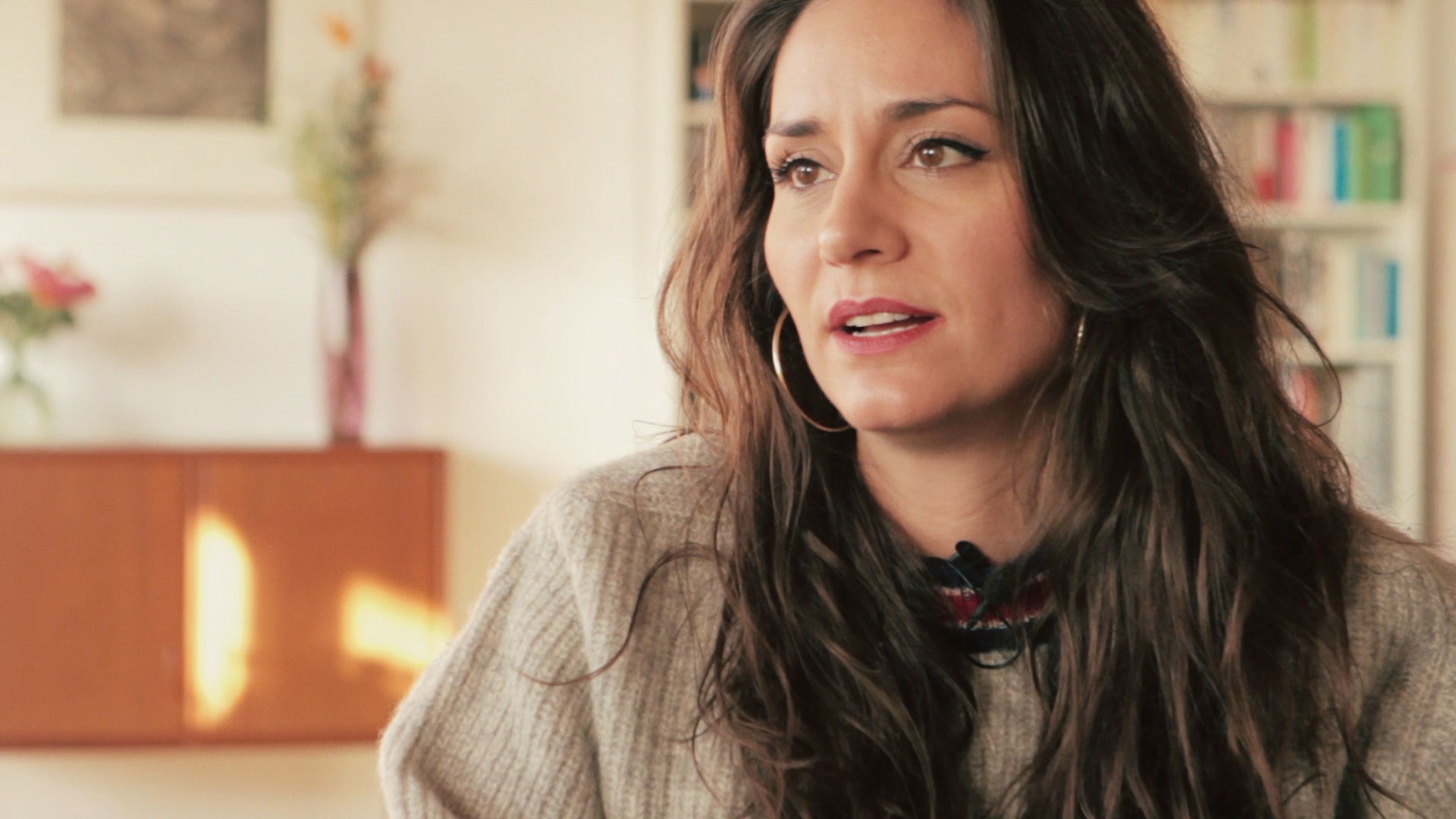
Sofia BavasRegisseurin & Filmemacherin
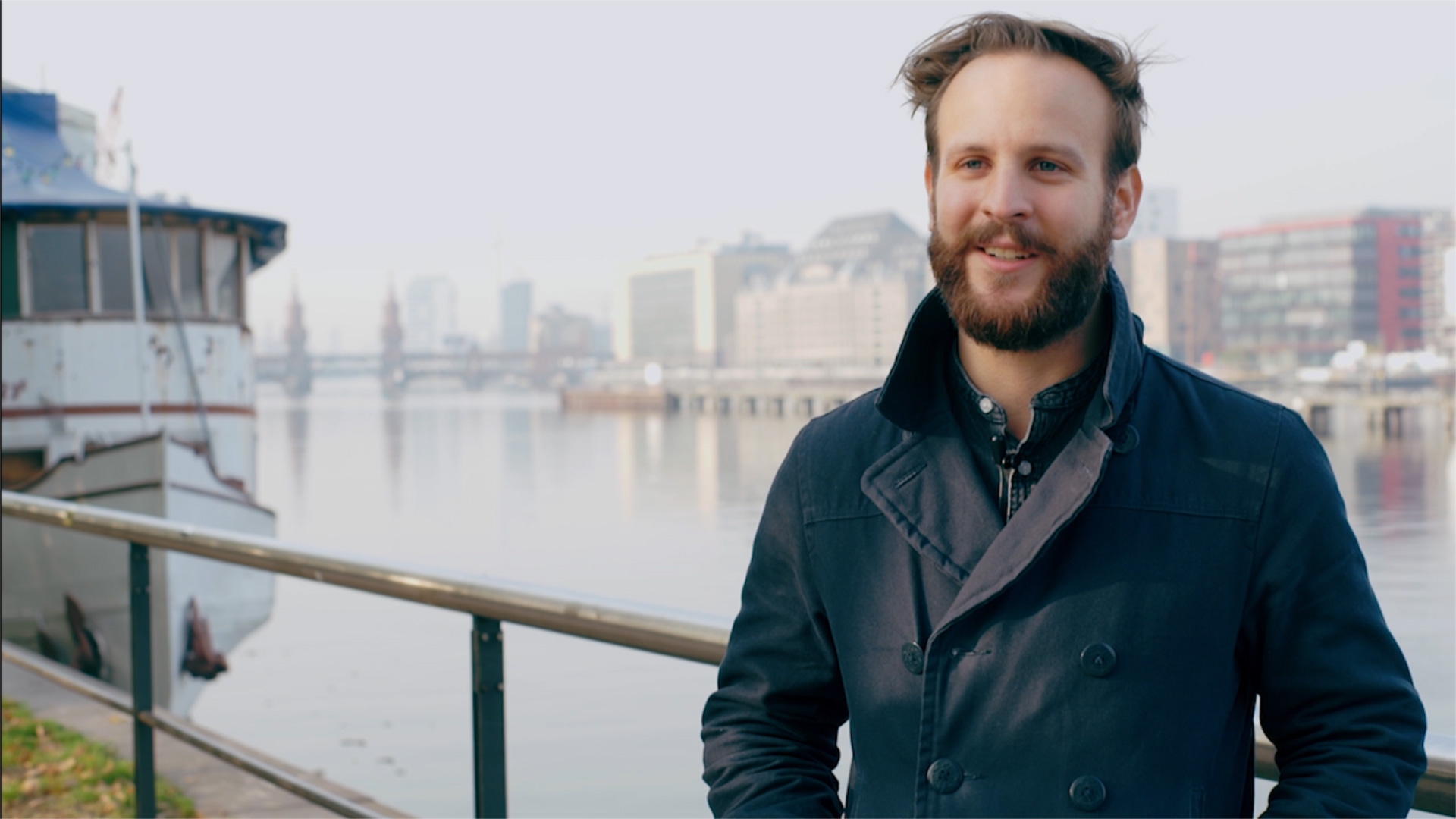
Daniel Rath3D Generalist
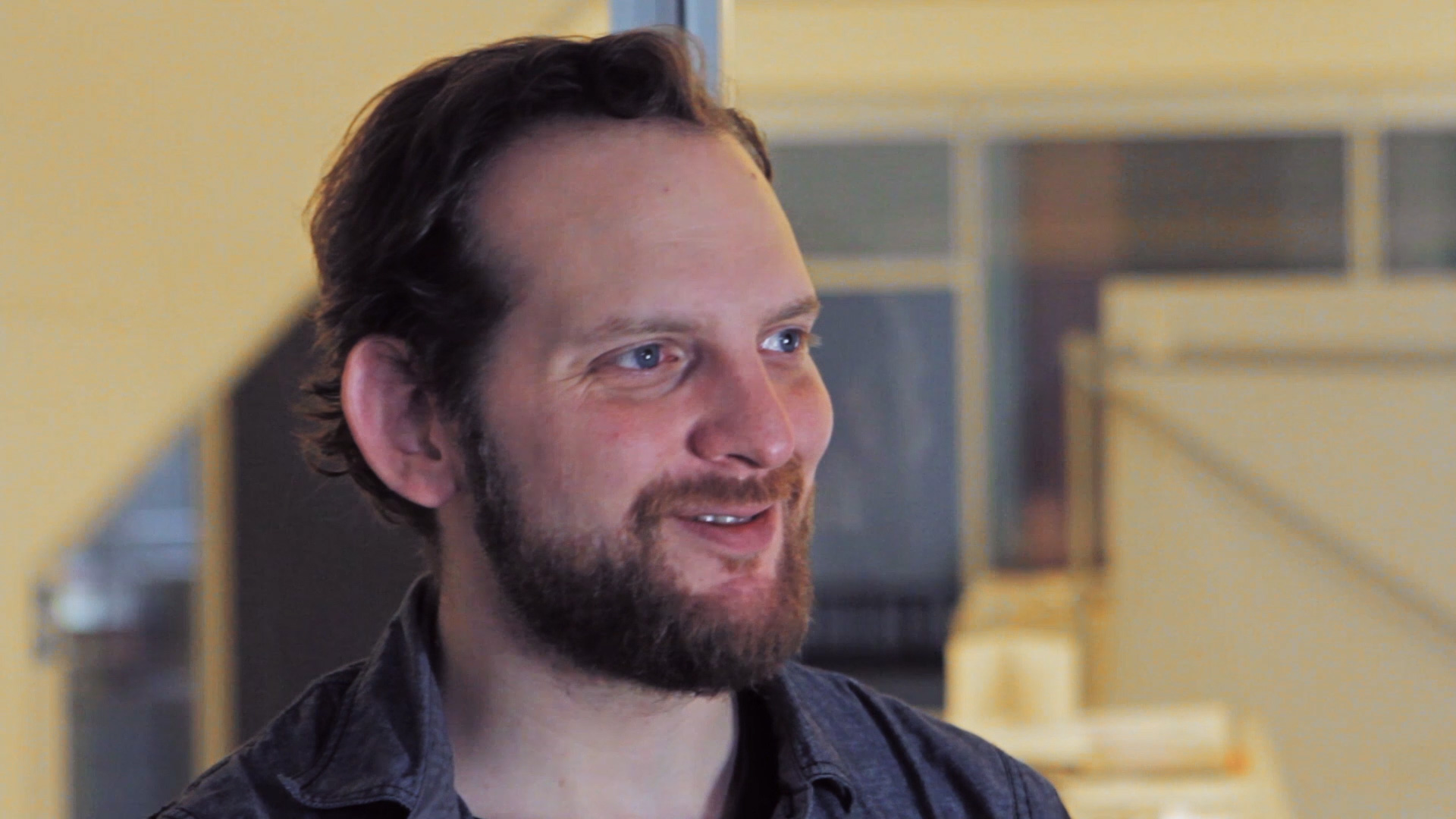
Tobias WüstefeldIllustrator & AnimatorTobias Wüstefeld
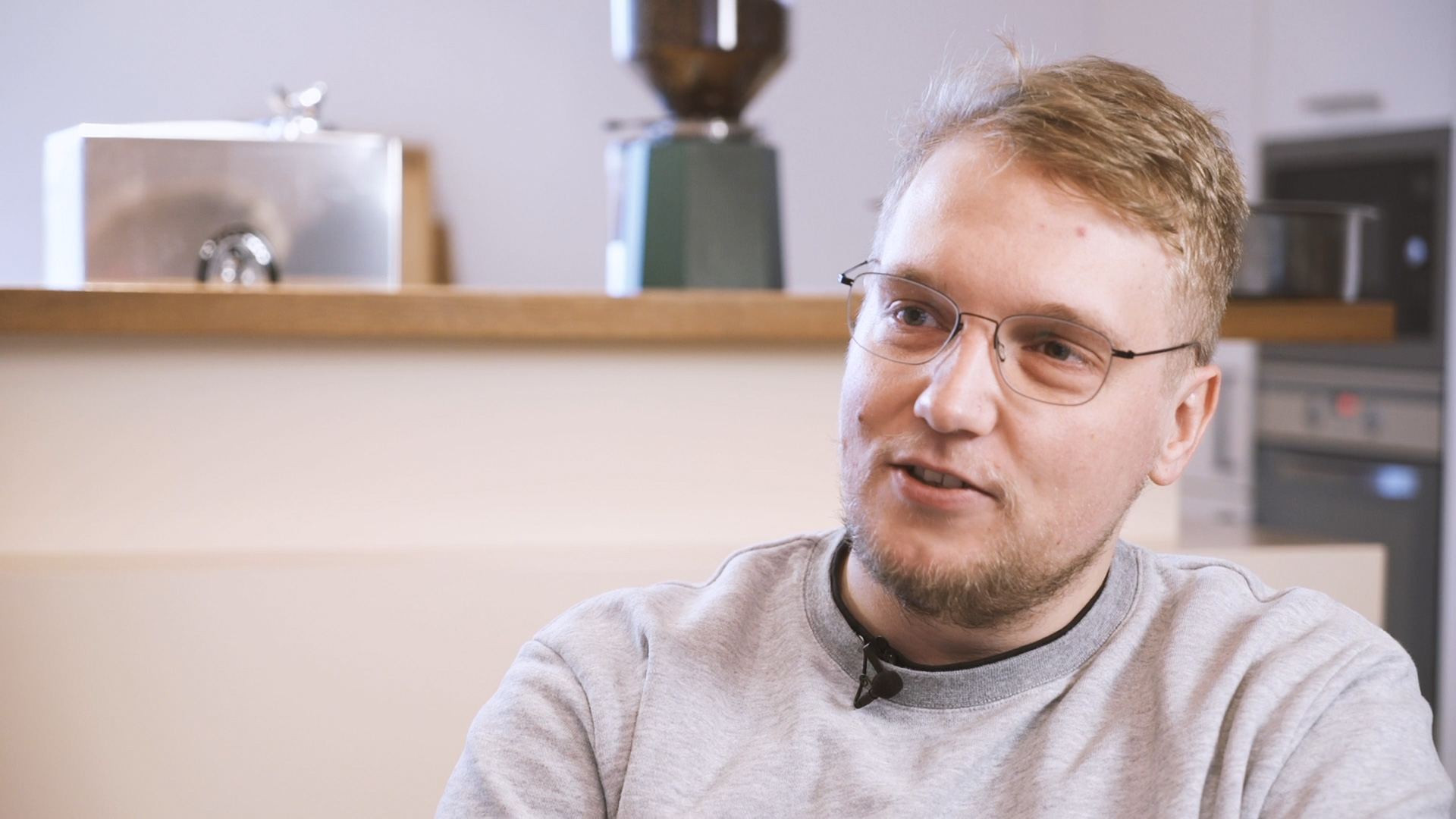
DOZ9Musiker
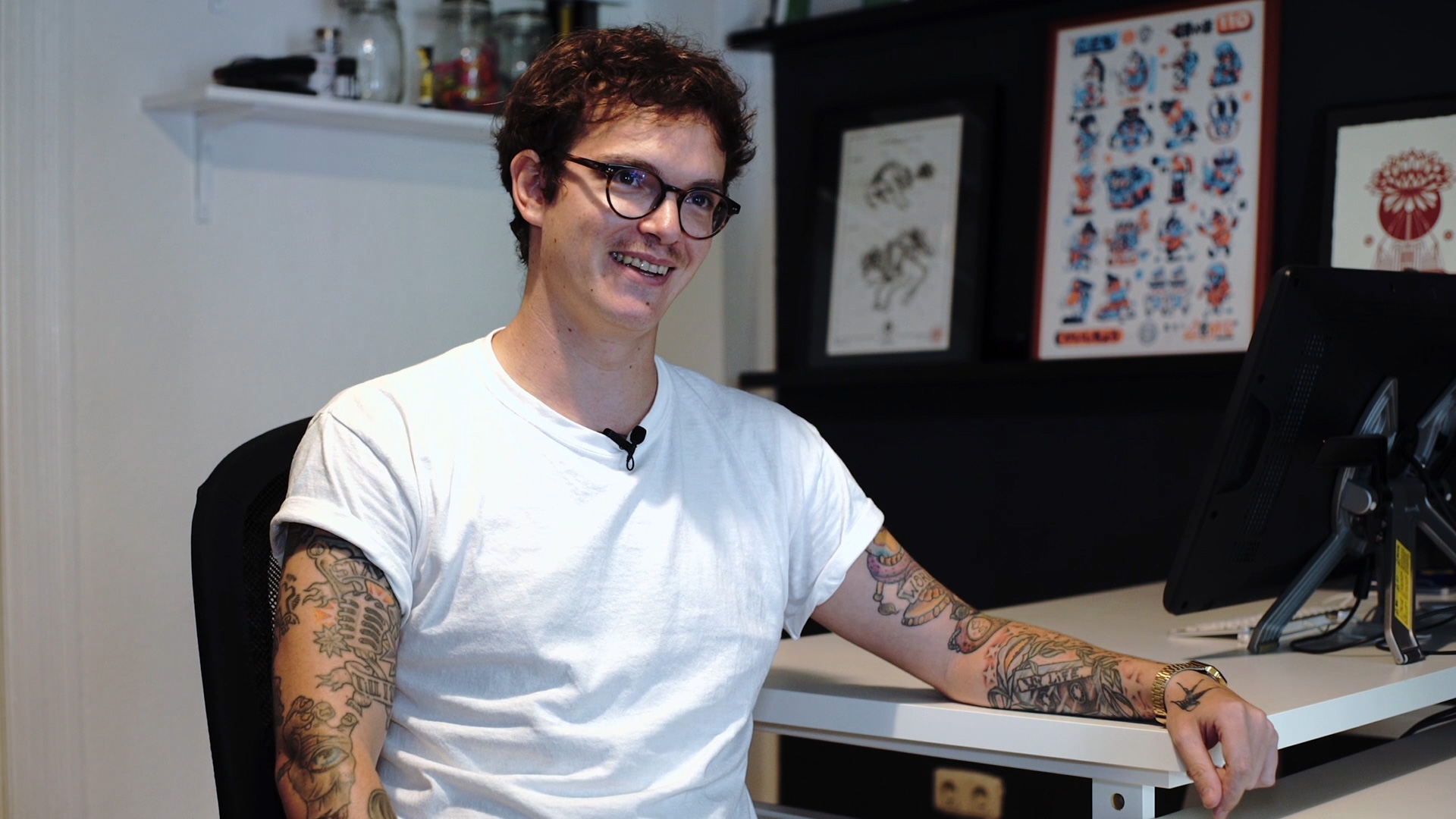
Florian SchommerIllustrator
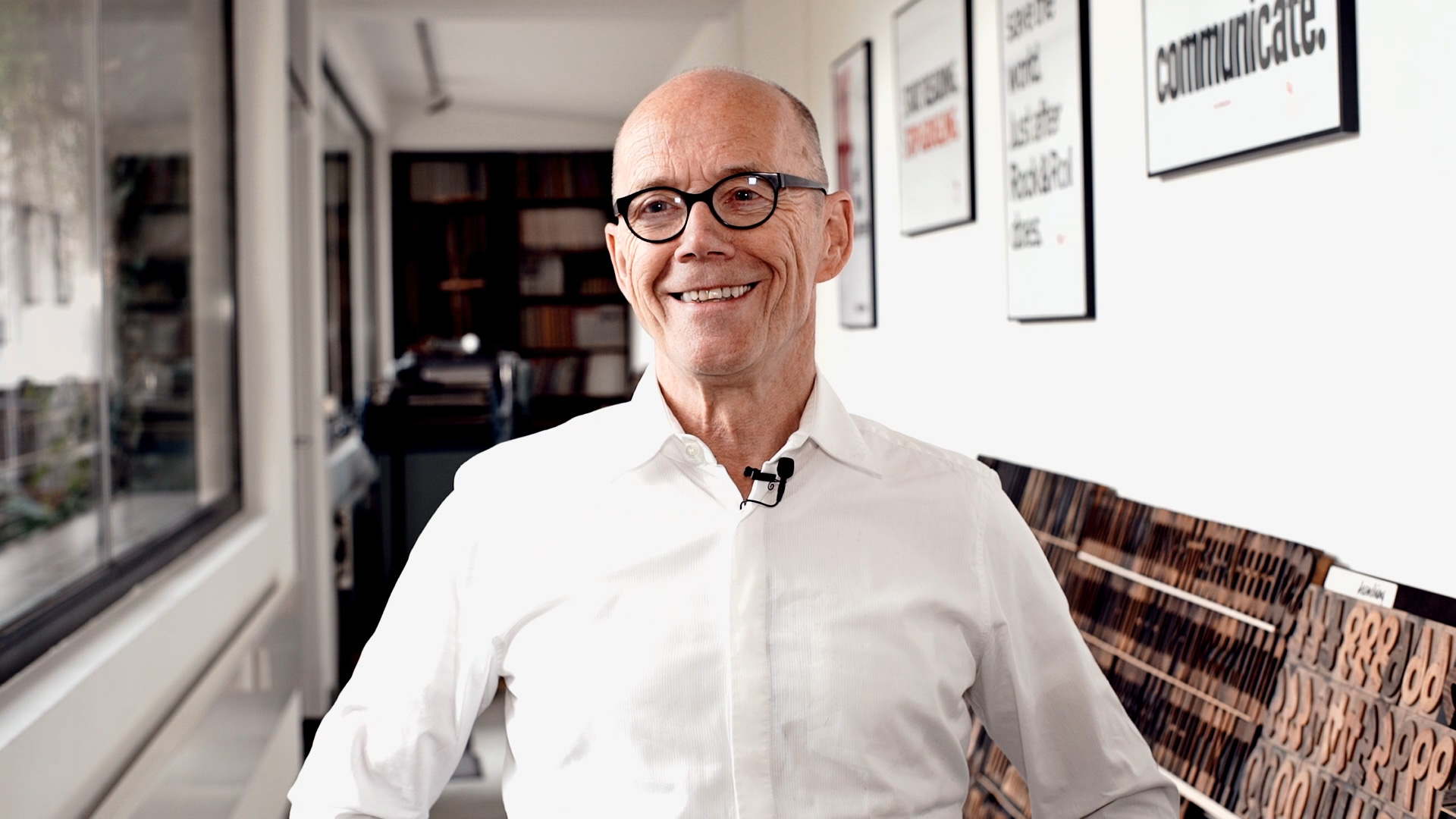
Erik SpiekermannGestalter
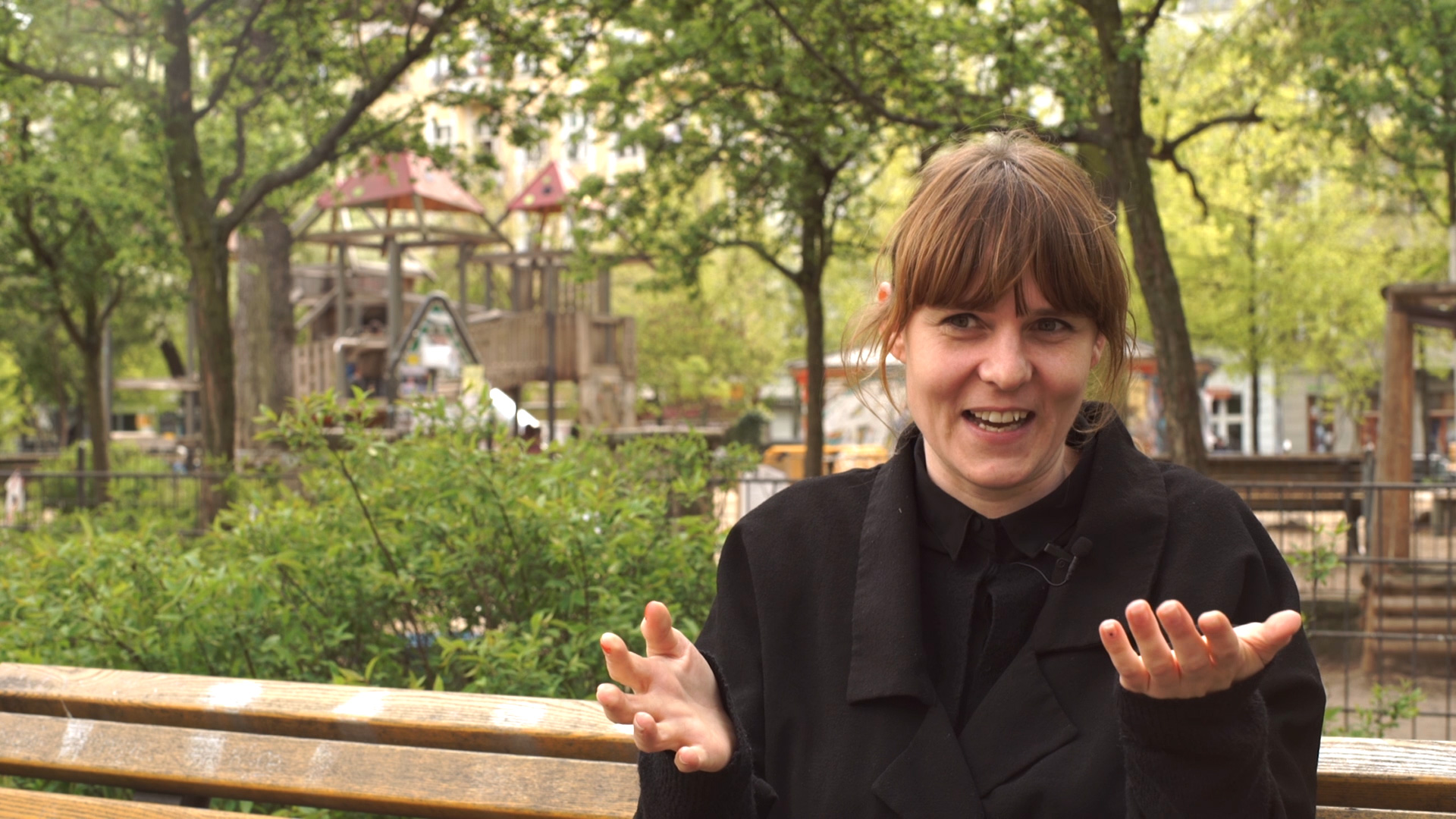
Larissa HonsekKreativdirektorin
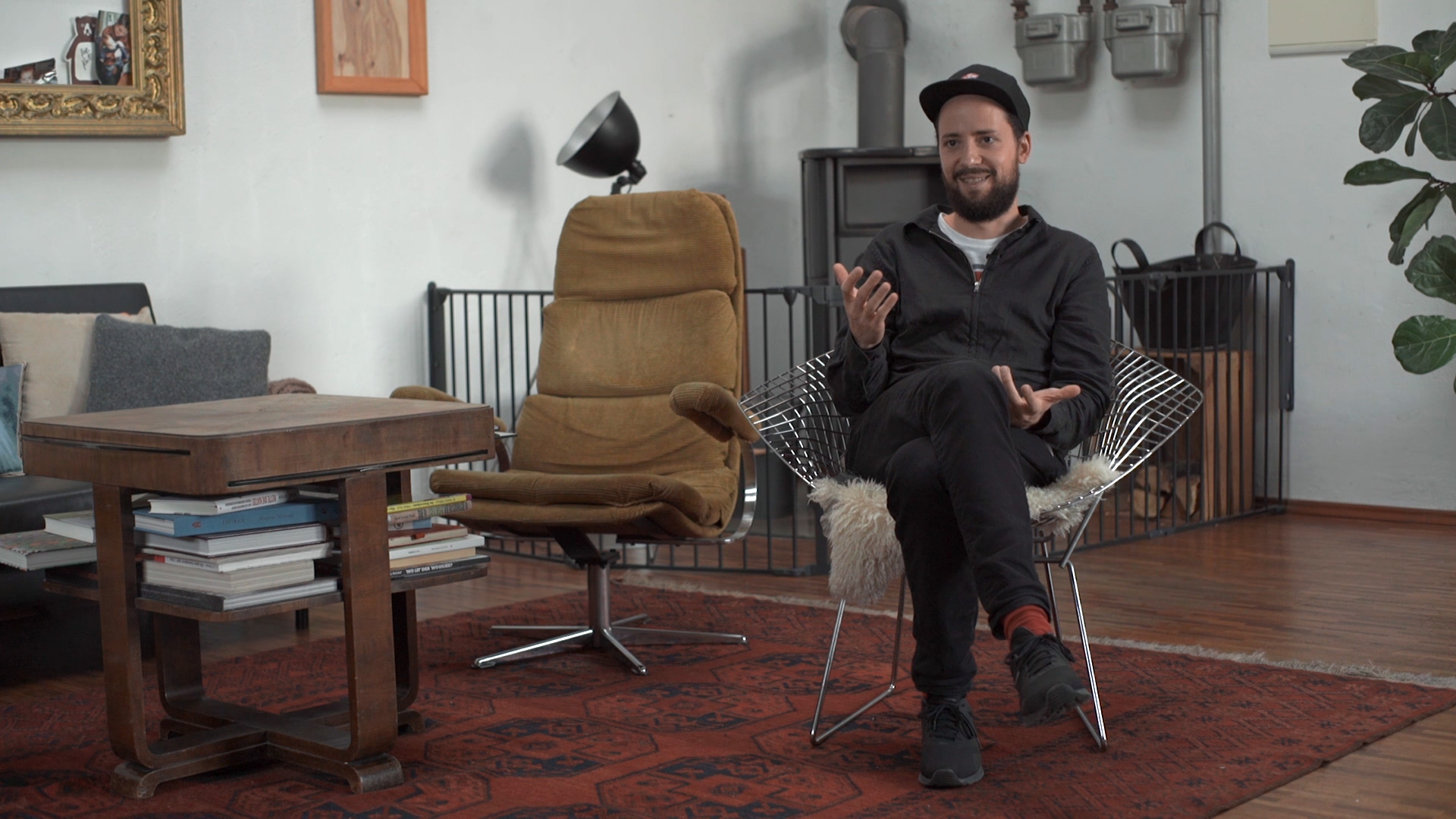
Philipp KässbohrerFilmemacher
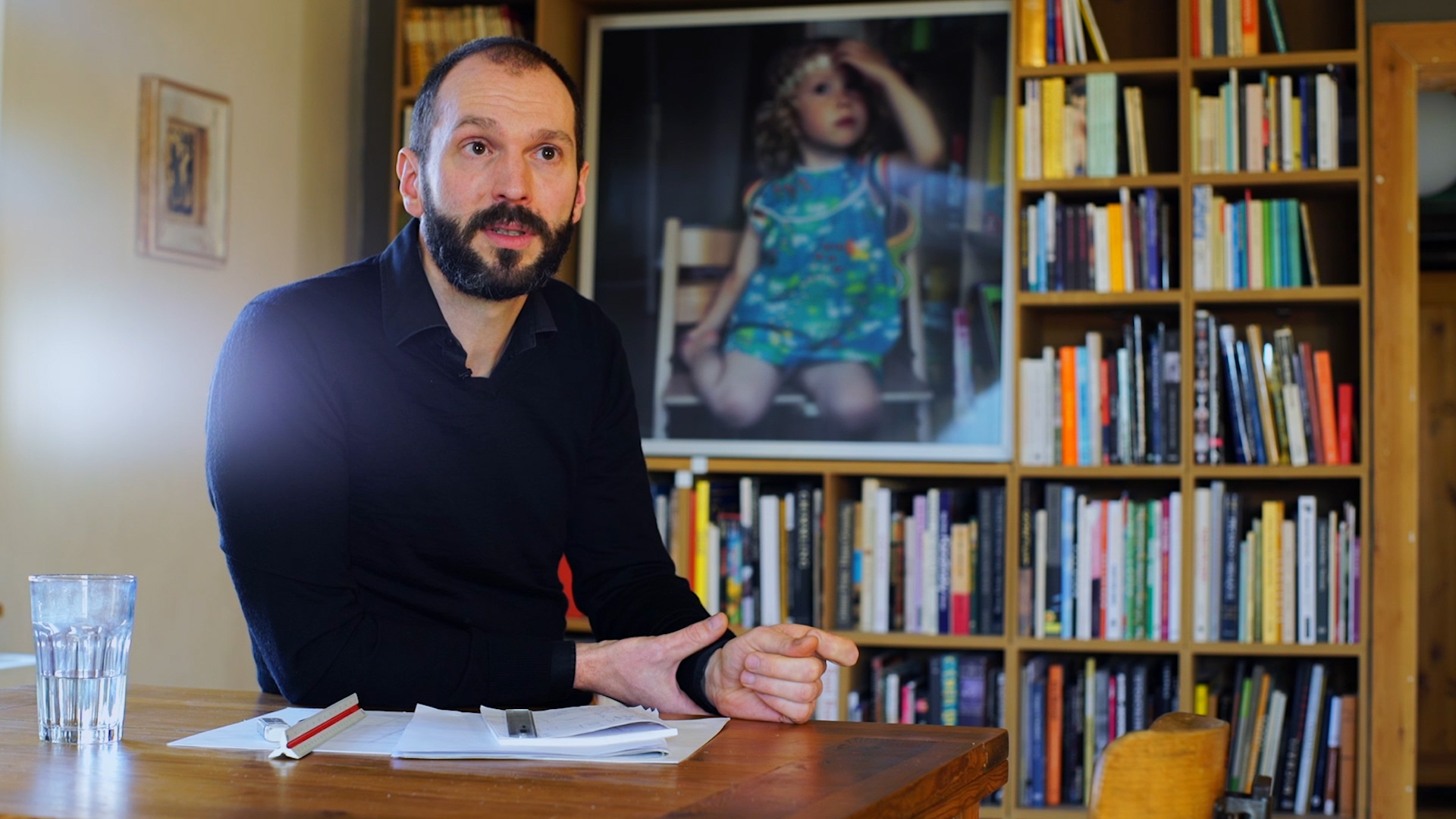
Prof. Christian MahlerProfessor für Motion Design
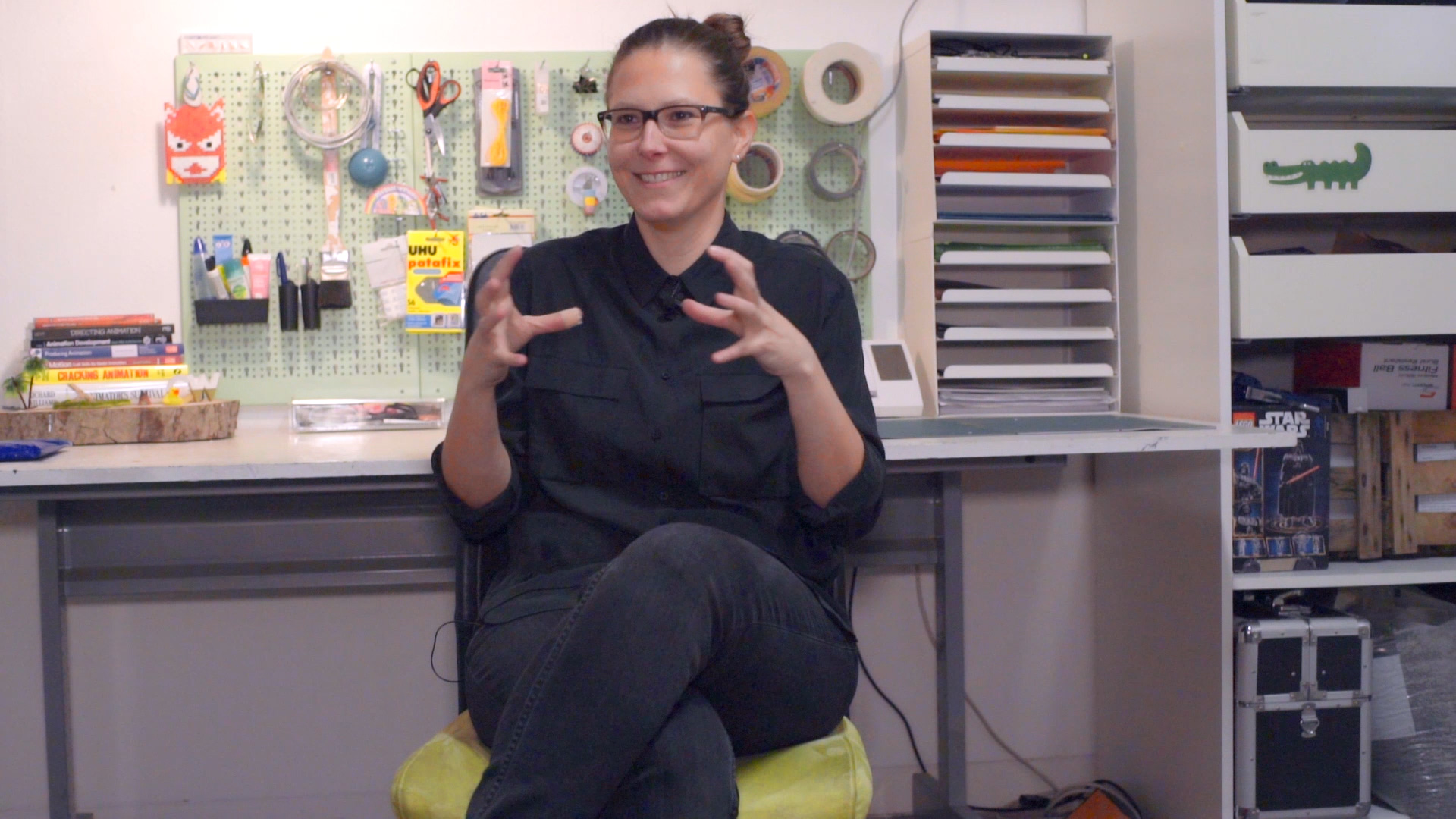
Cris WiegandtStop-Motion Animatorin
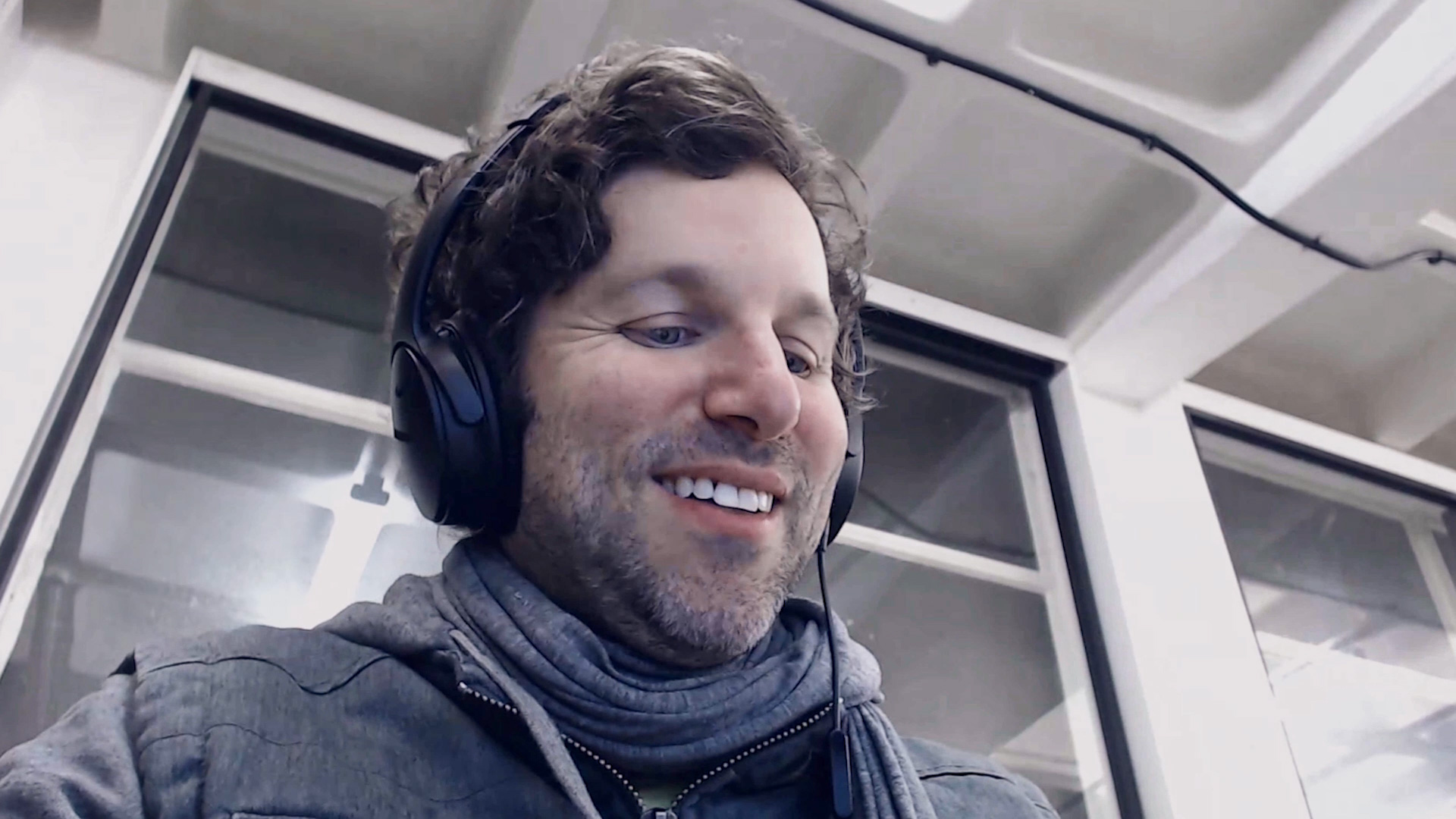
Bradley G. MunkowitzDesigner & Director
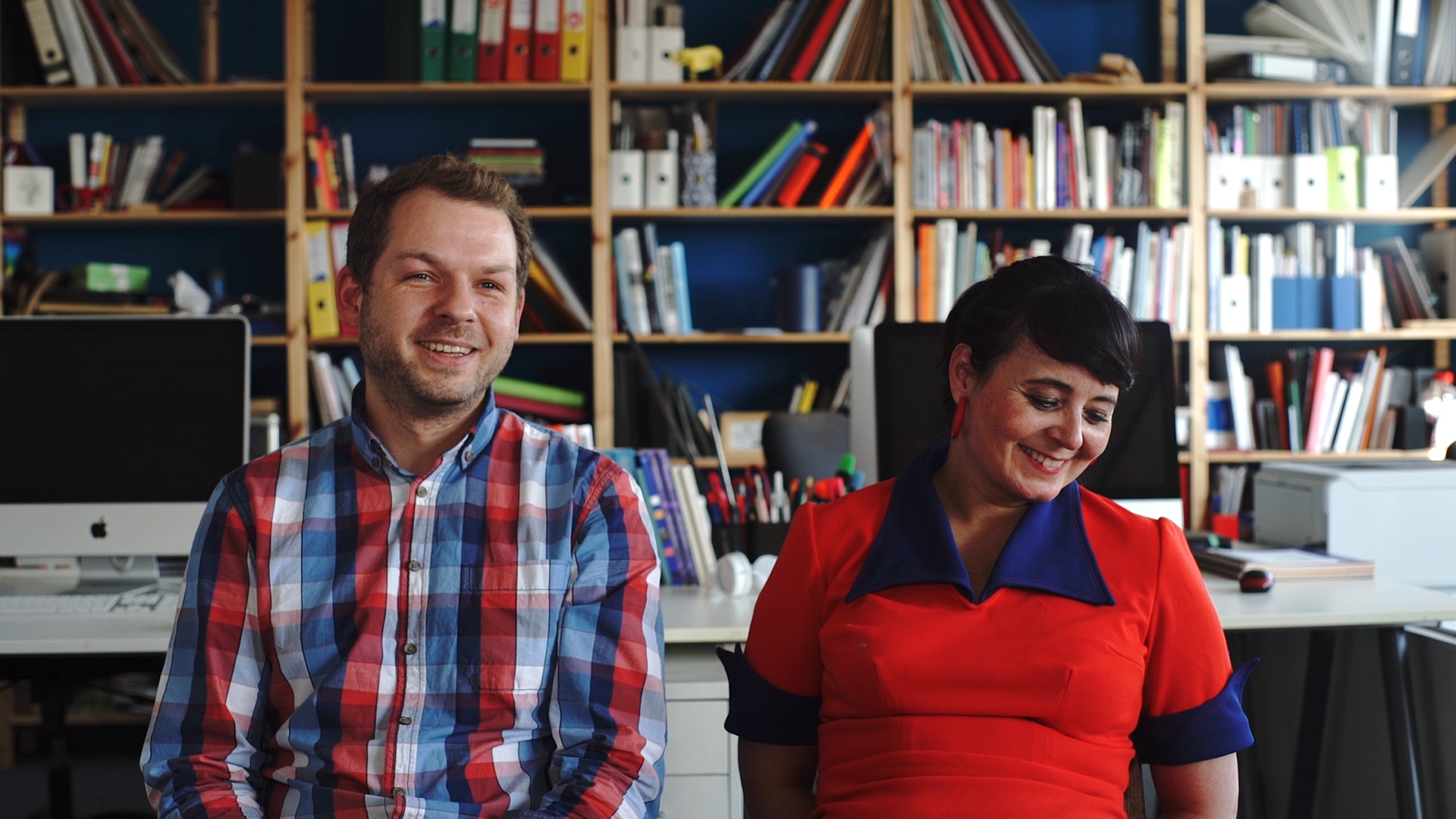
TwoPointsDesigner
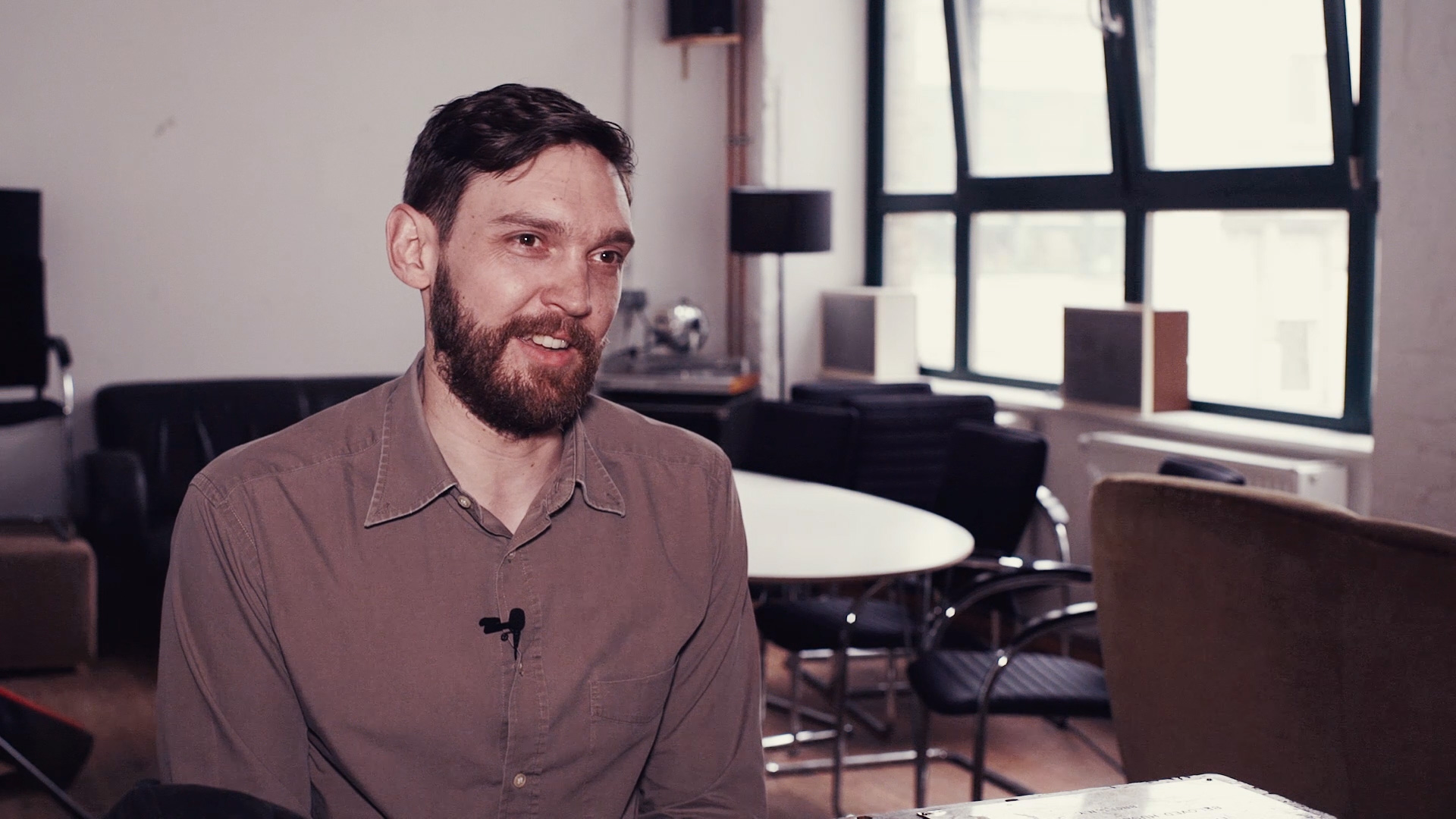
Andreas FischerKünstler
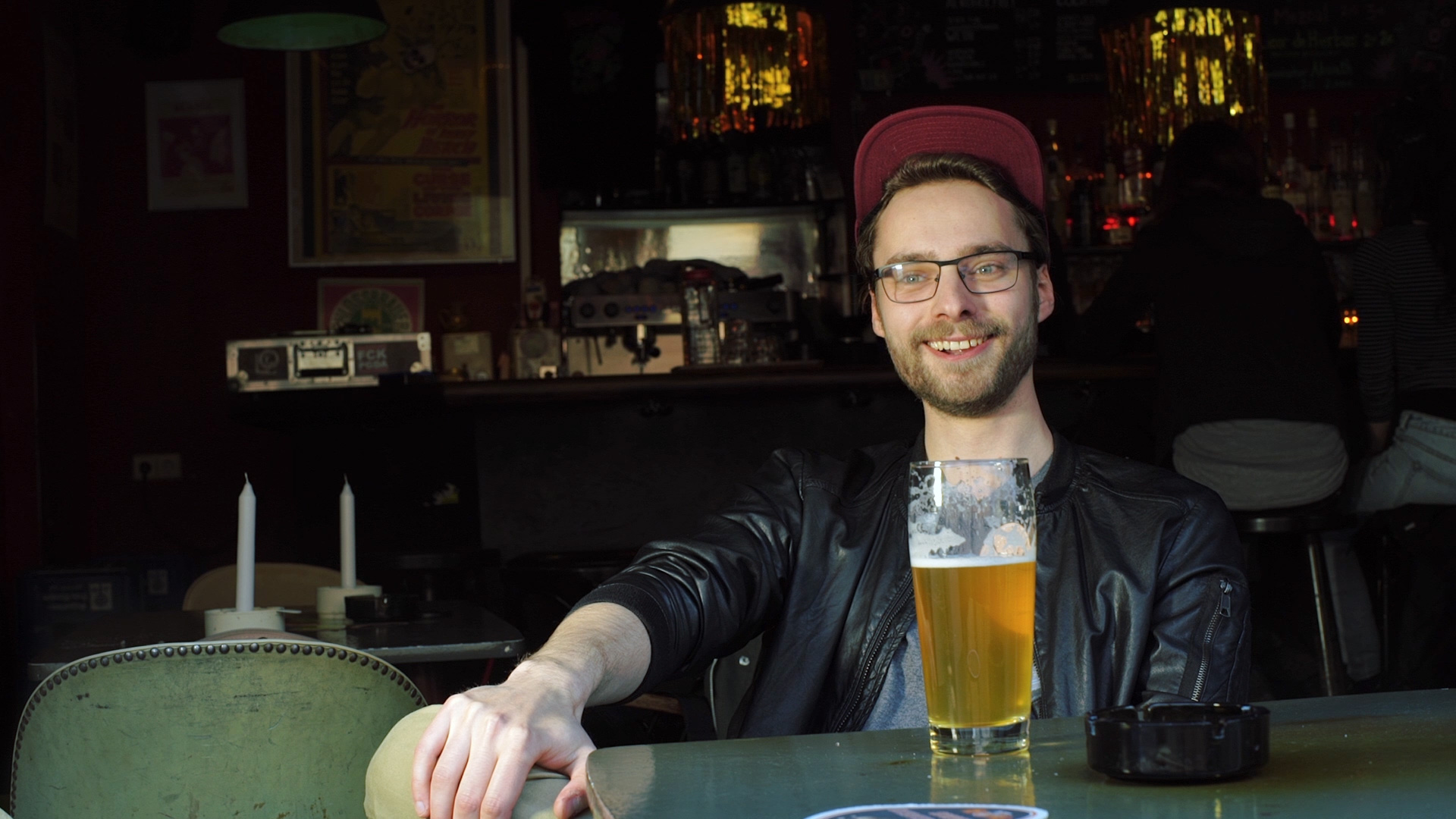
Bastian WieneckeIllustrator & Designer
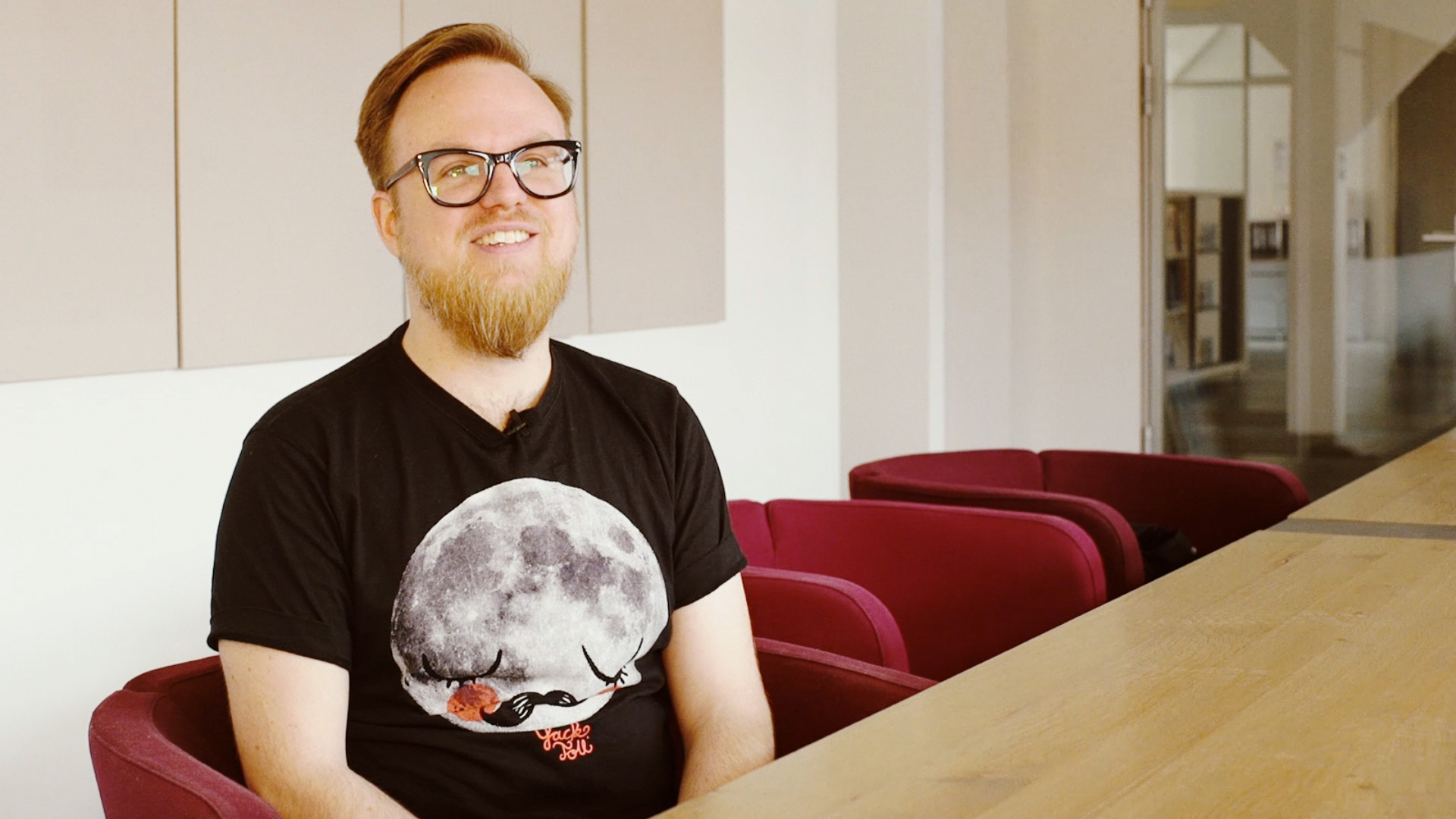
Chris SmallfieldVFX Supervisor & 3D Generalist
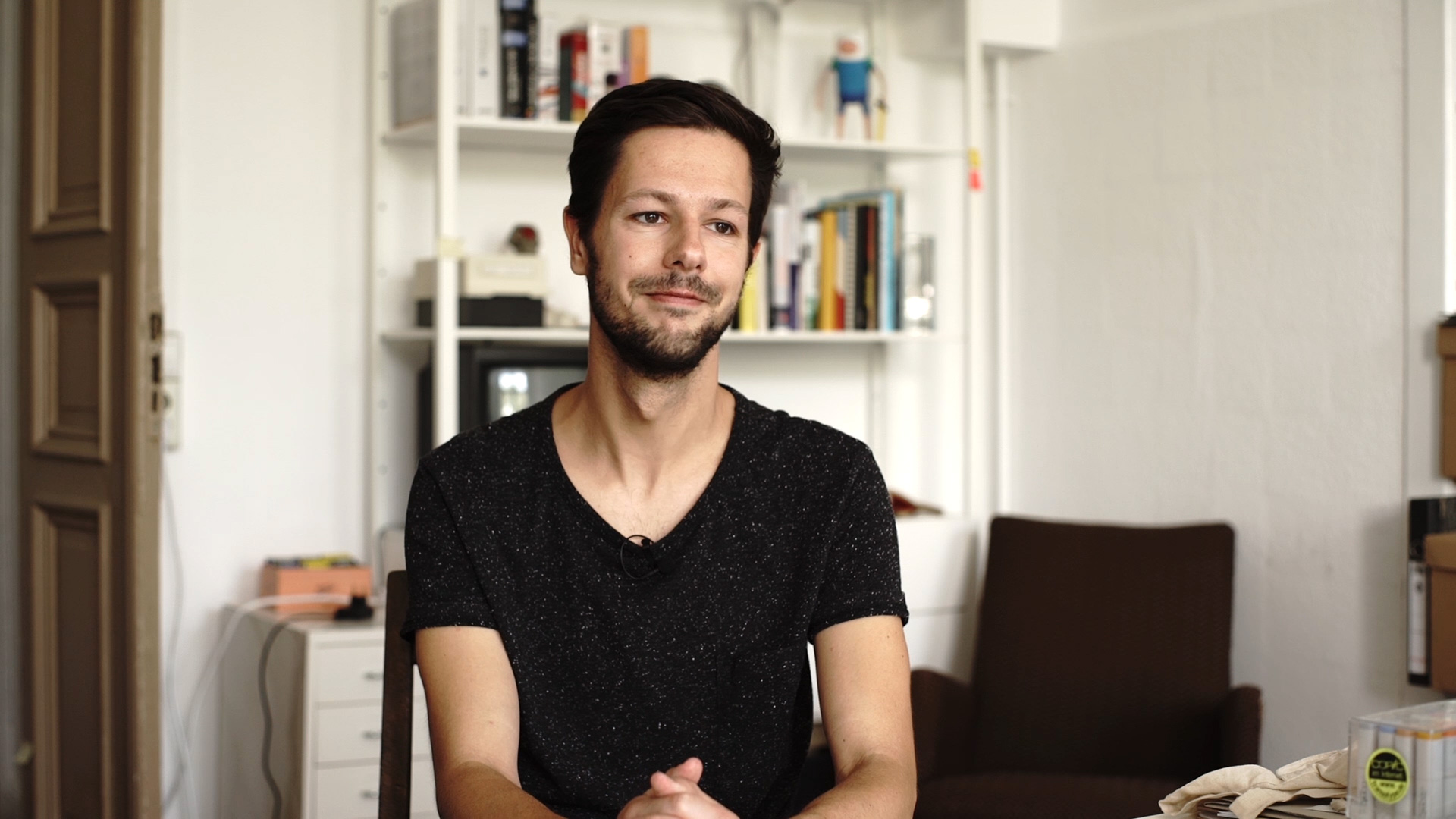
Ronny Schmidt3D Artist & Designer
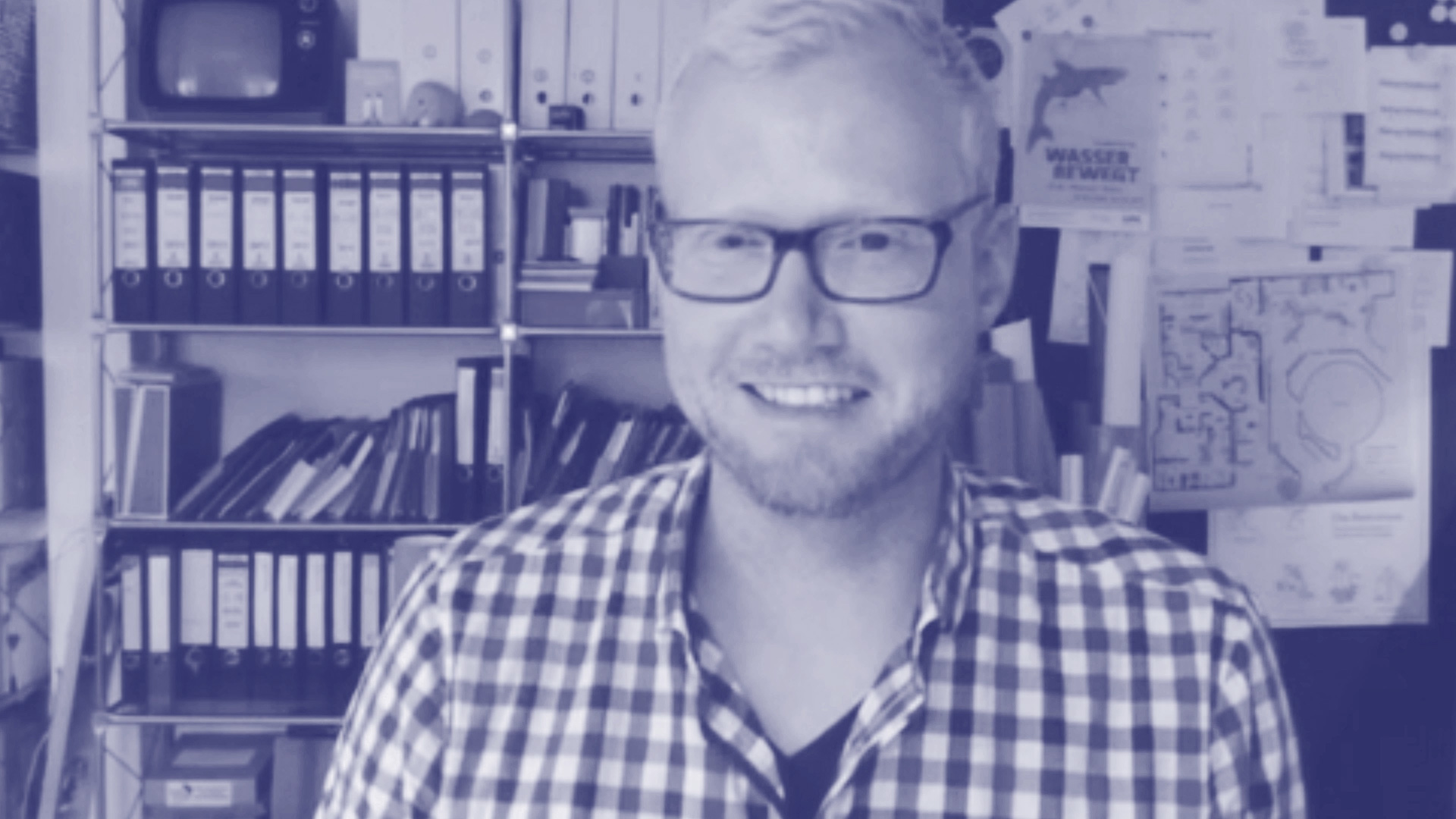
Christian BüningInformationsgestalter
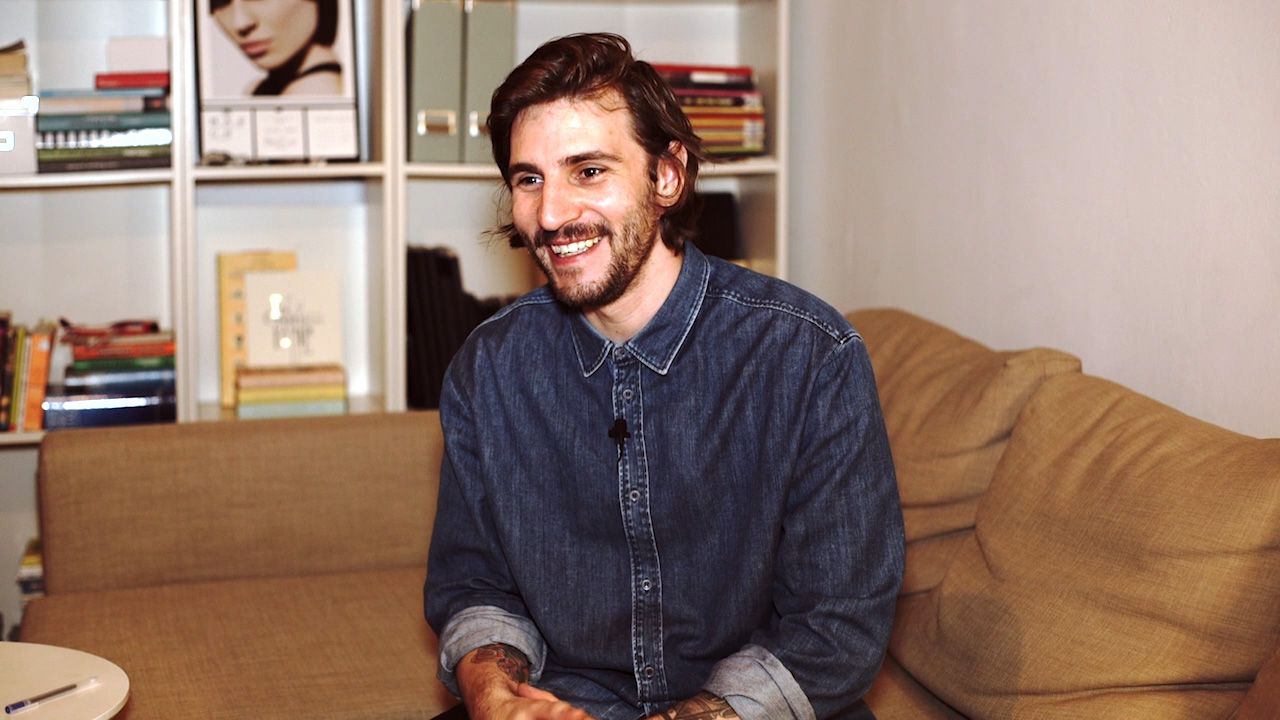
Hassan HaiderArt Director & Designer
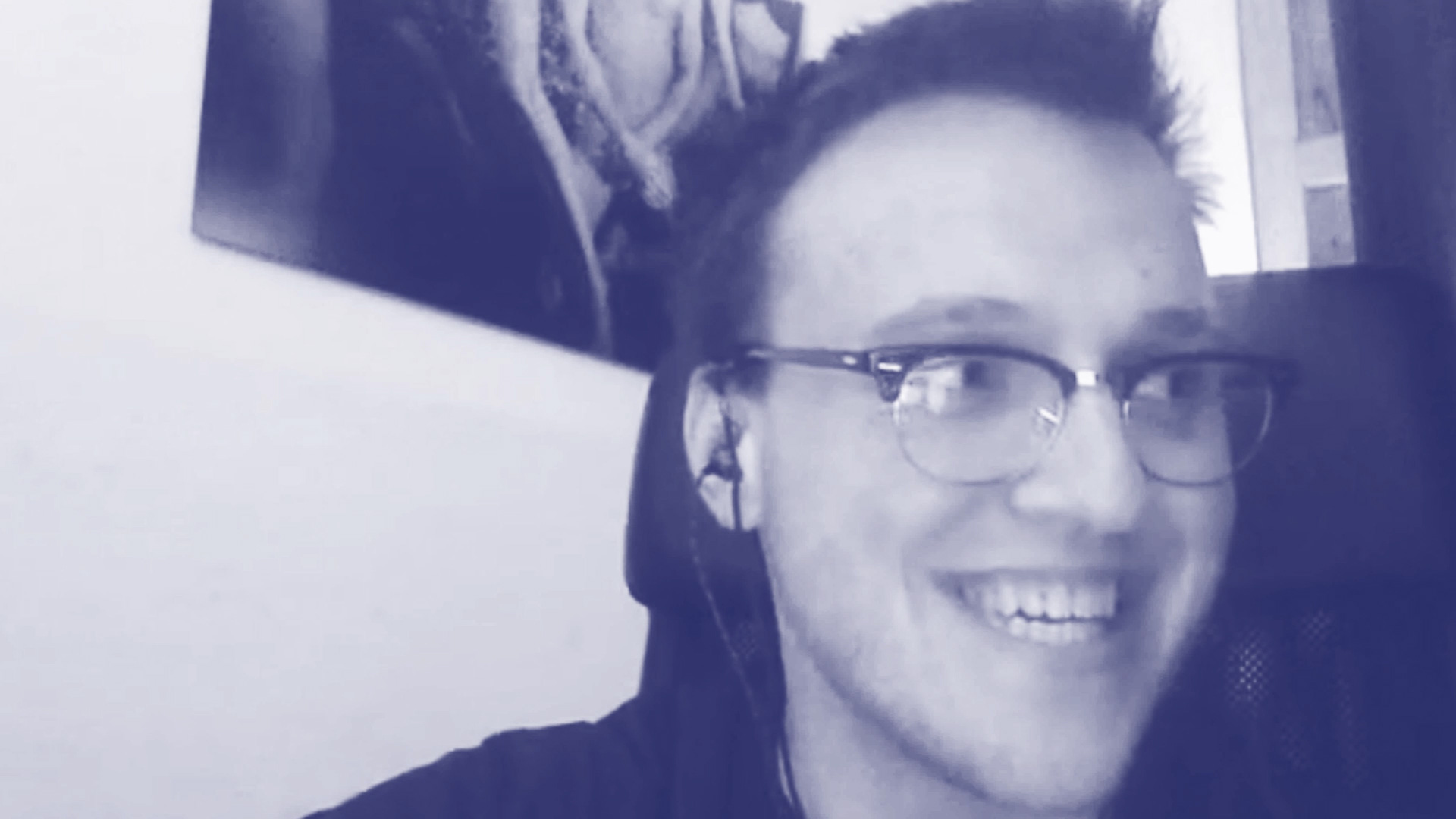
Andreas HofstetterJunior Creative & Filmemacher
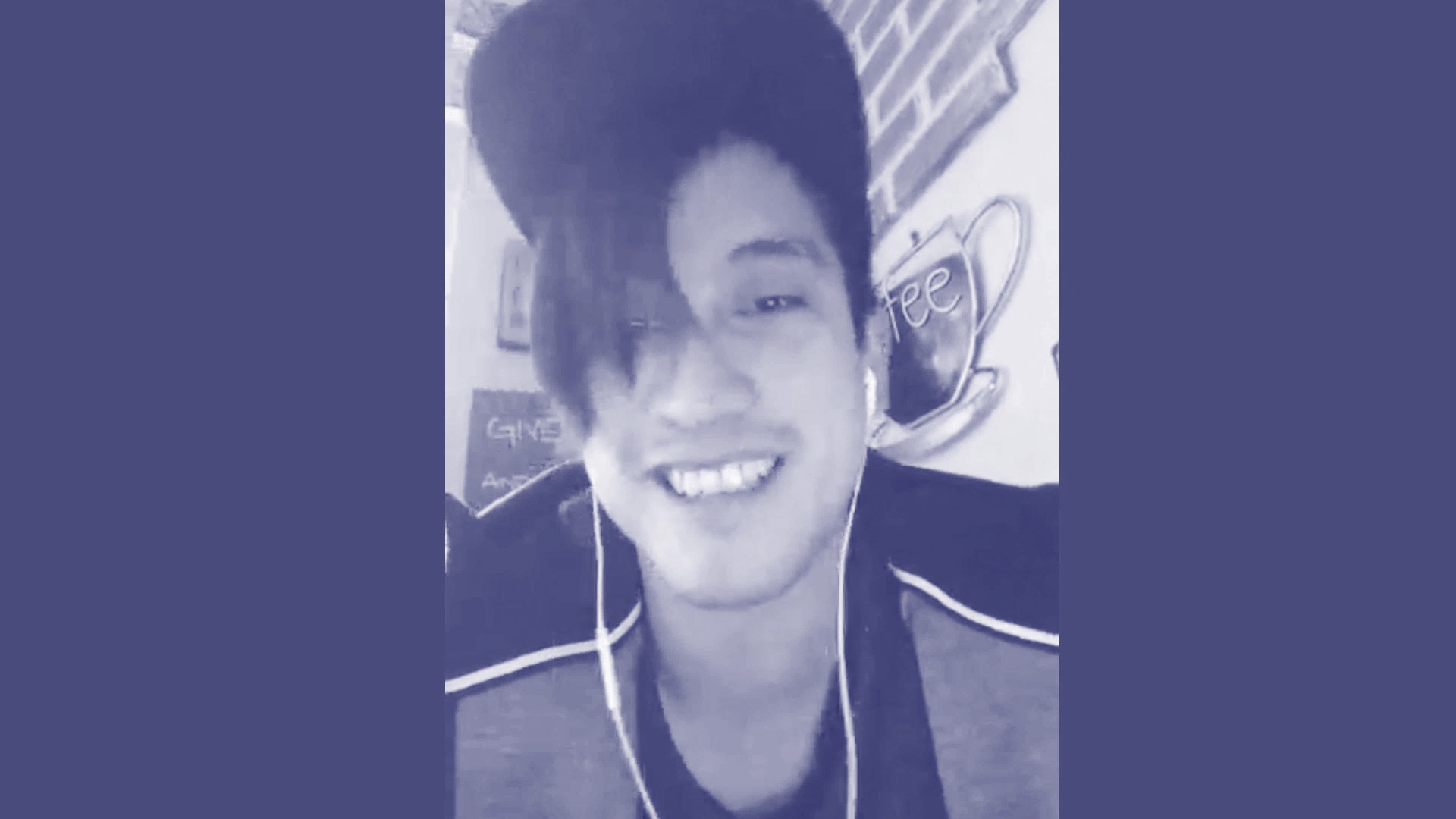
Vi-Dan TranRegisseur & Stuntman
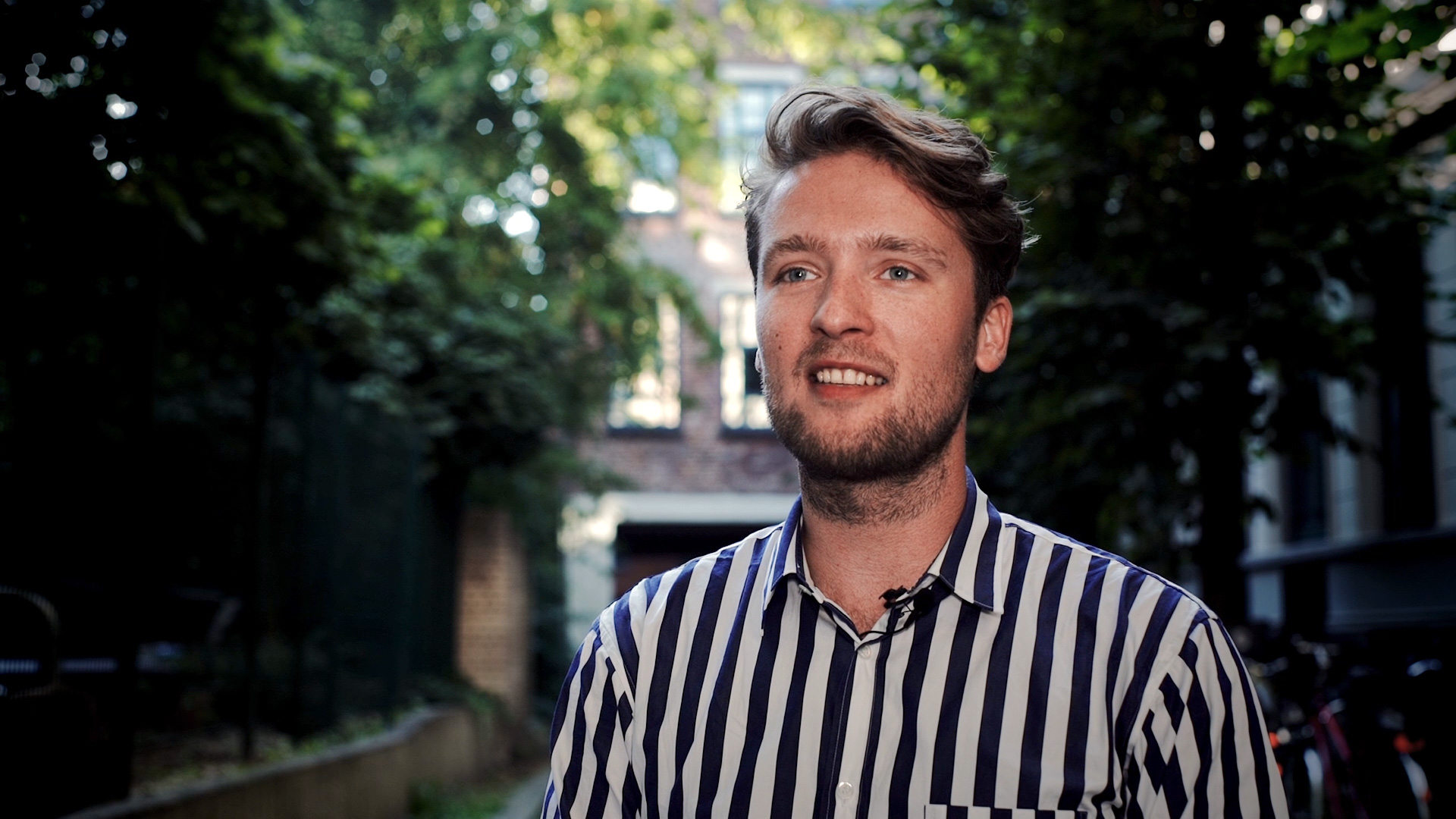
Dominic RepenningDesigner & Regisseur
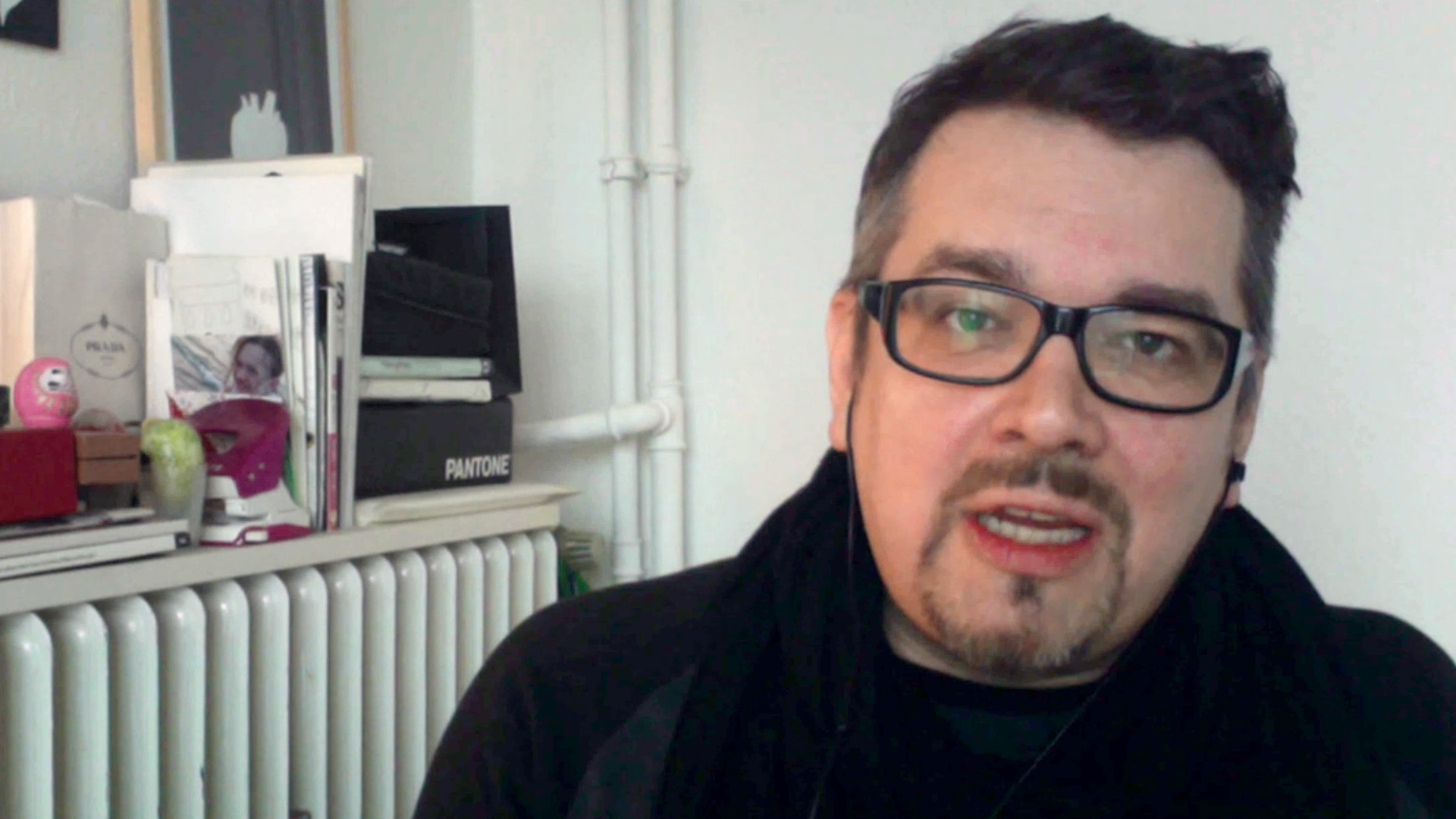
Kay TennemannAnimation Director & Designer
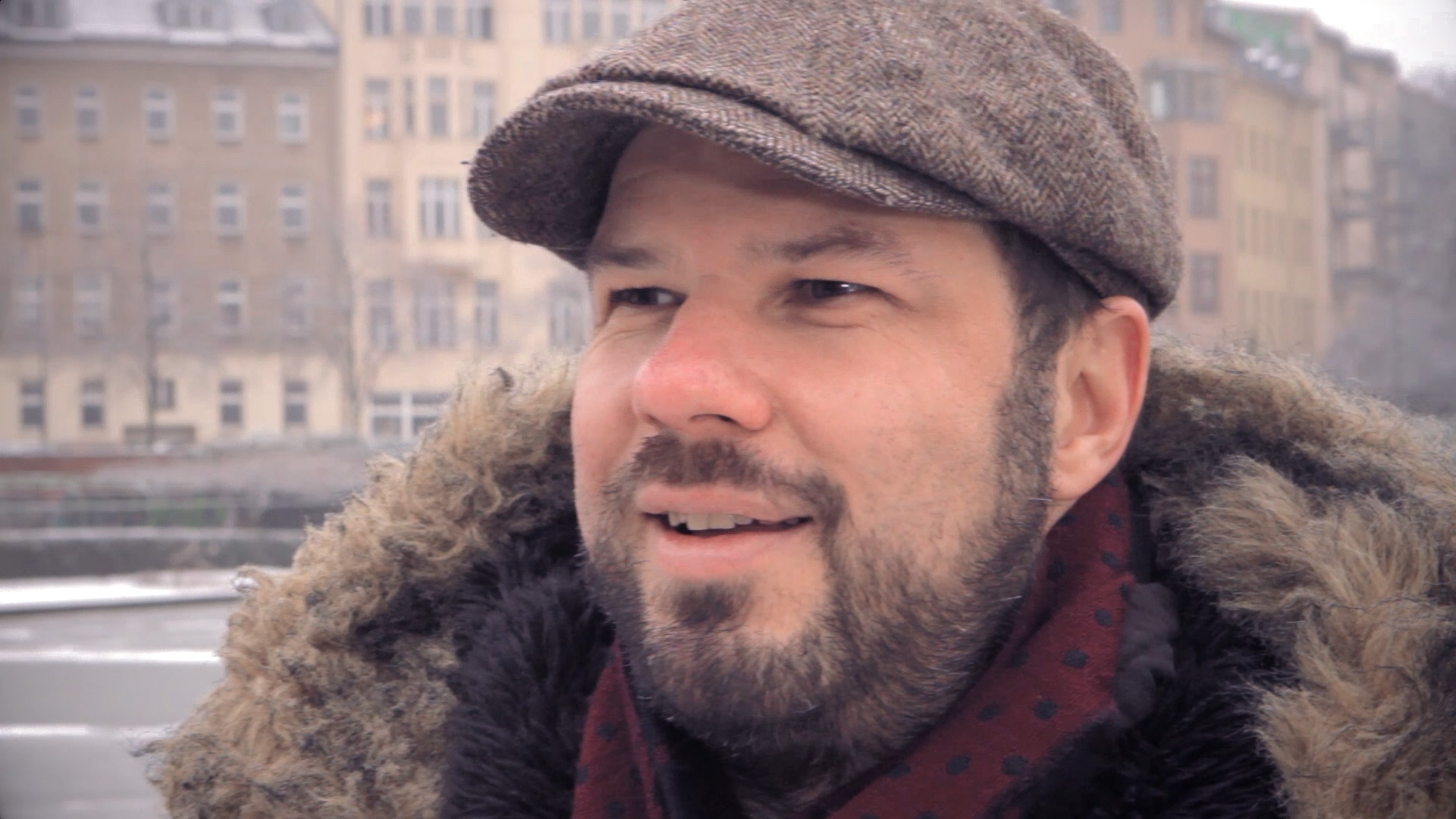
Uwe FladeRegisseur
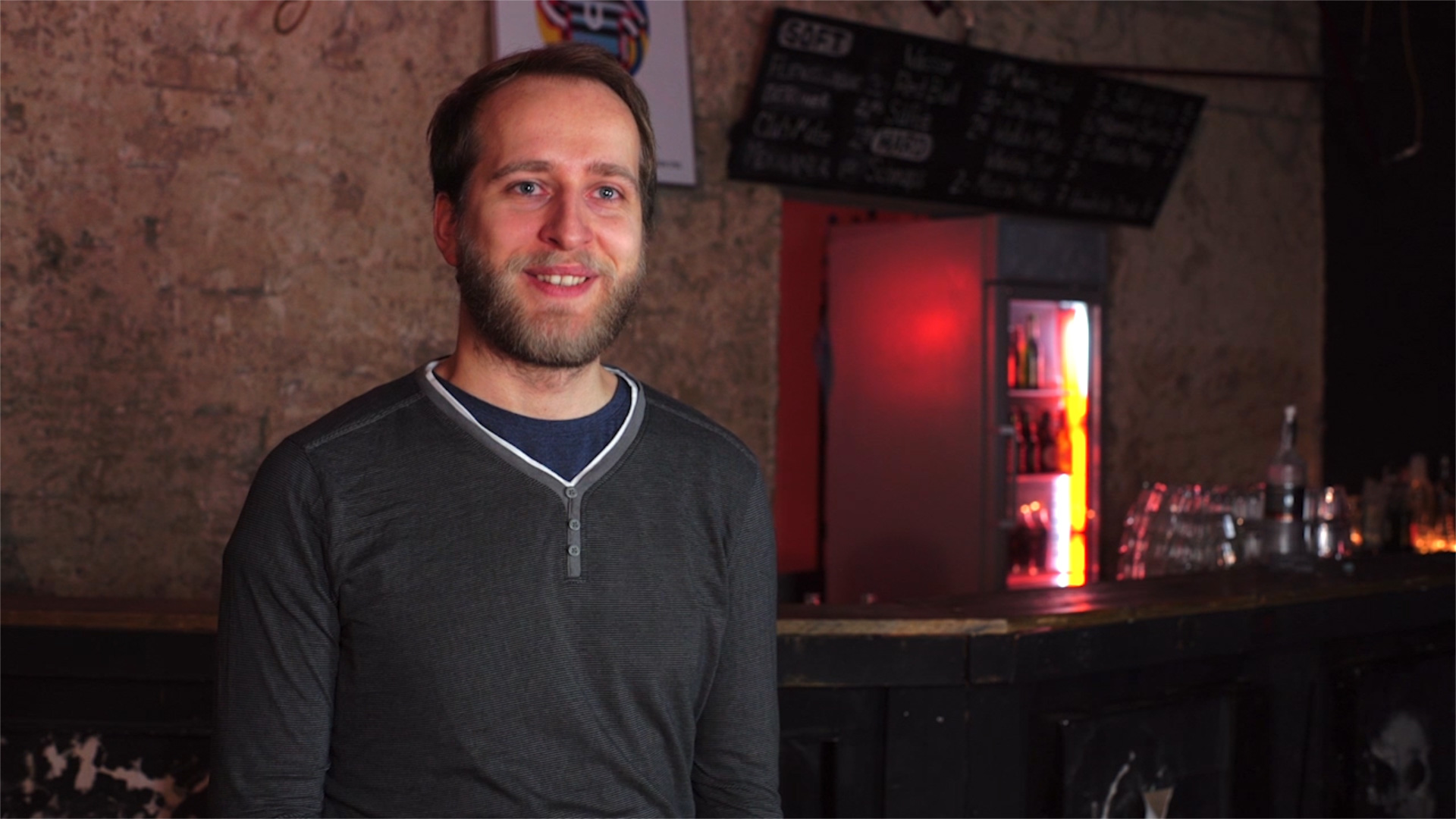
Johannes FiglhuberConcept Designer
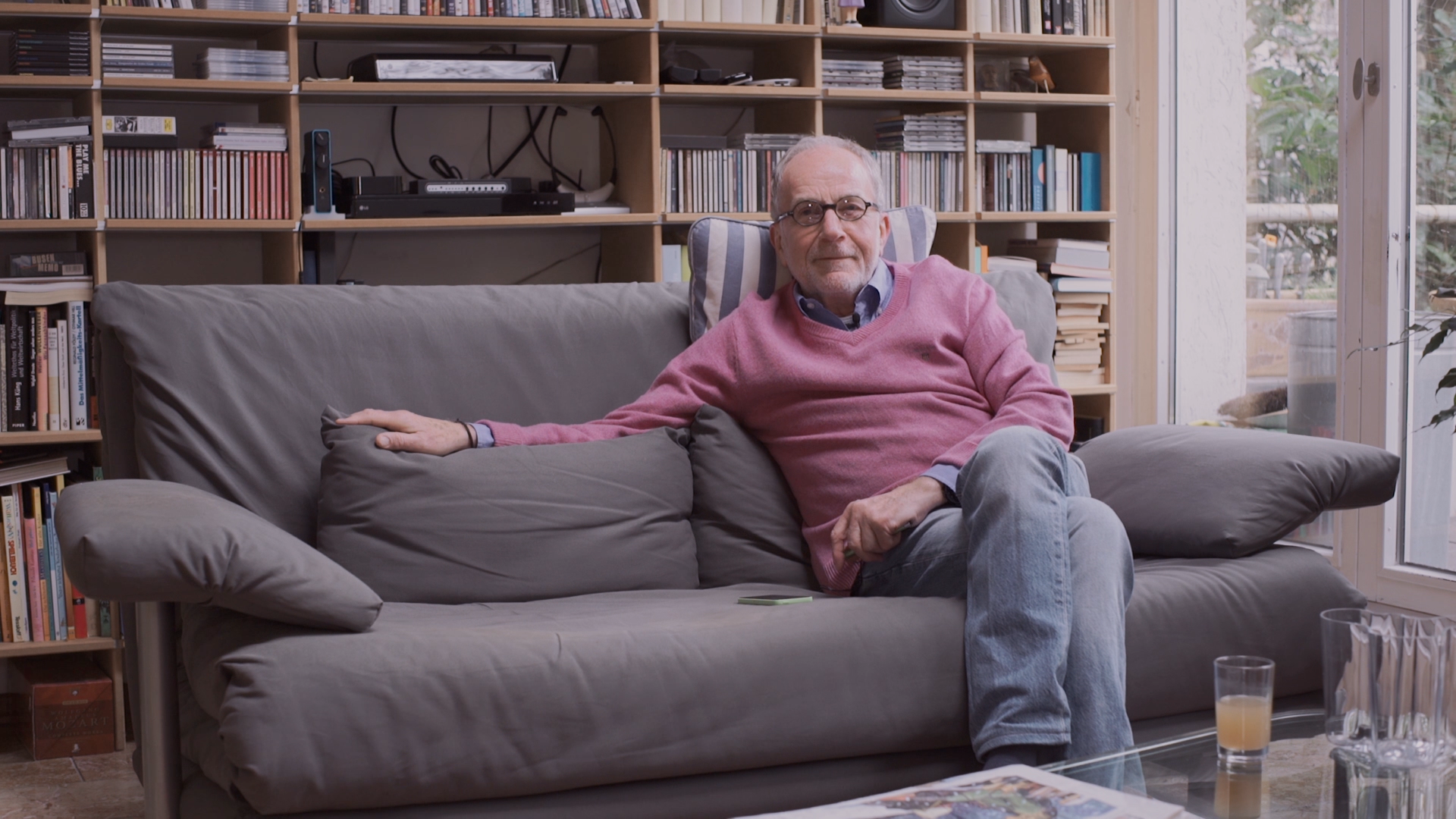
Helmut M. Schmitt-SiegelGestalter
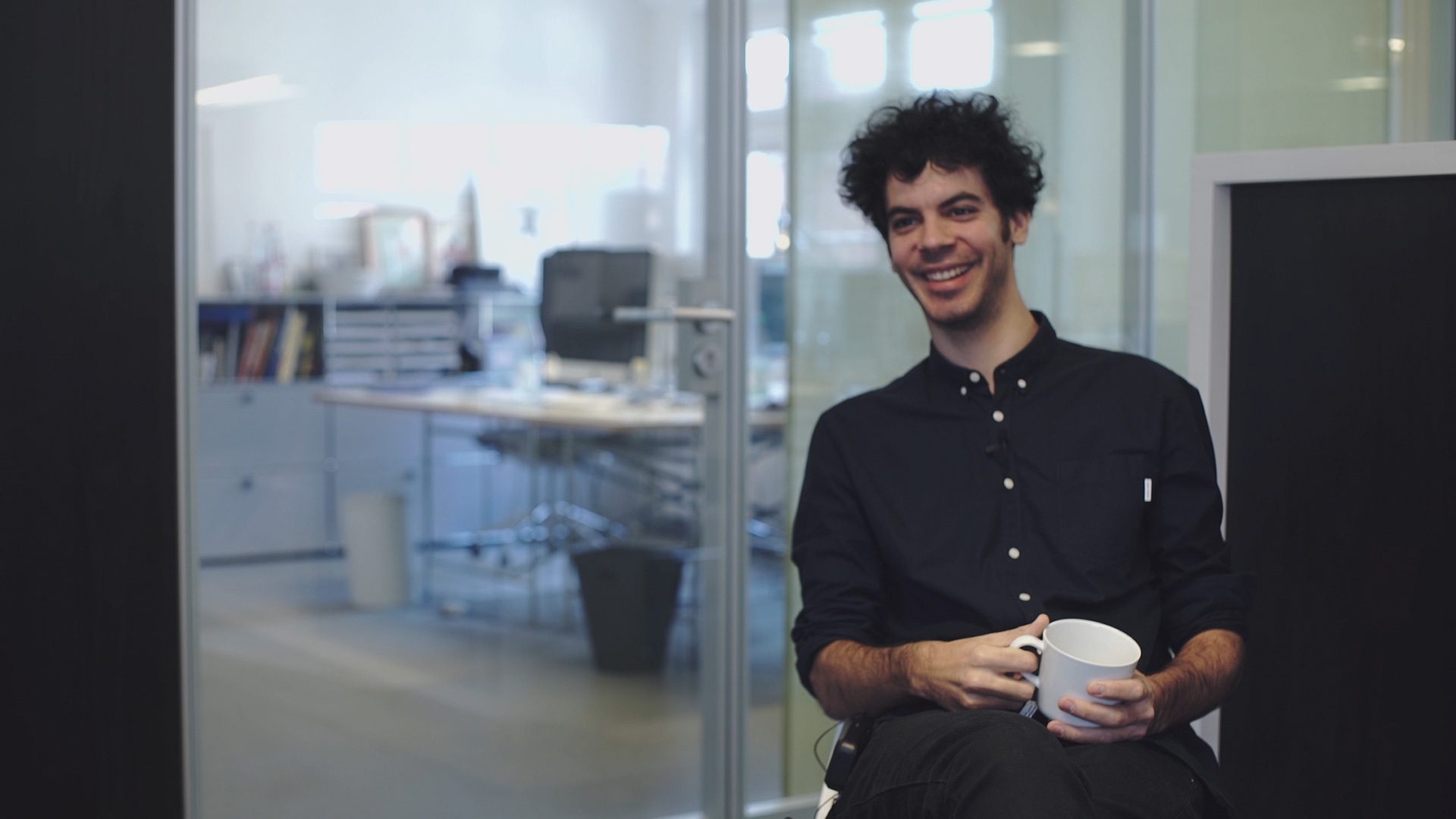
Dante ZaballaAnimator
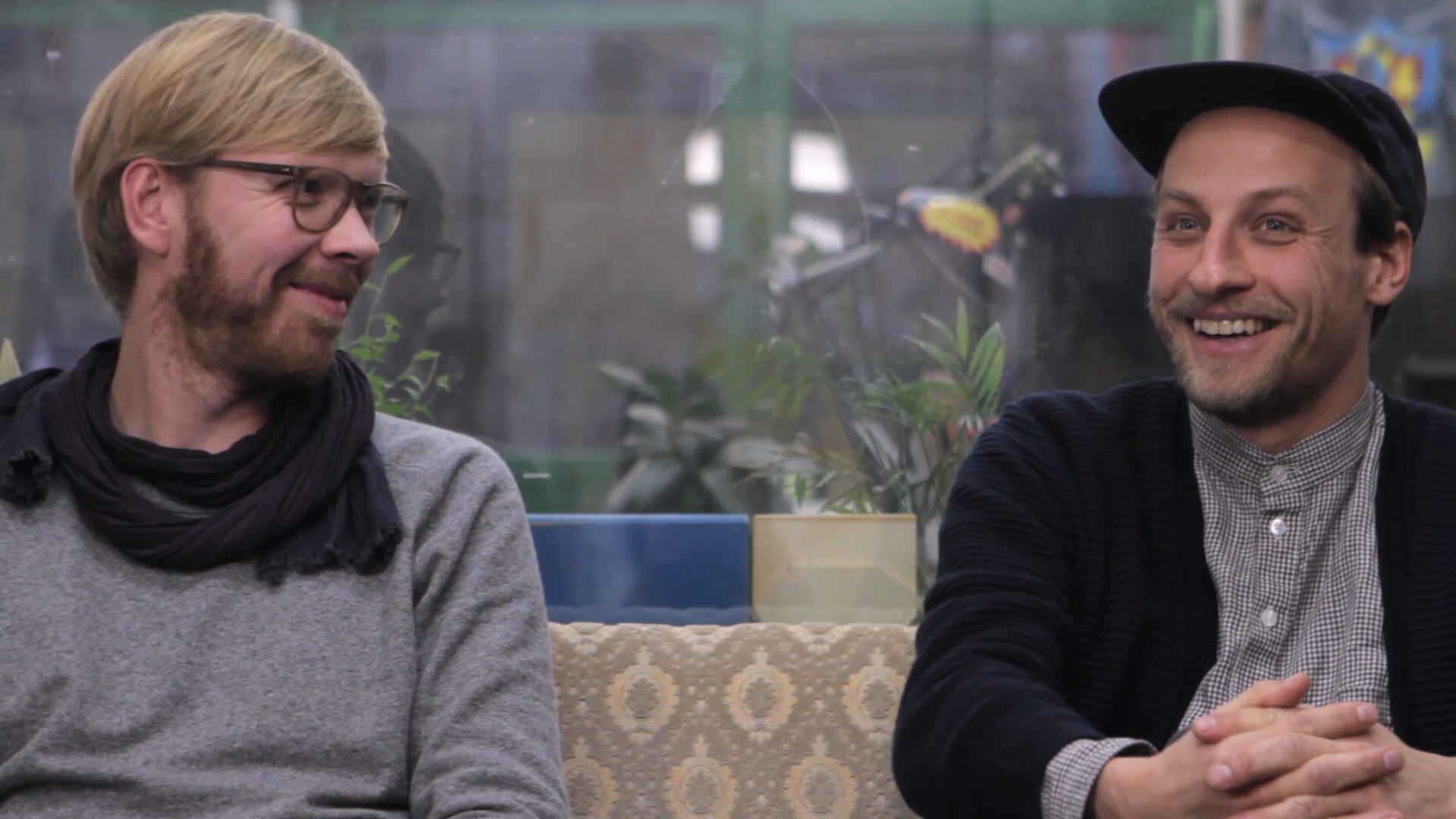
44FLAVOURSKünstler
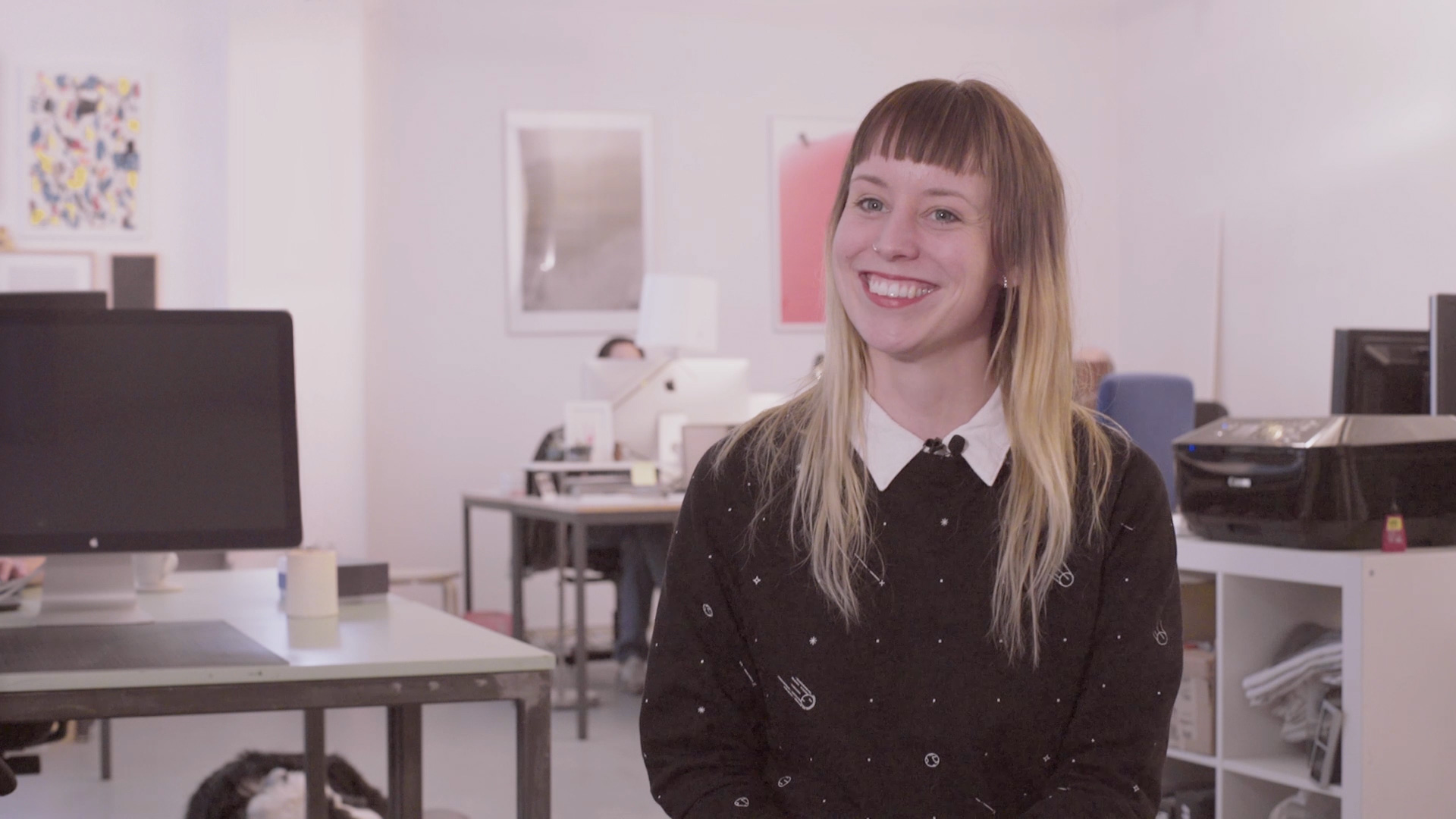
Mette Ilene HolmriisIllustratorin & Animatorin
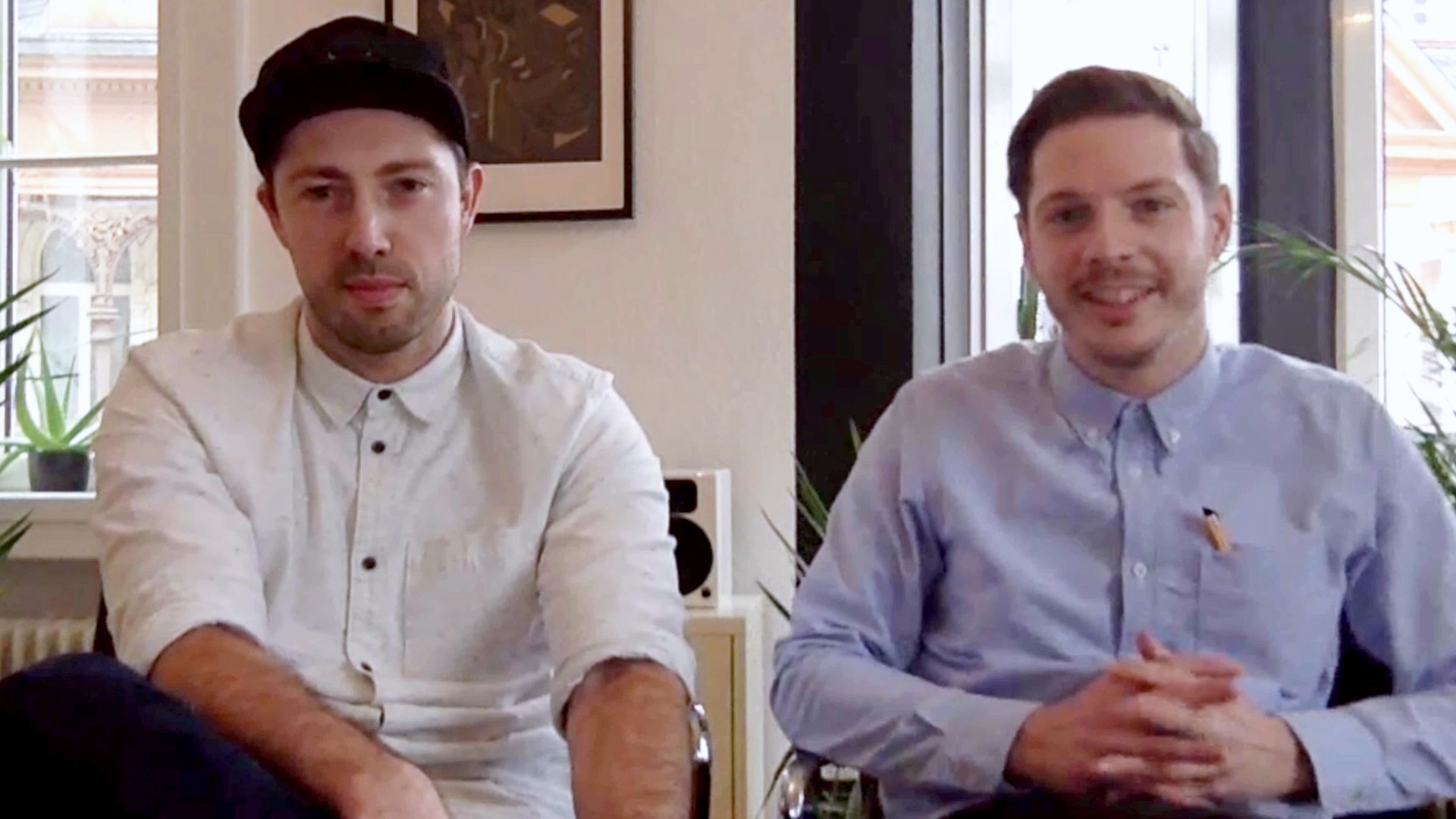
FOREALDesigner
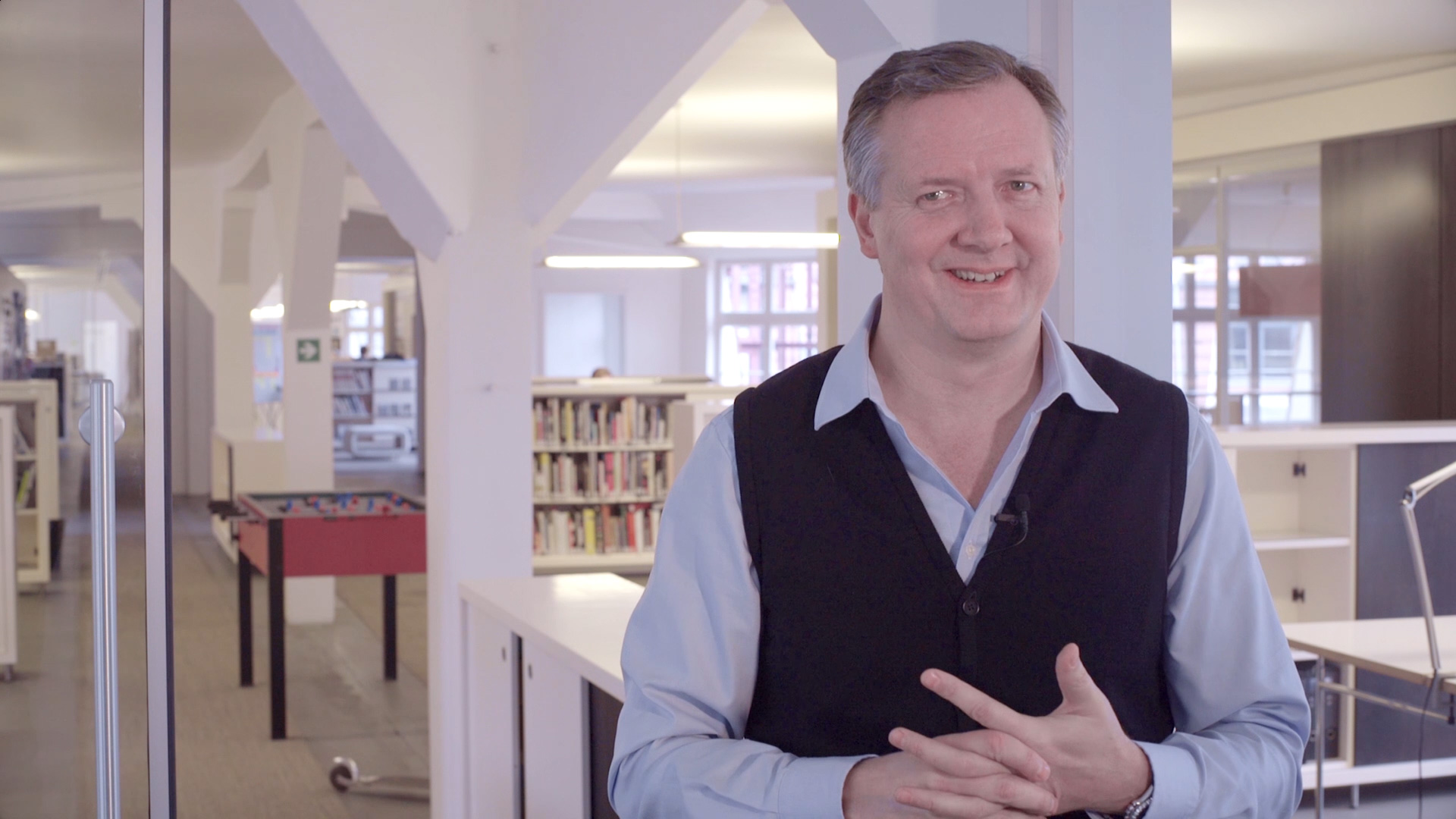
Tammo F. BrunsDesigner & Geschäftsführer
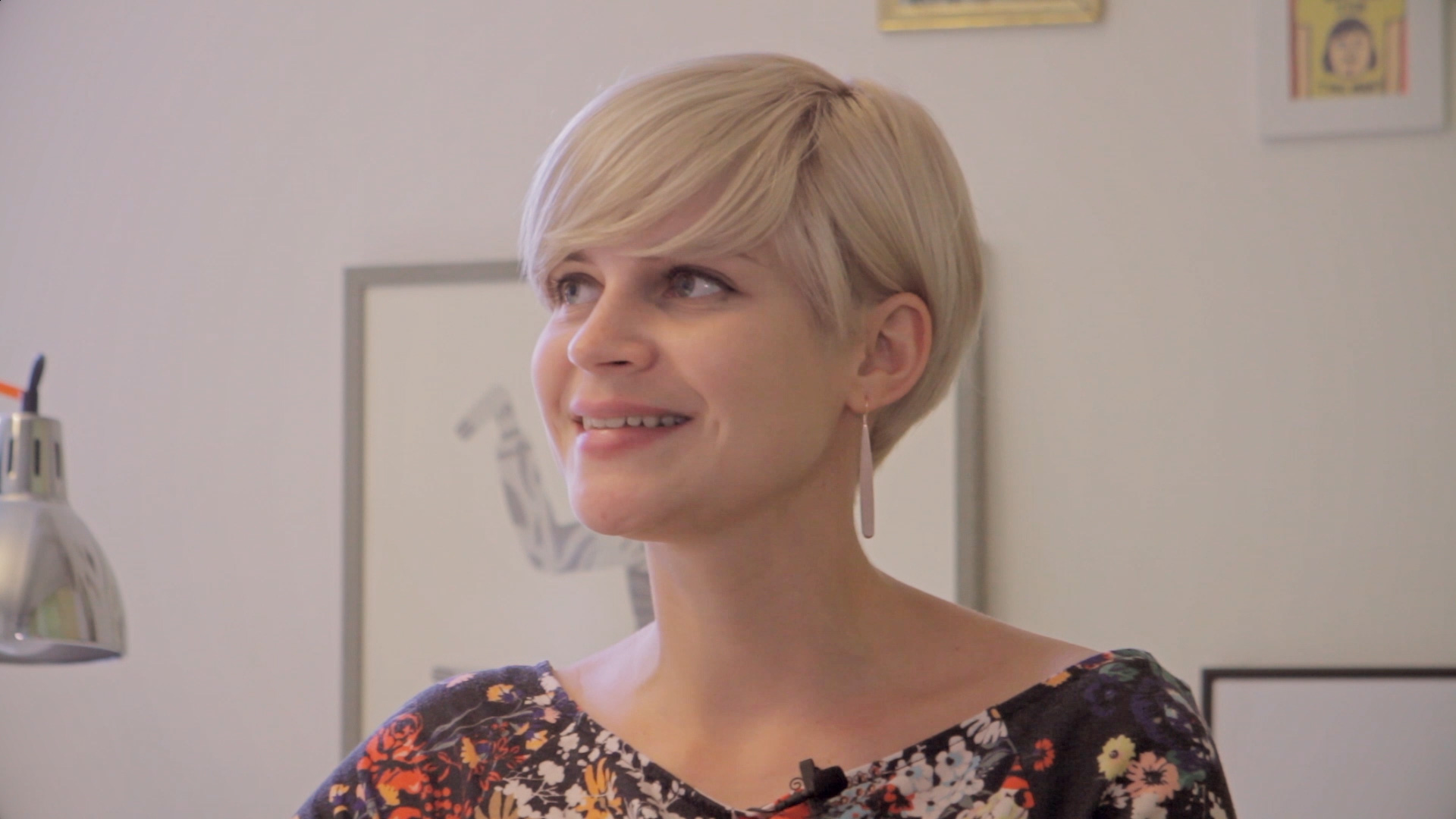
Susann Stötzner2D-Animatorin
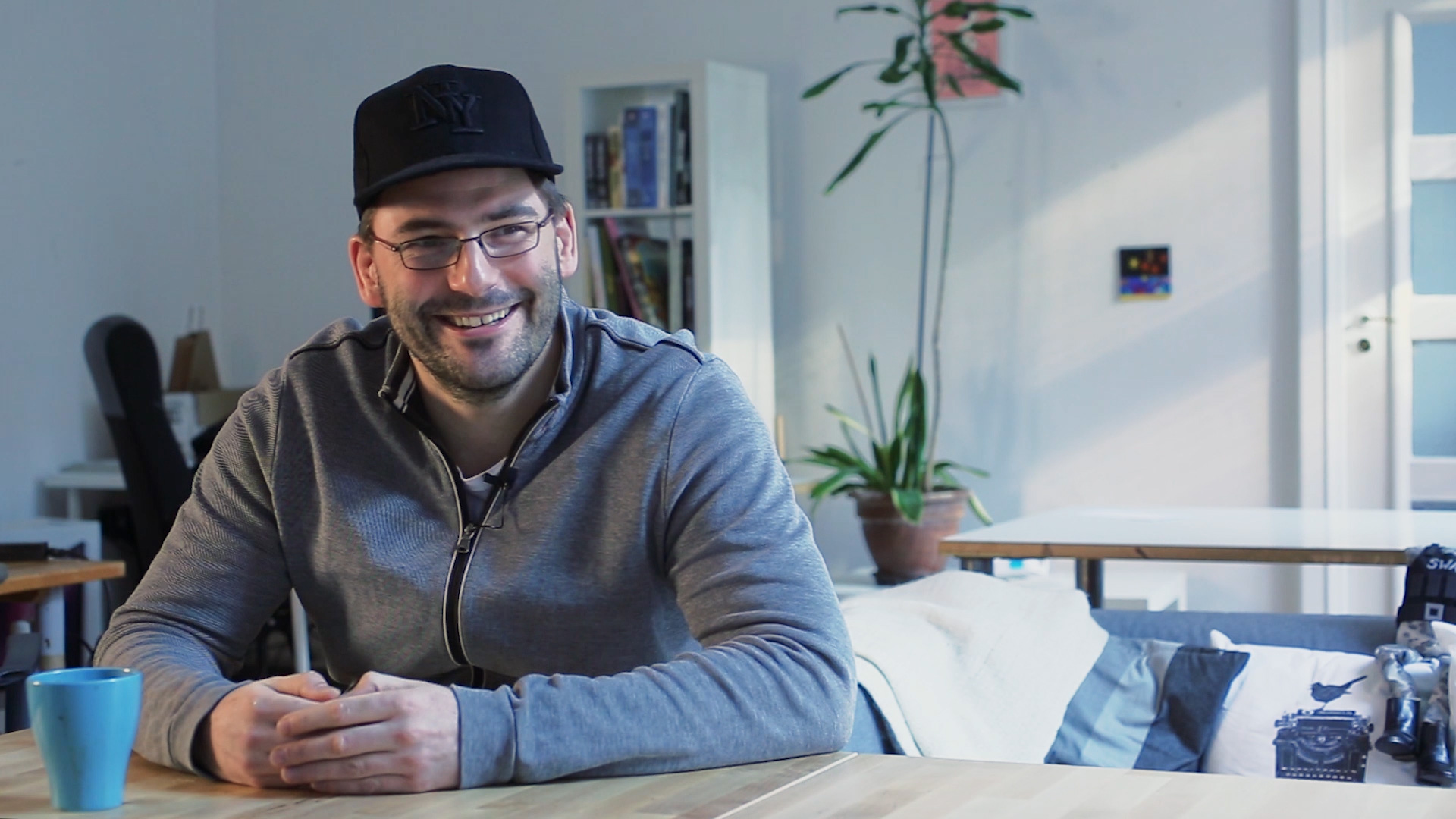
Alexander GellnerZeichner & Filmemacher
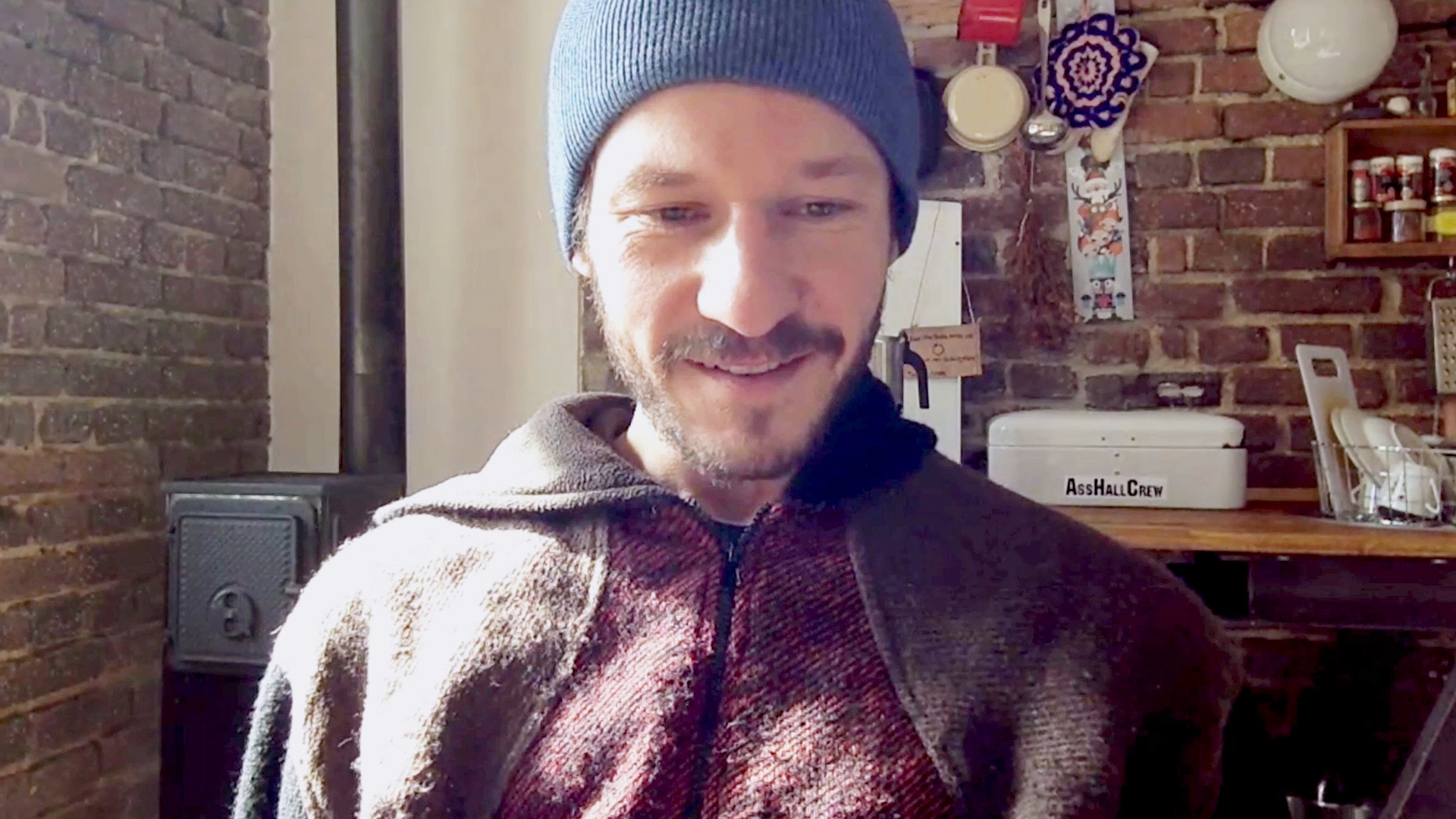
René EckertFilmemacher & Fotograf
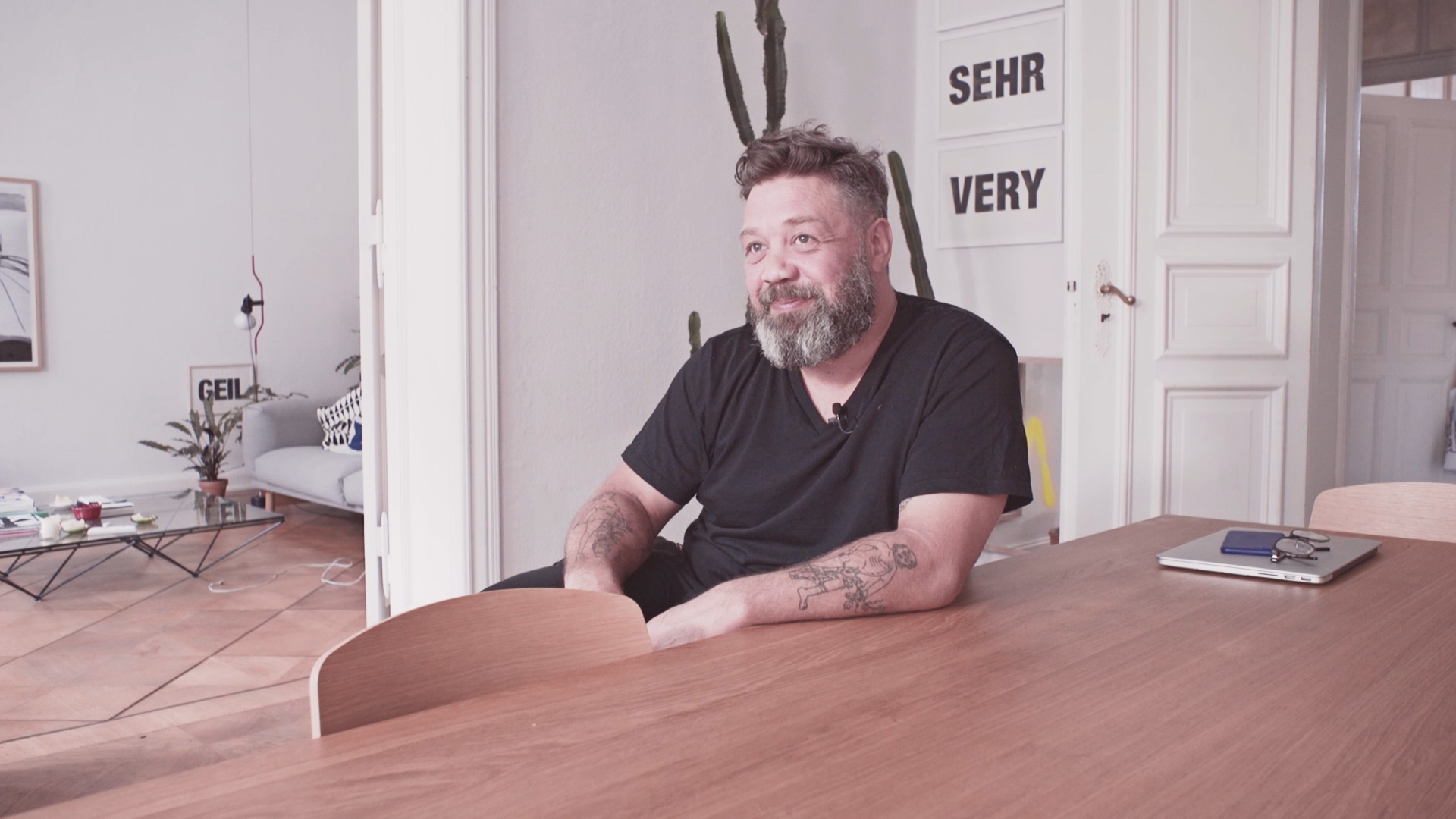
Eike KönigGestalter
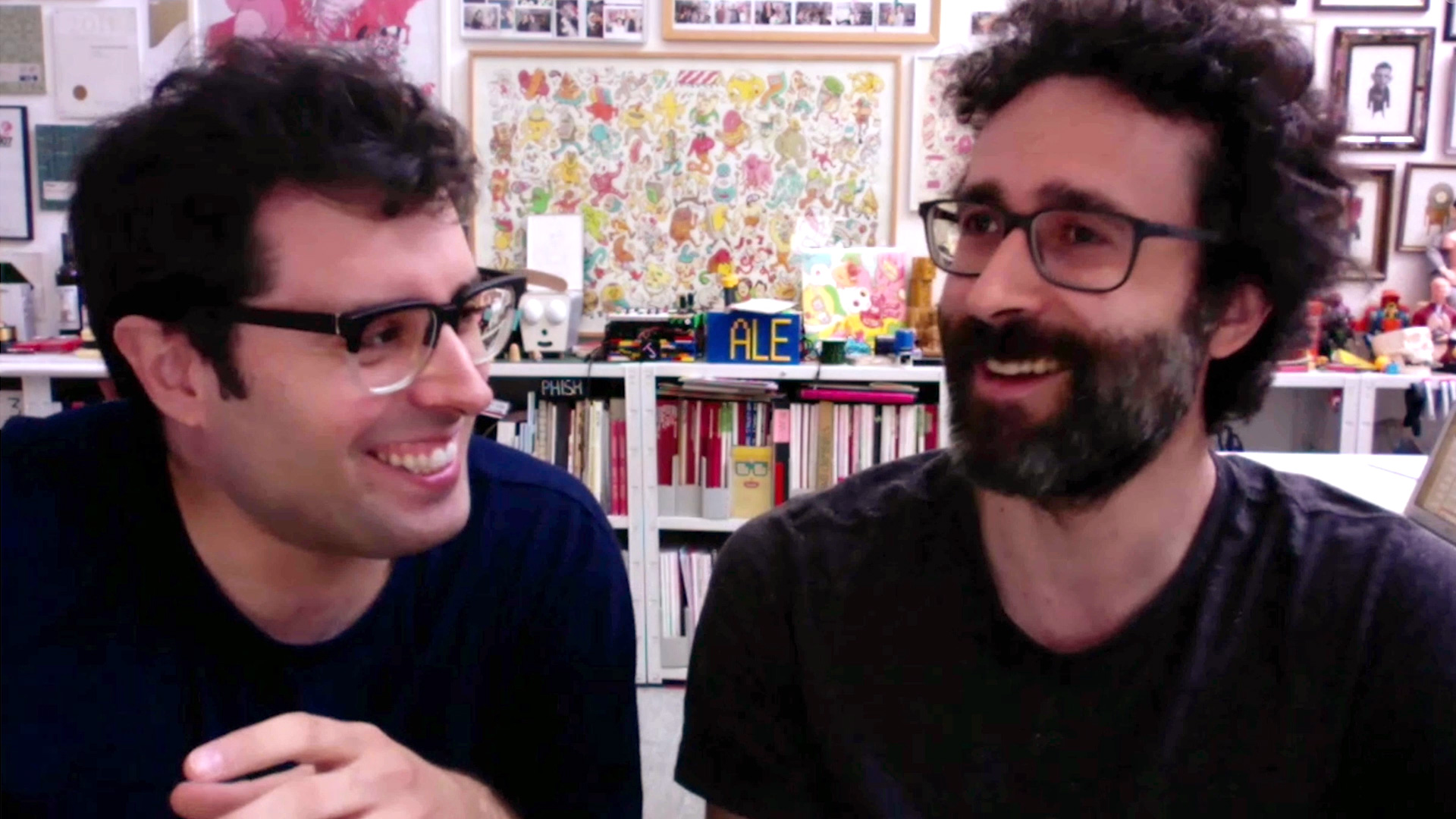
BrosmindIllustratoren & Künstler
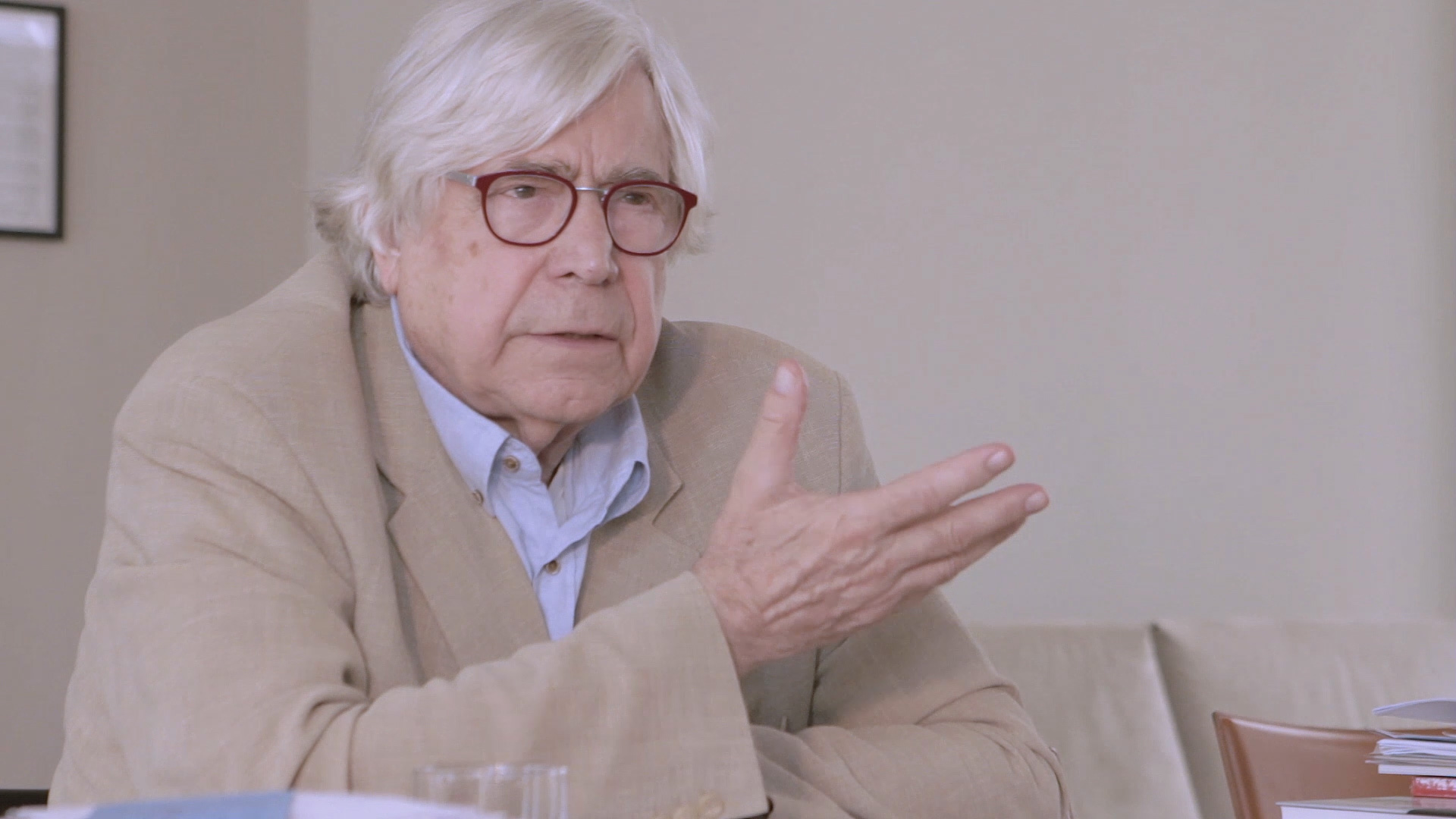
Bazon BrockKünstler & Kulturkritiker
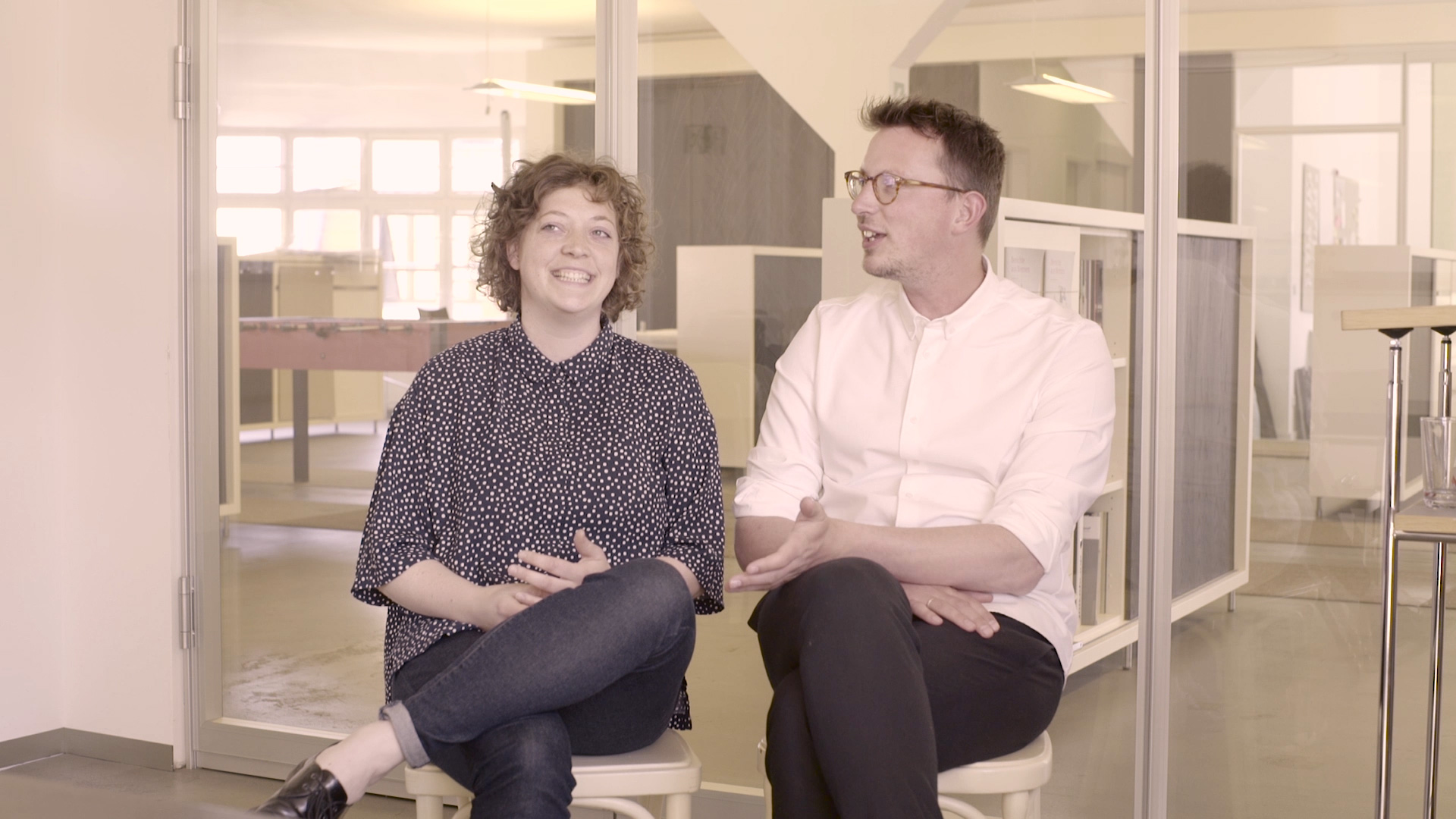
From FormDesigner & Filmmacher
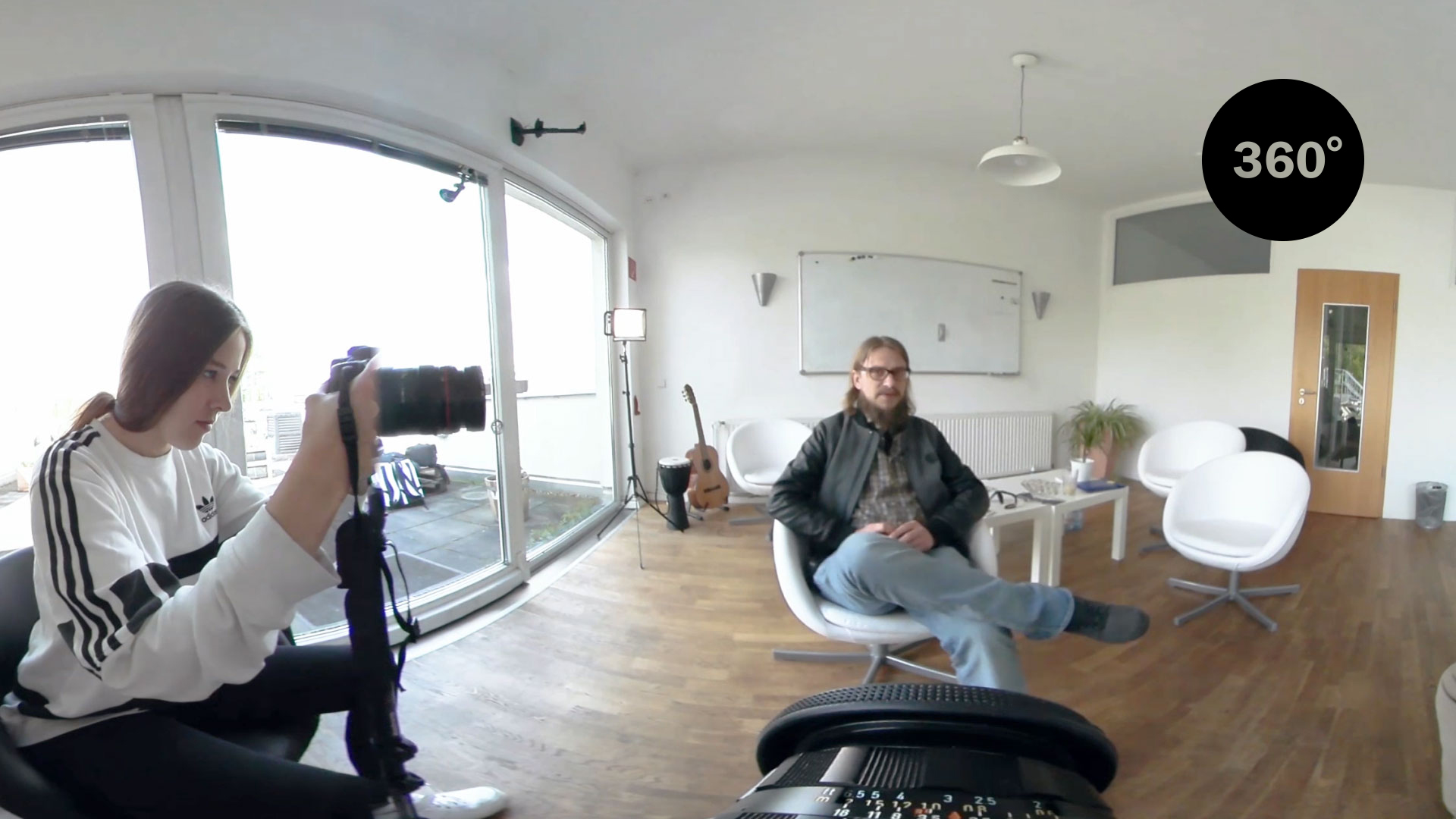
Sönke KirchhoffFilmemacher
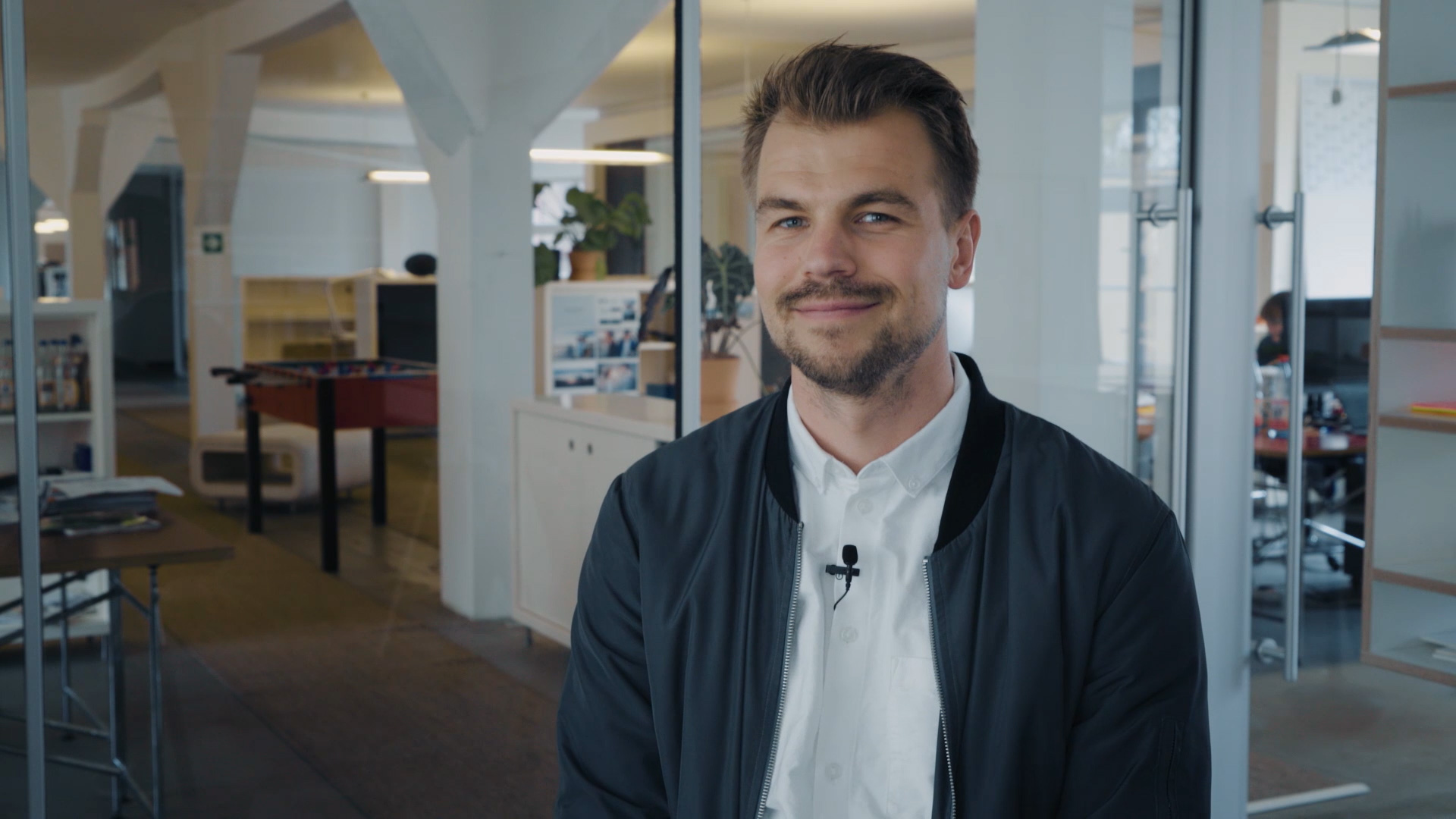
Holger JungnickelKameramann
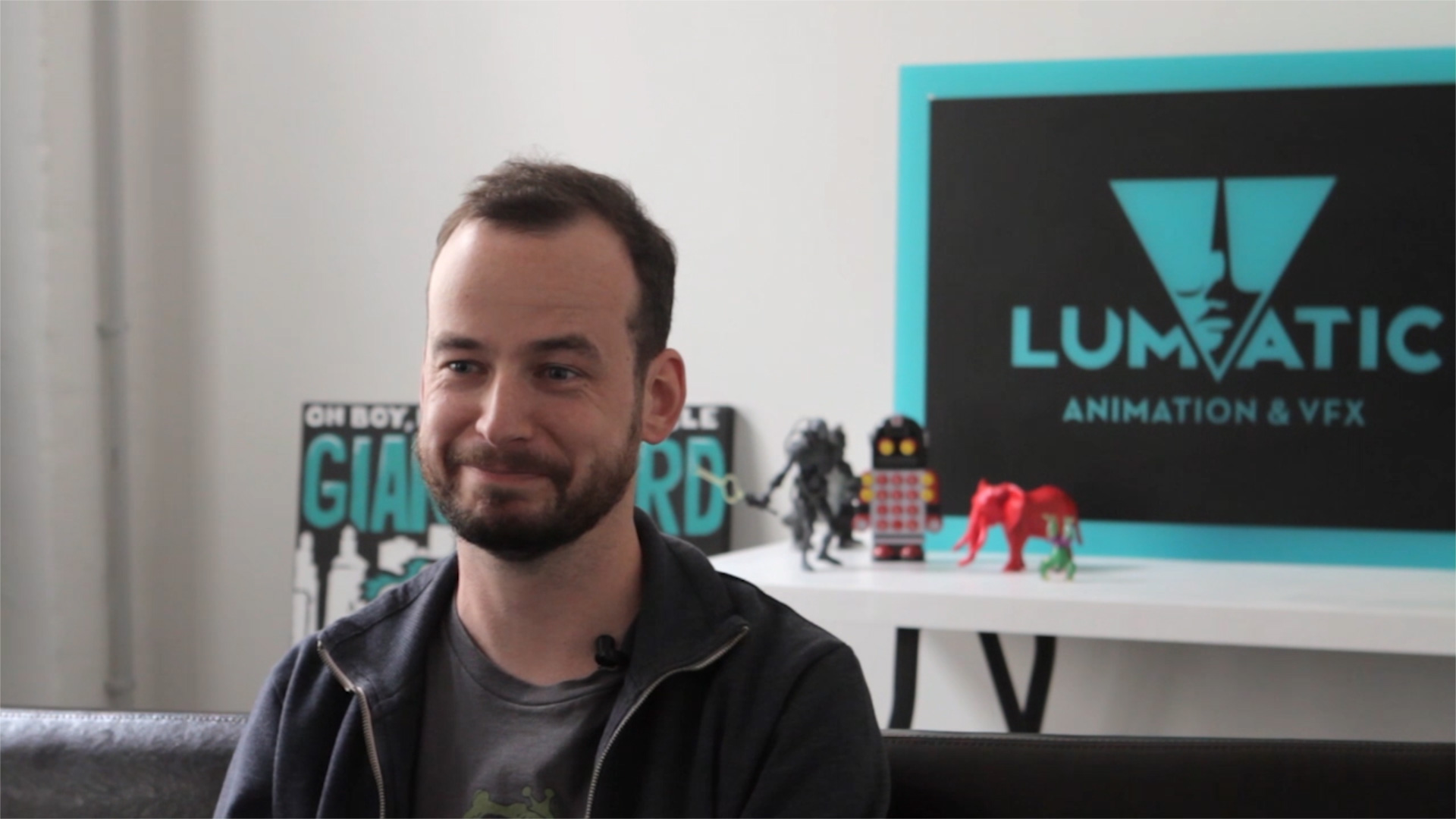
Lars KrügerAnimator & Co-Founder Lumatic
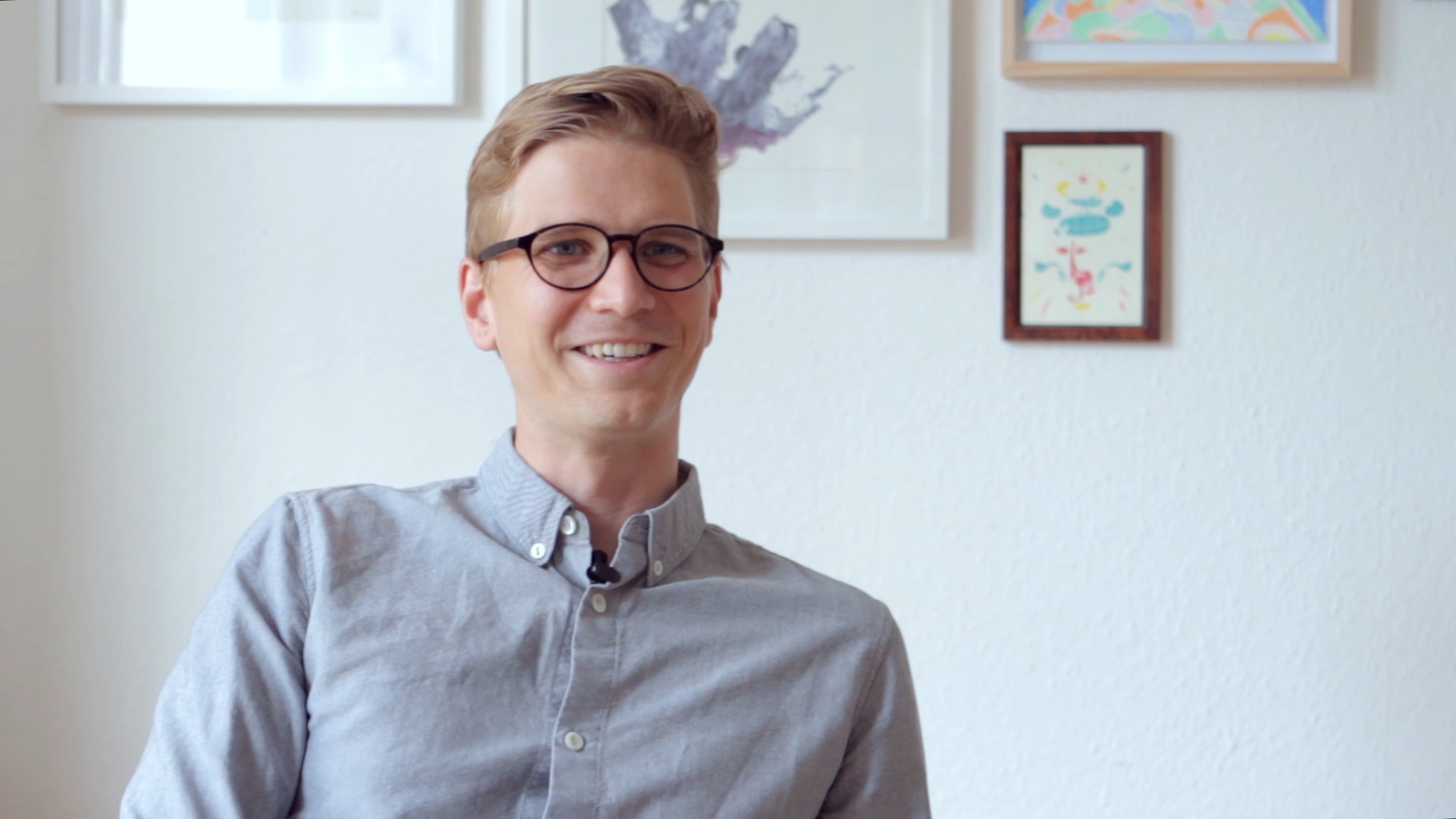
Conrad OstwaldAnimator & Compositor
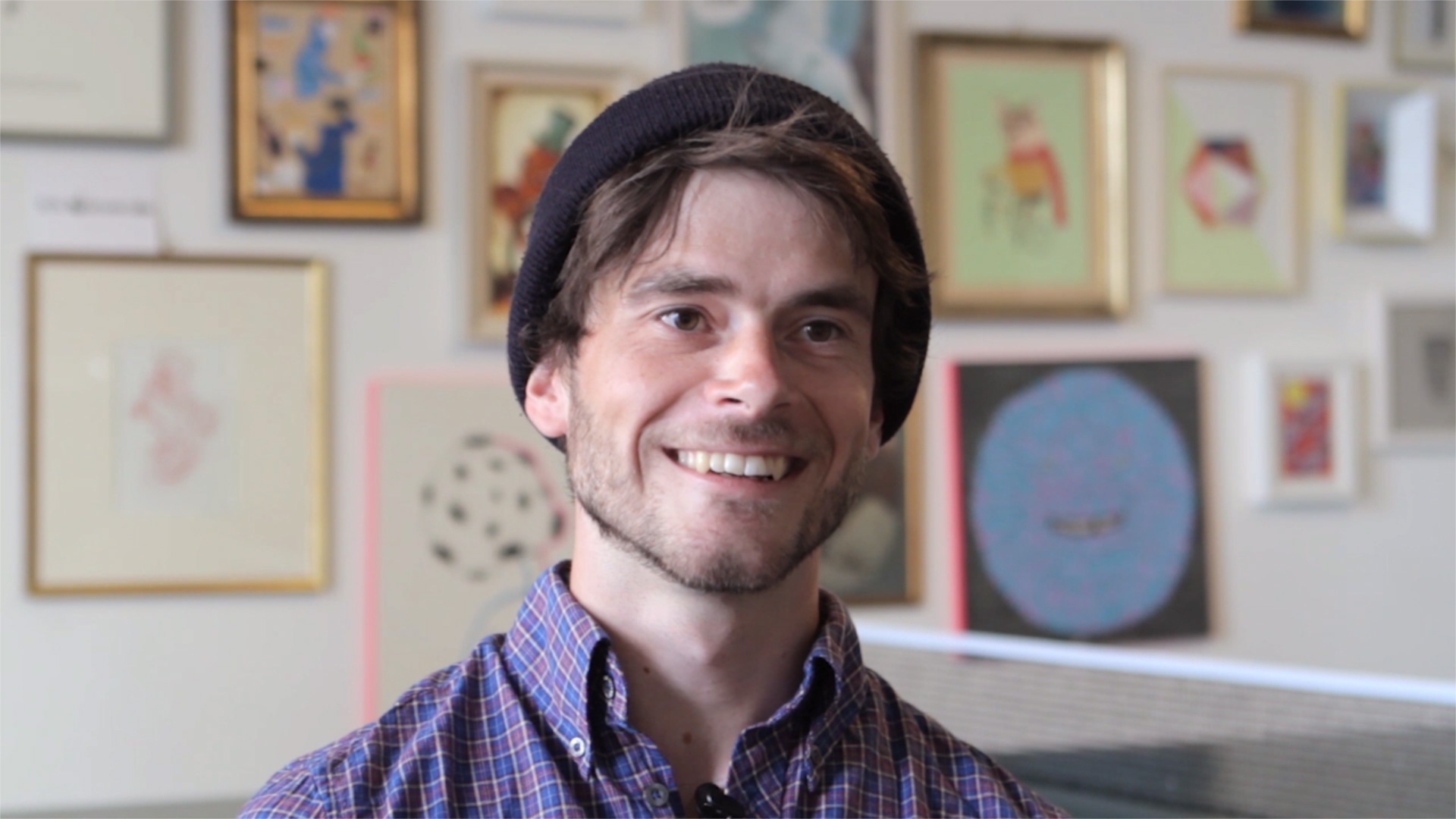
Kristian BarthenFotograf
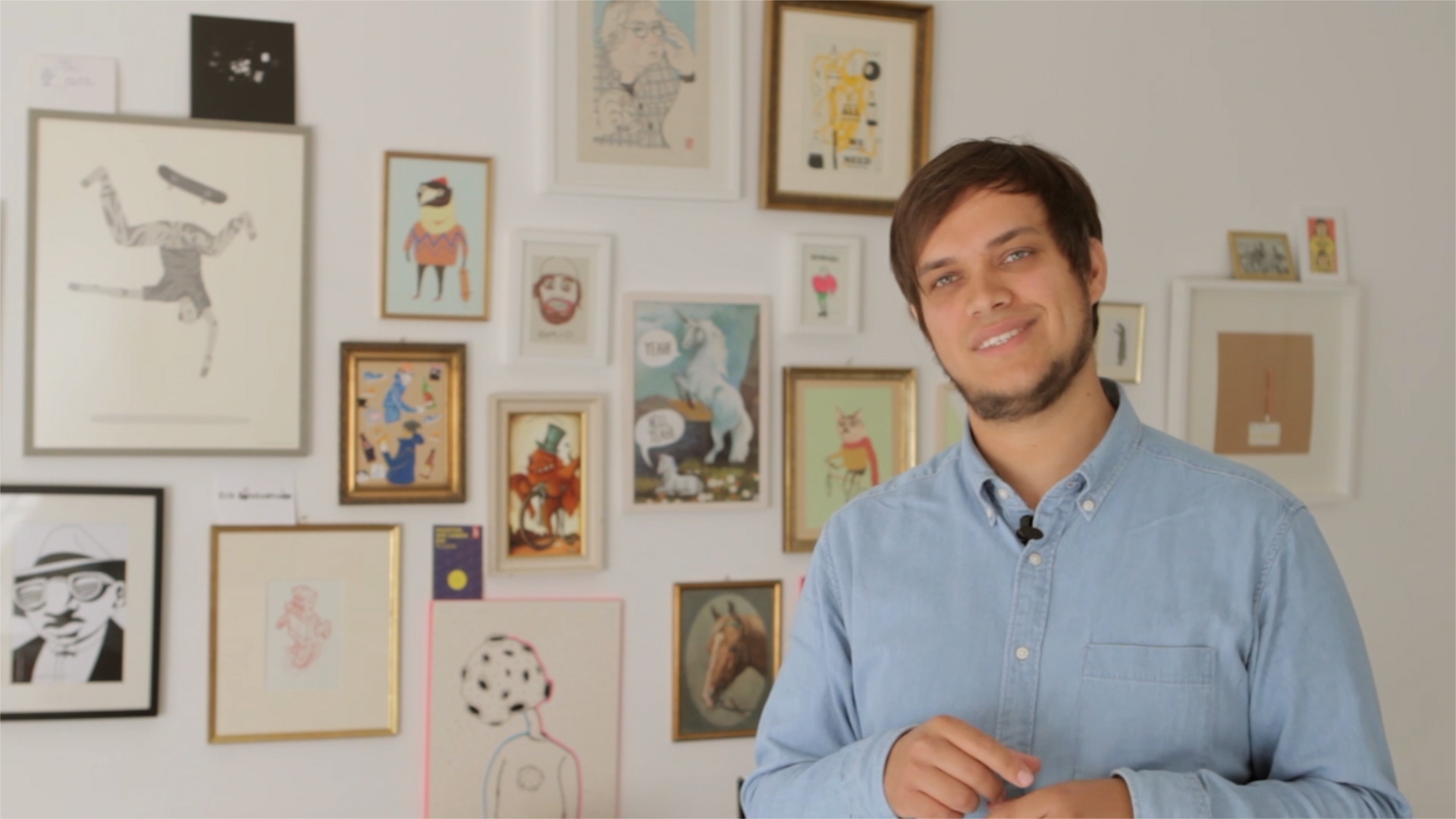
Mario GorniokArt Director, Motion Designer & Founder KEENLY
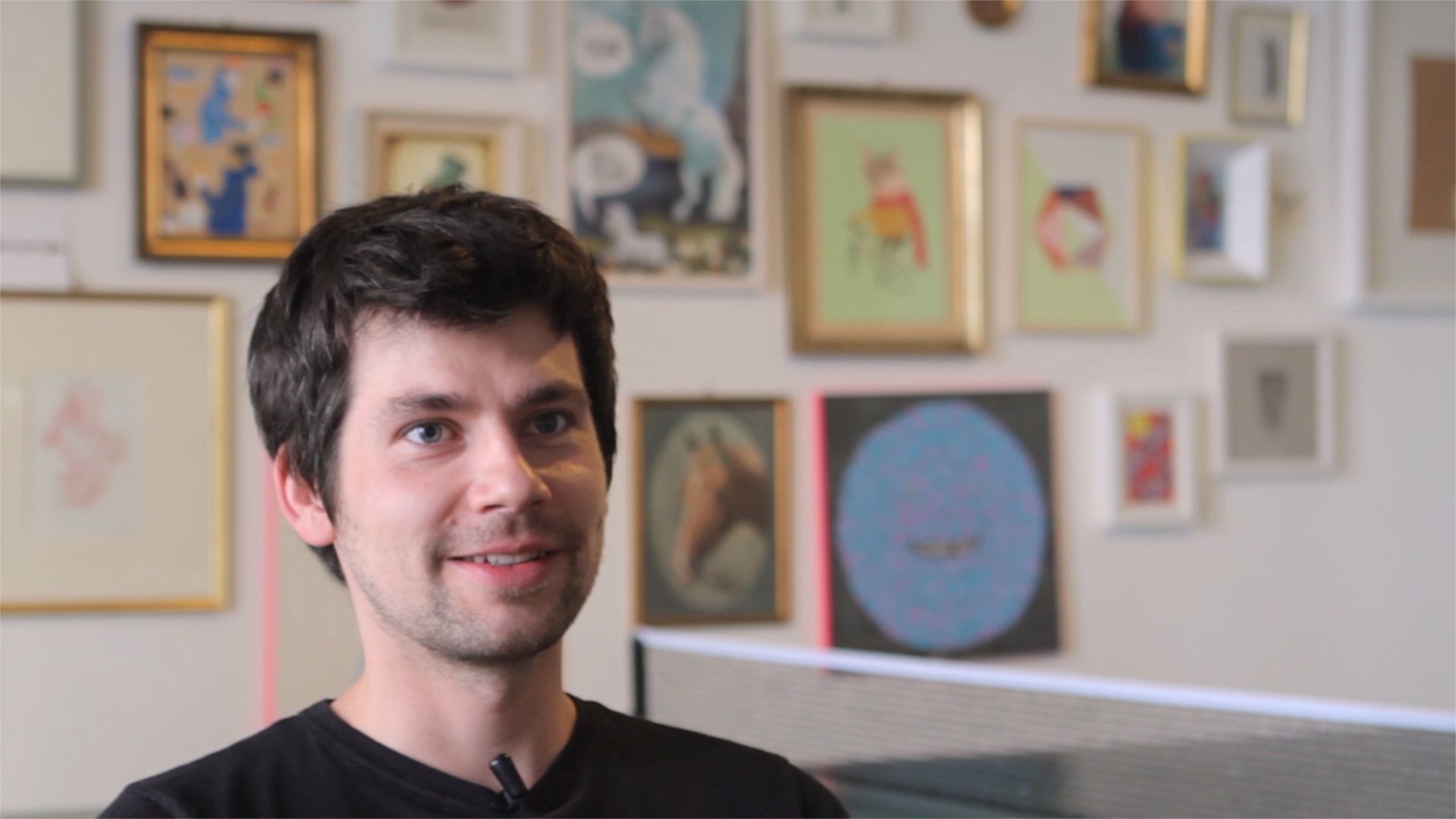
Robert LöbelIllustrator & Animator